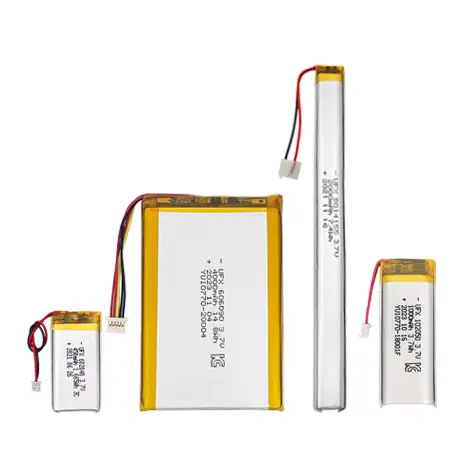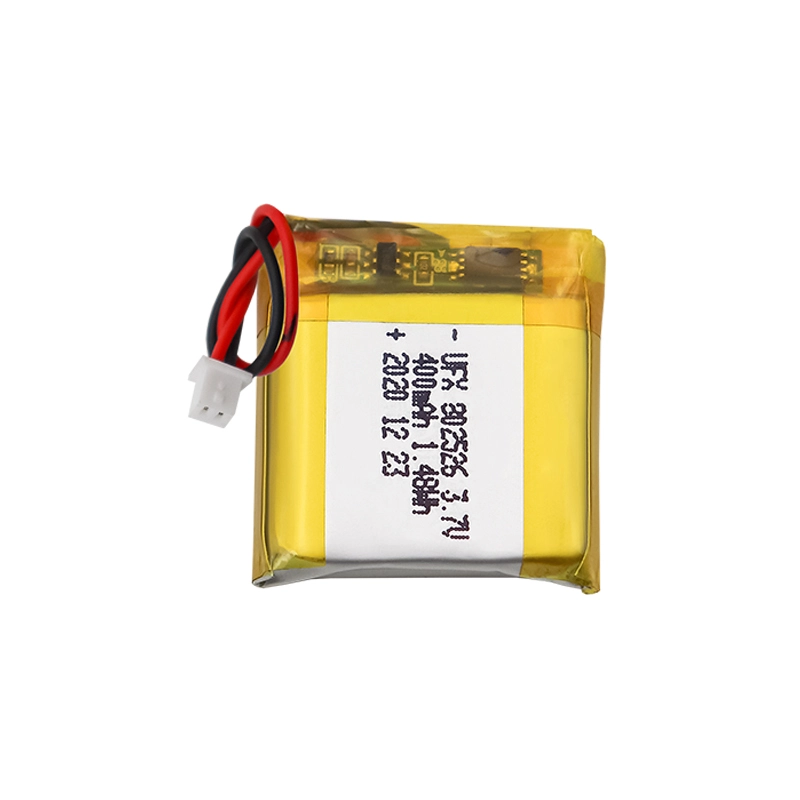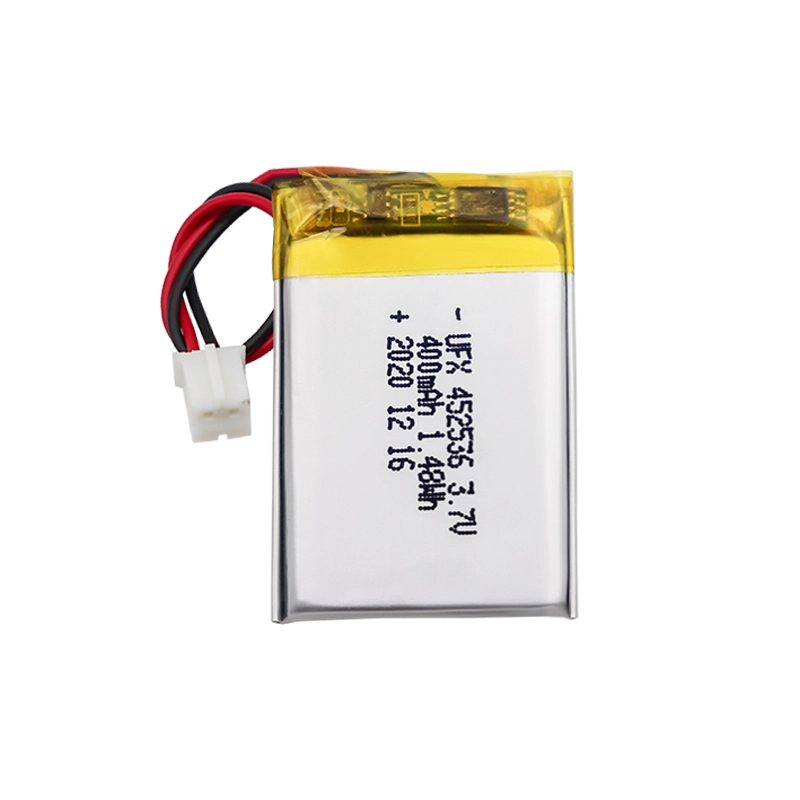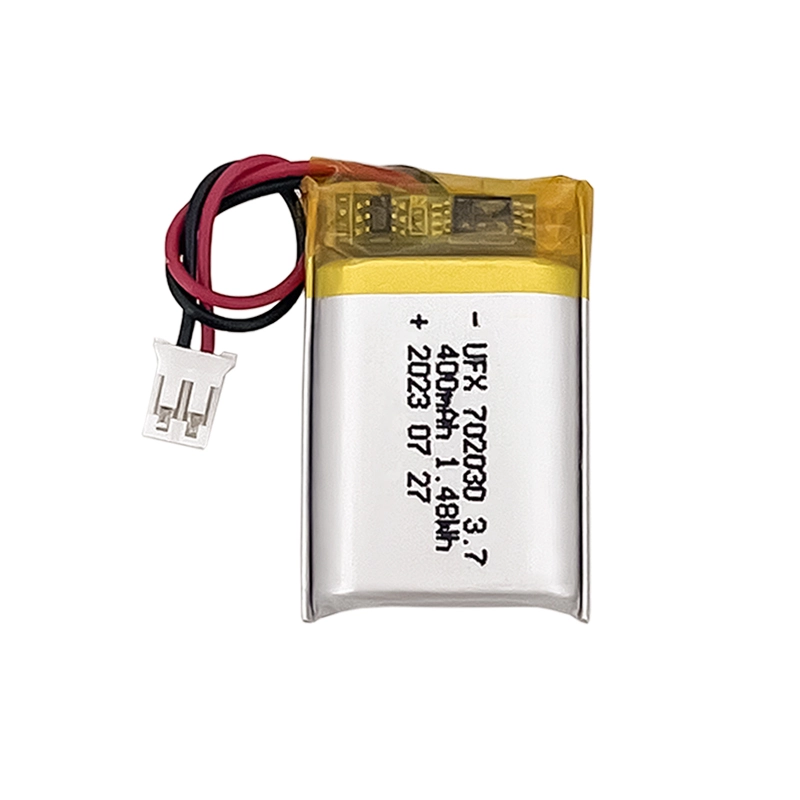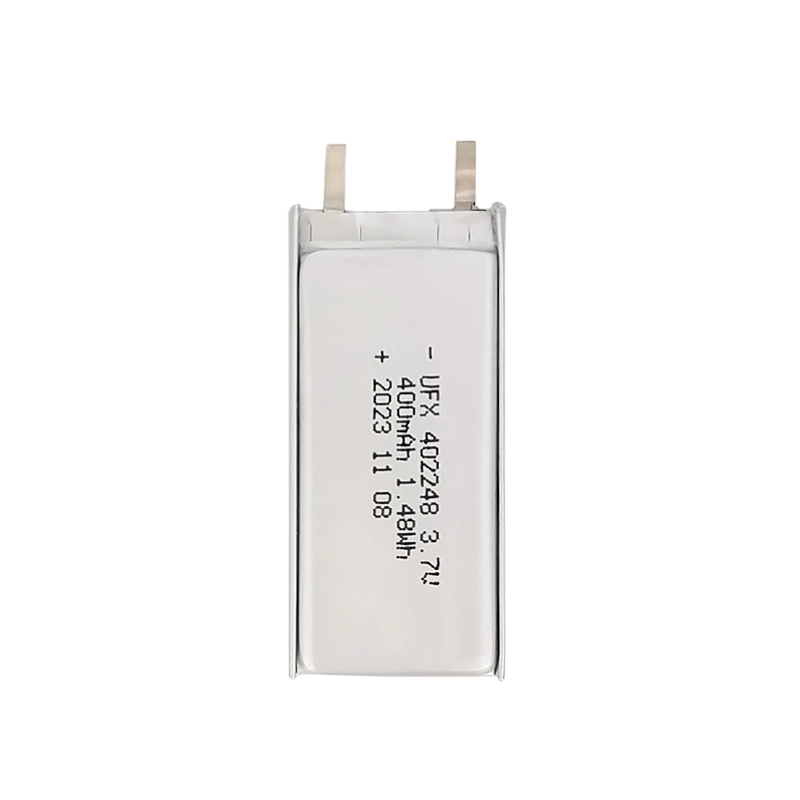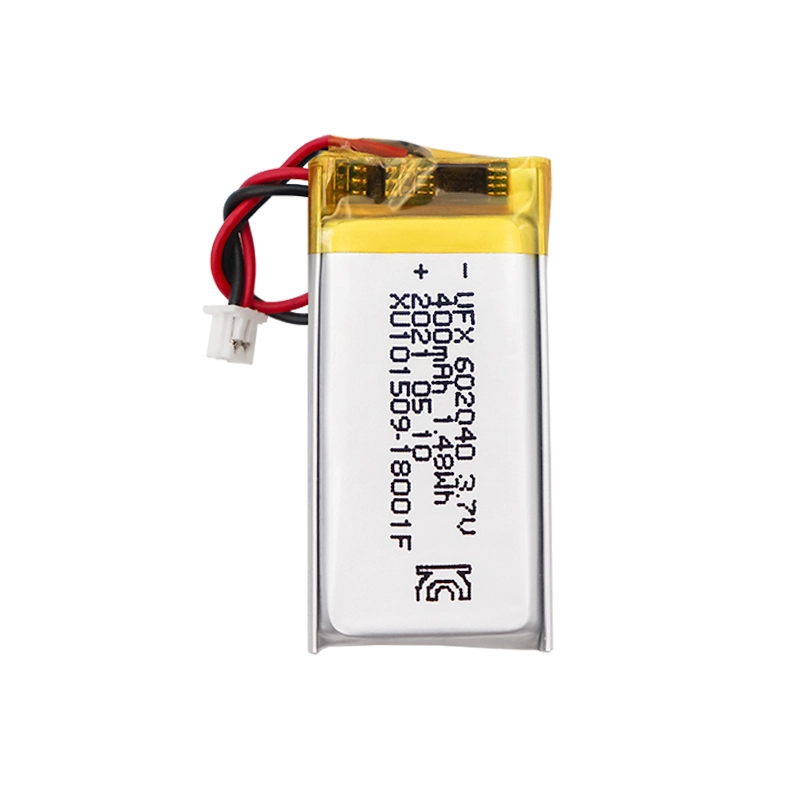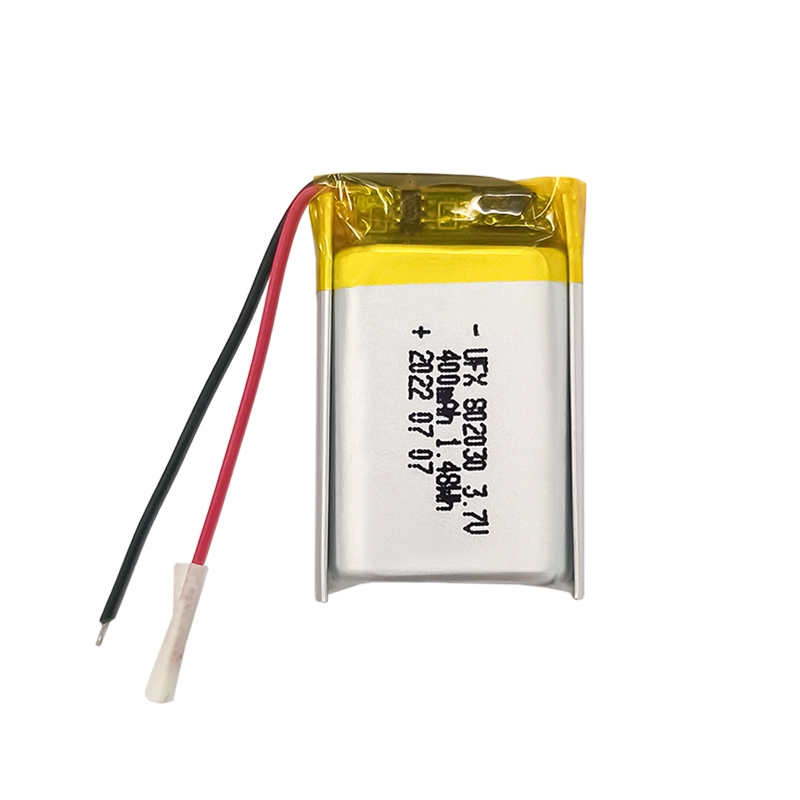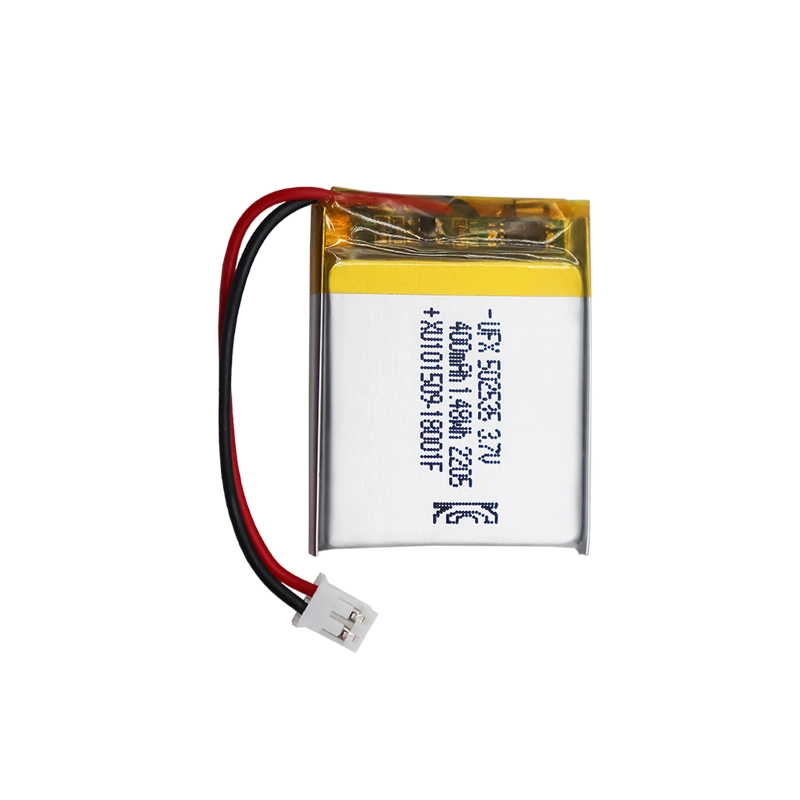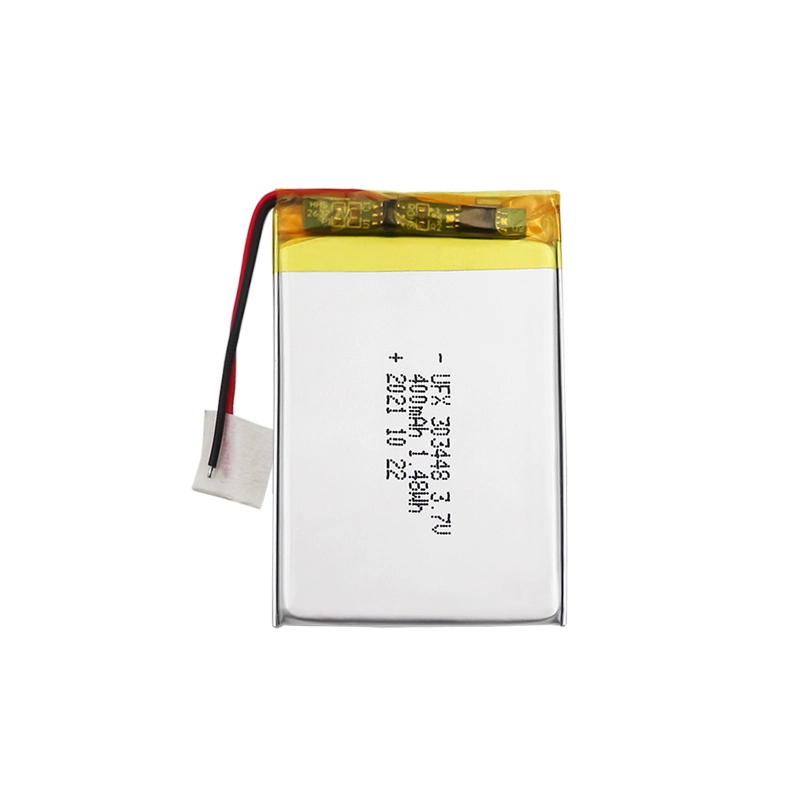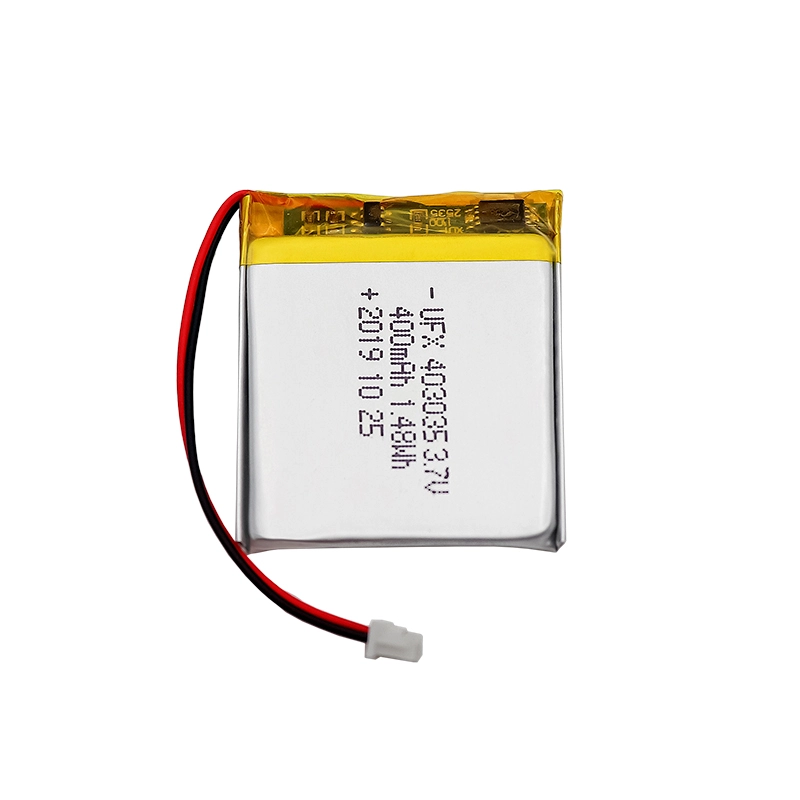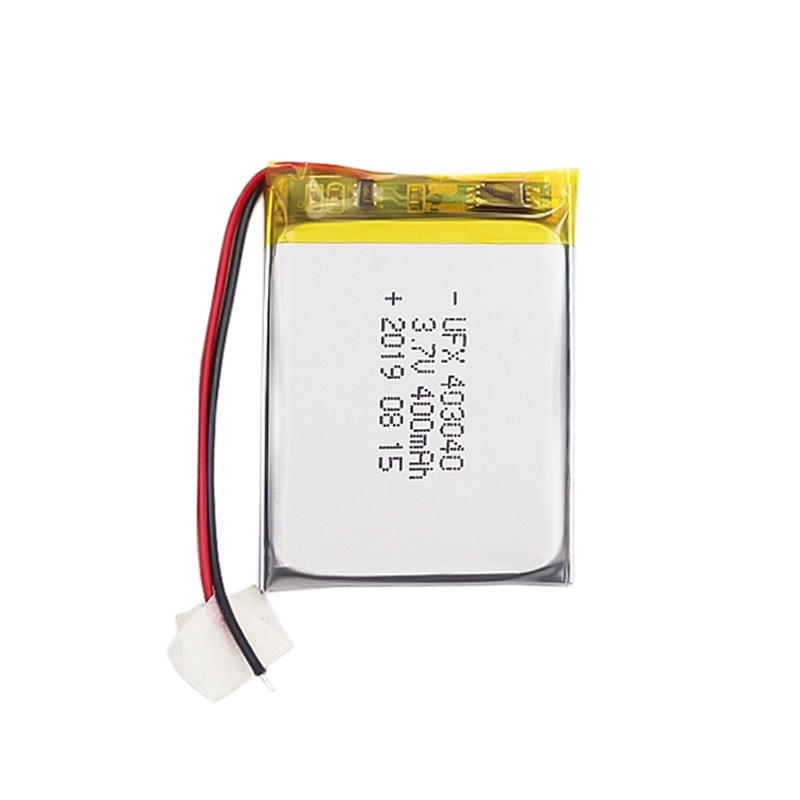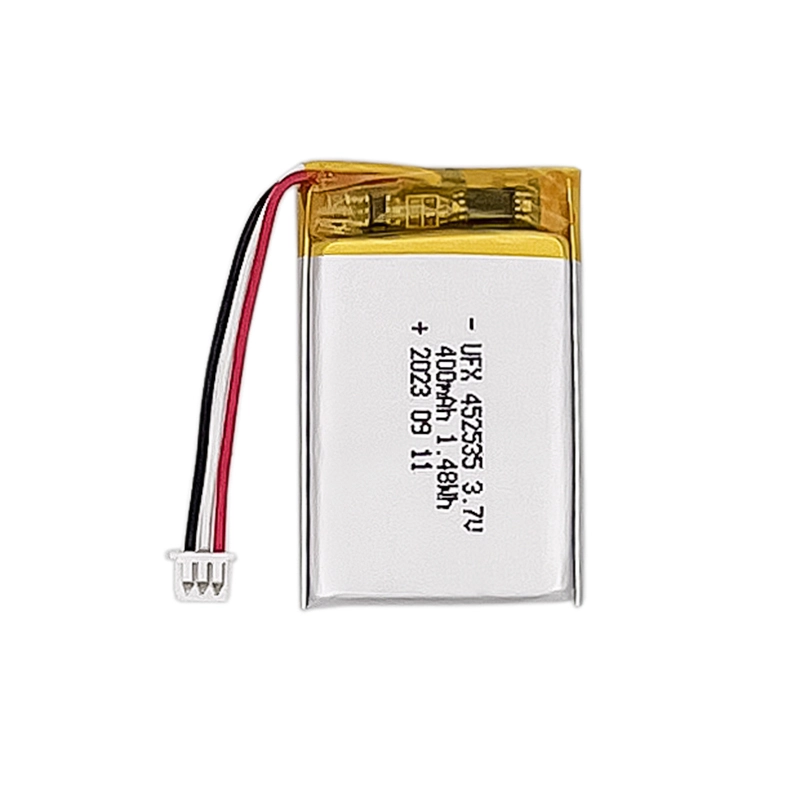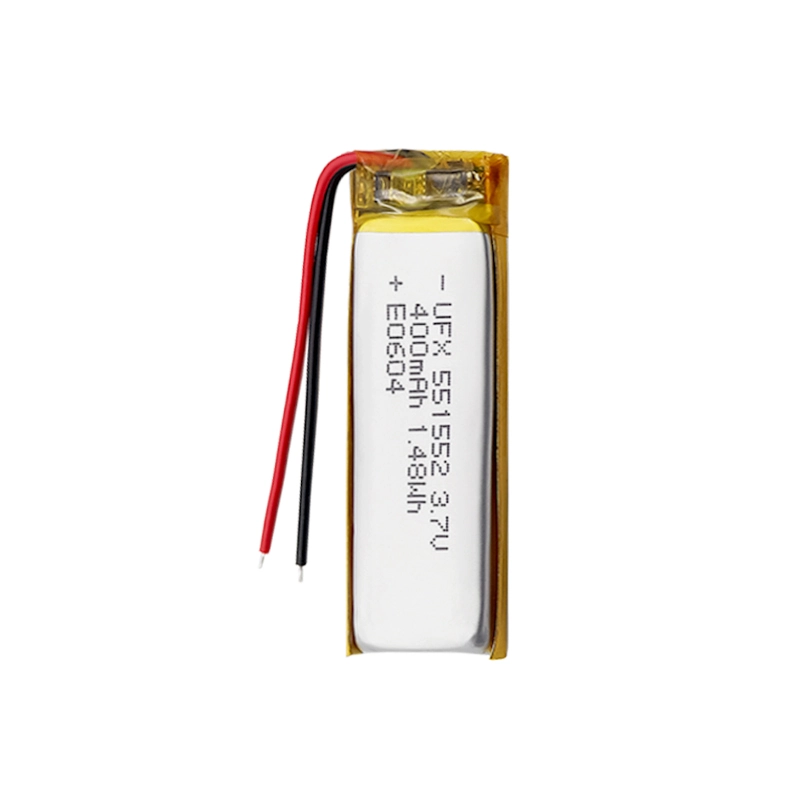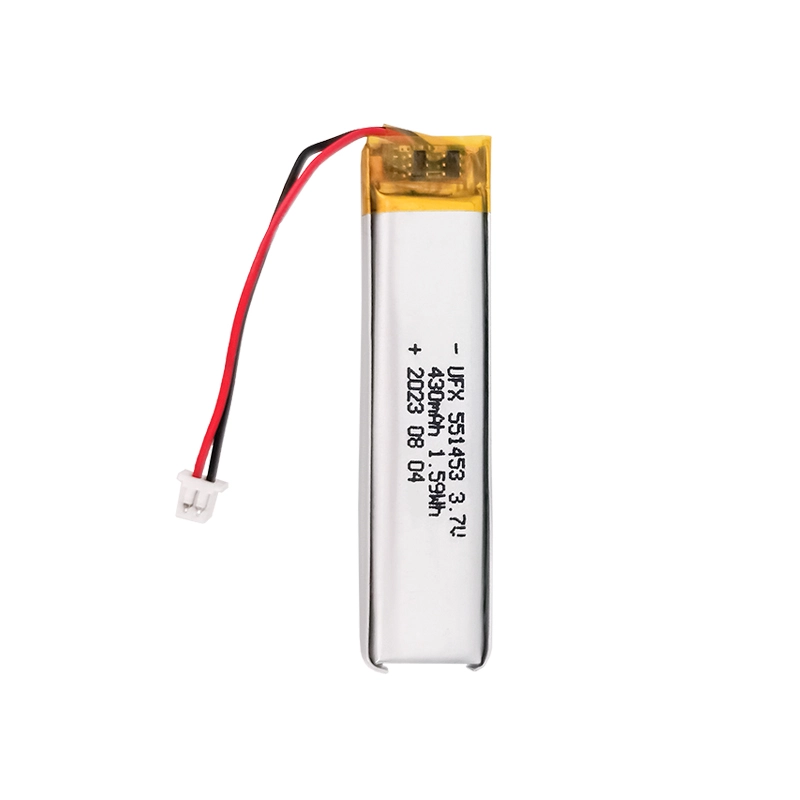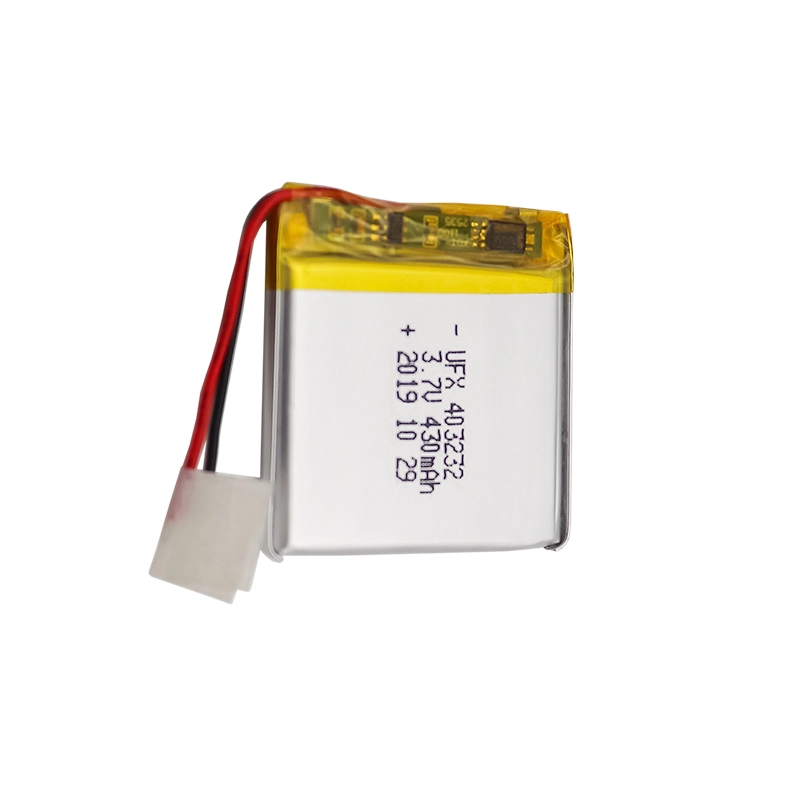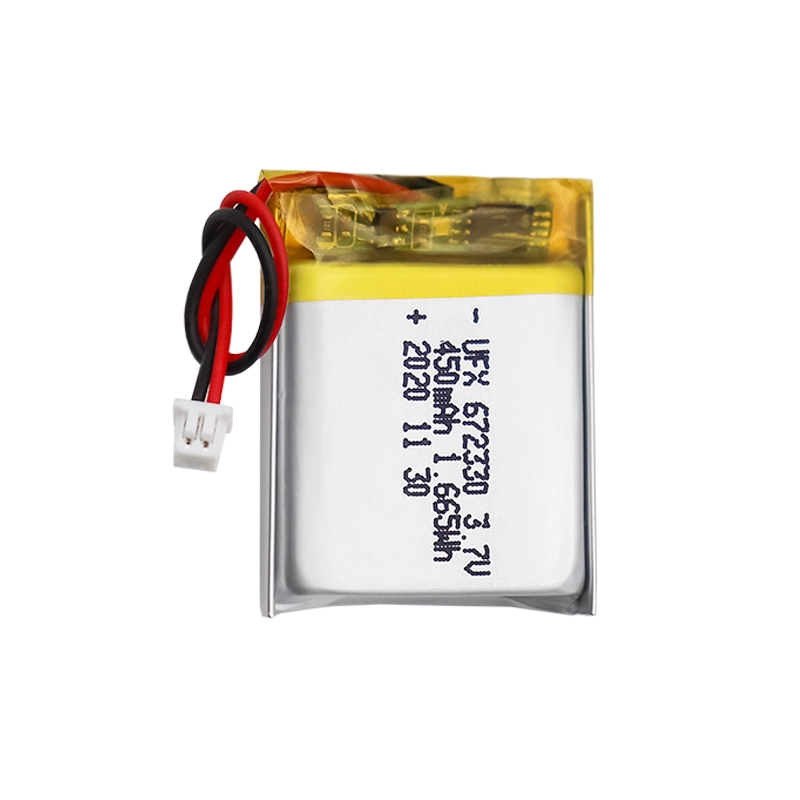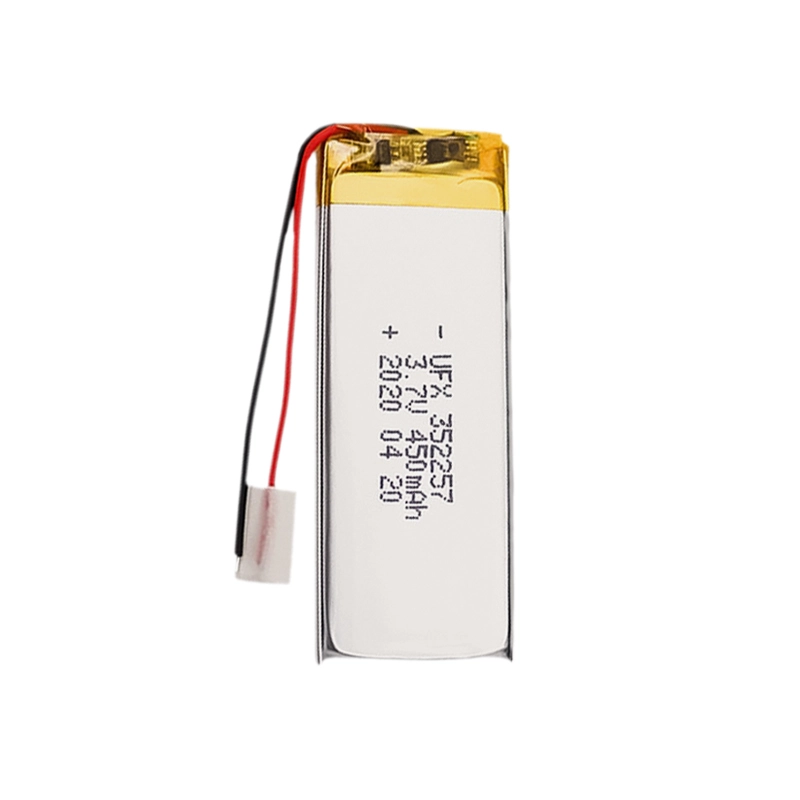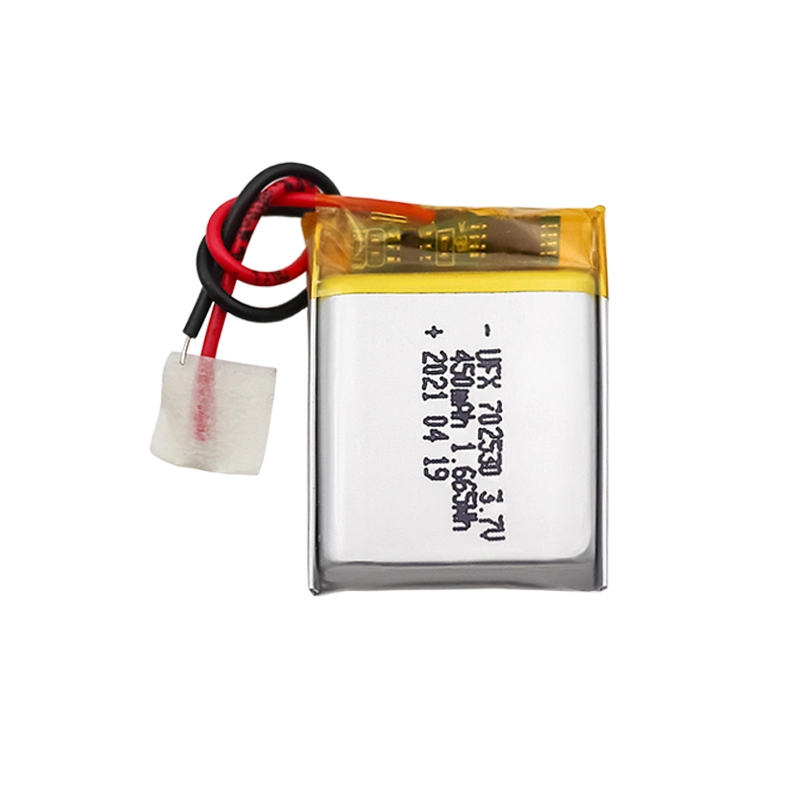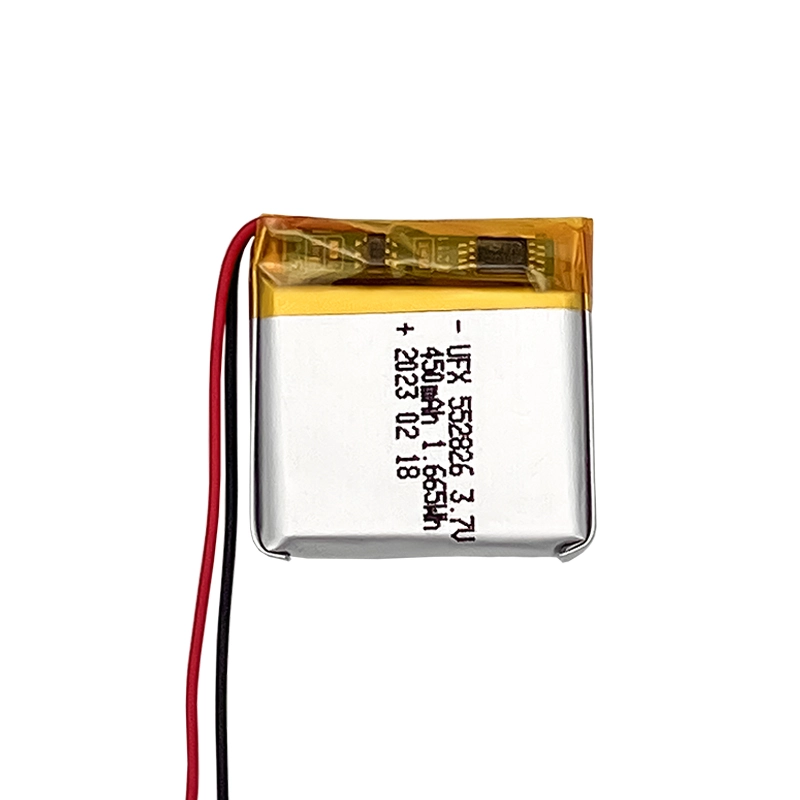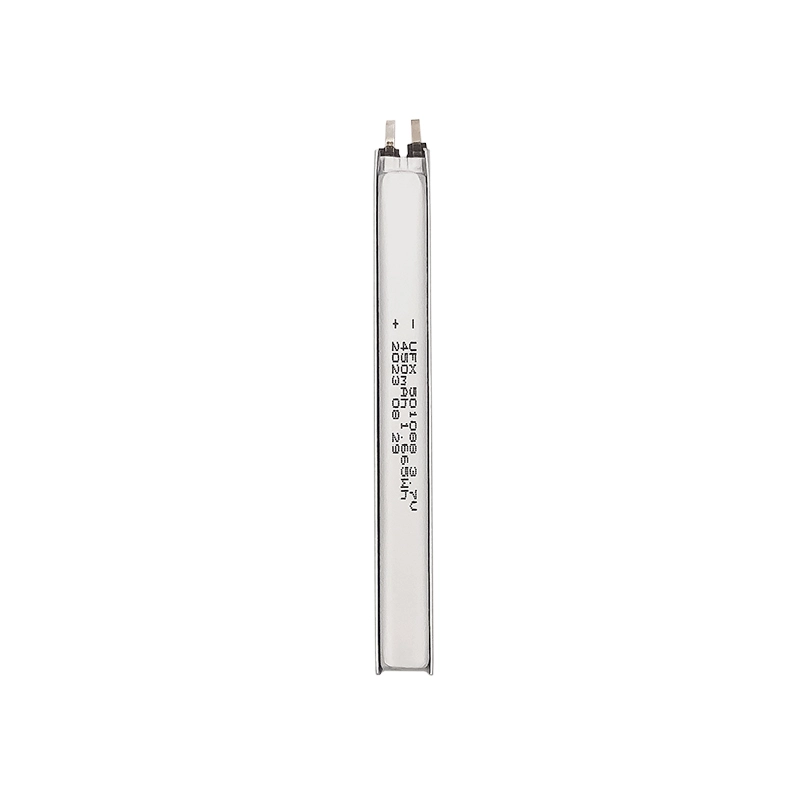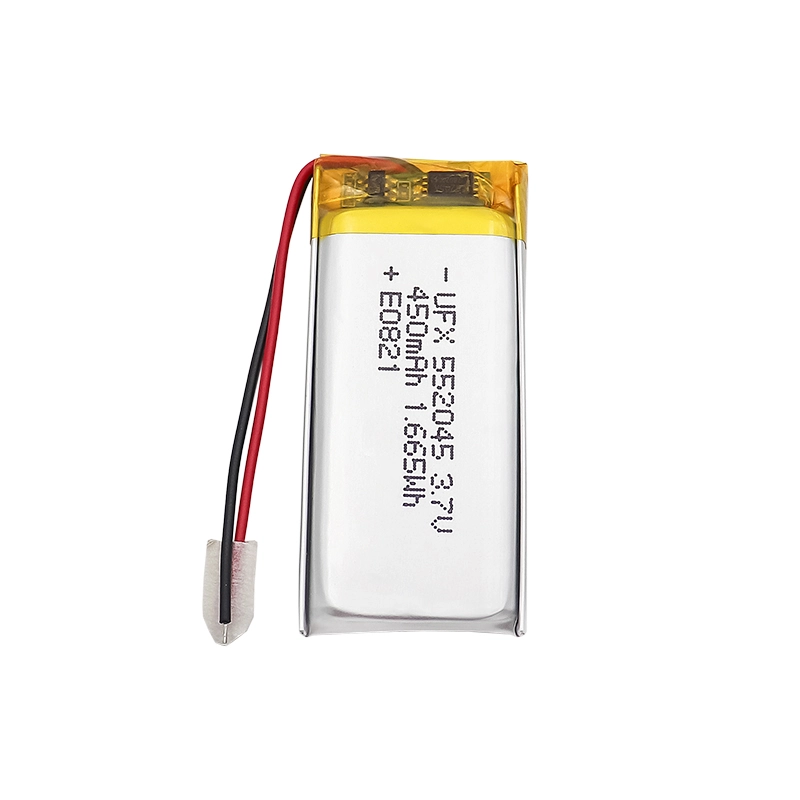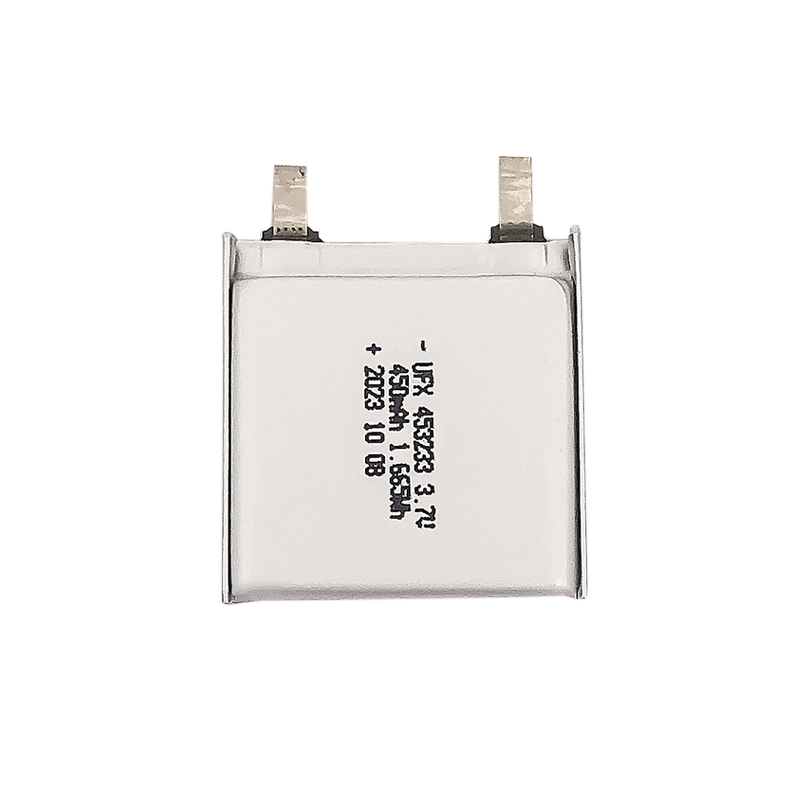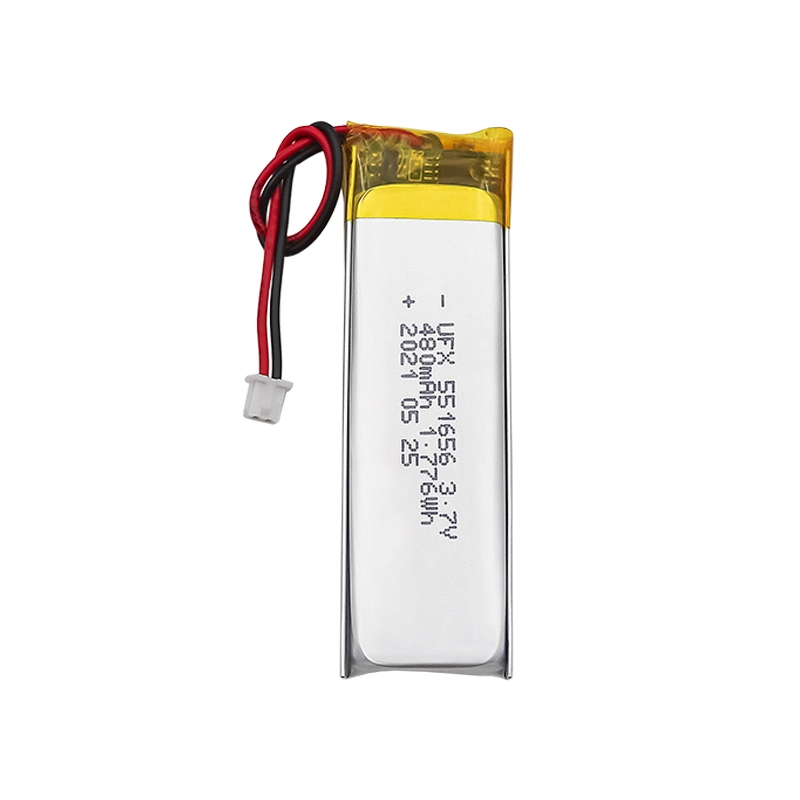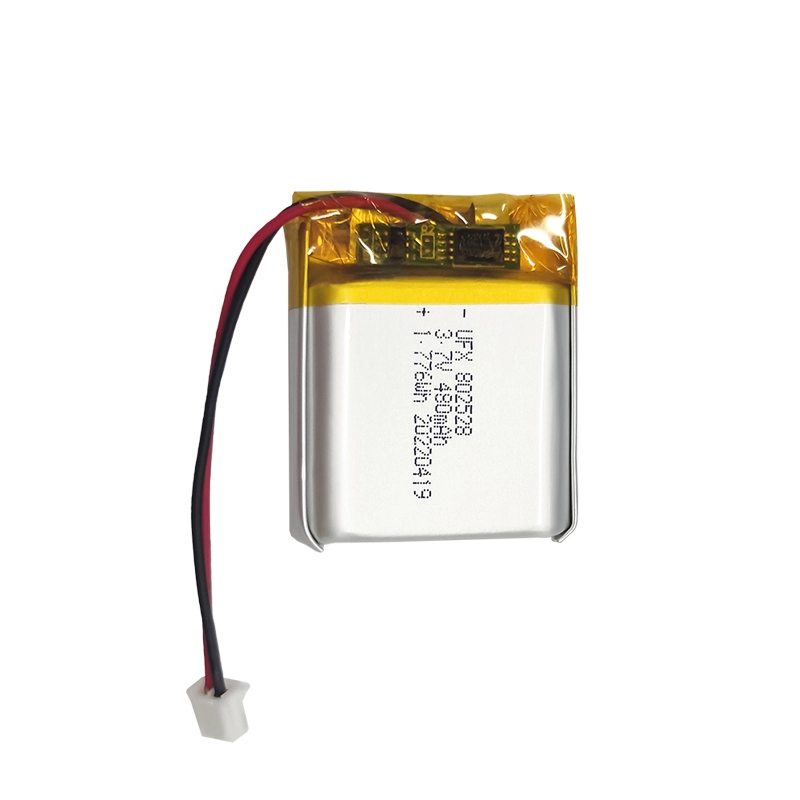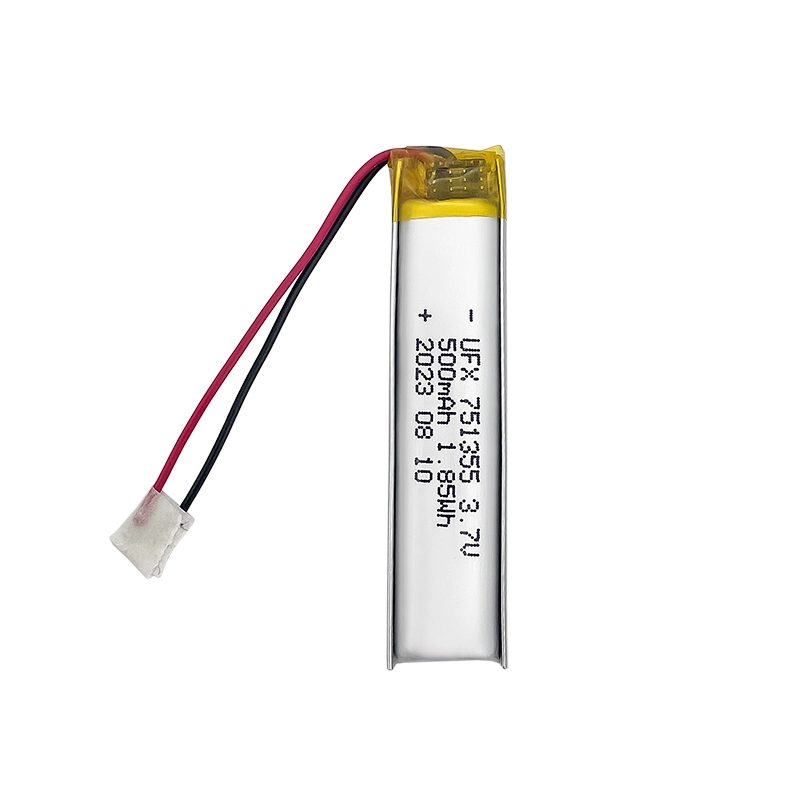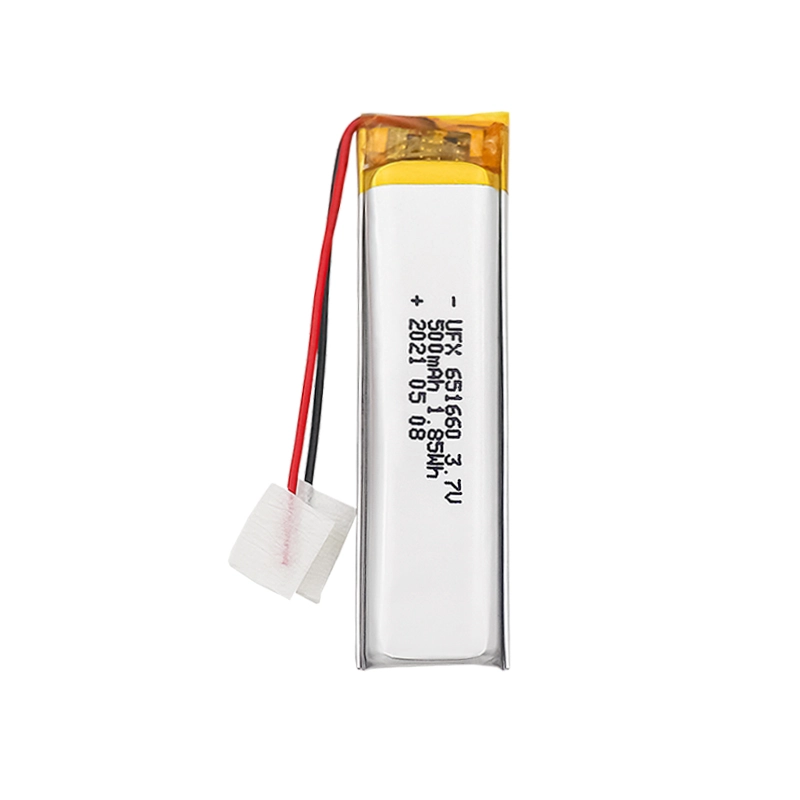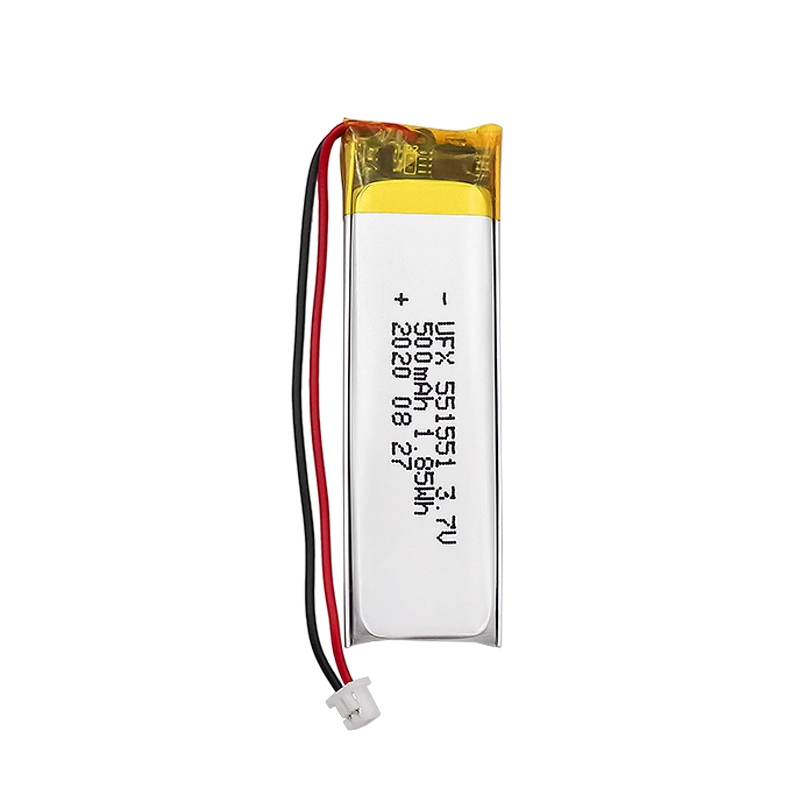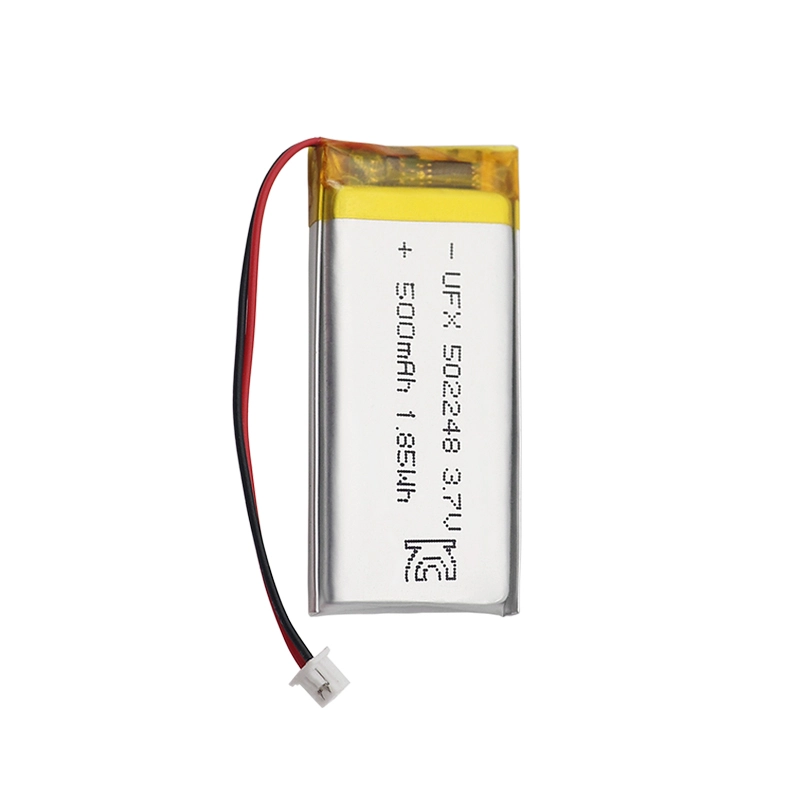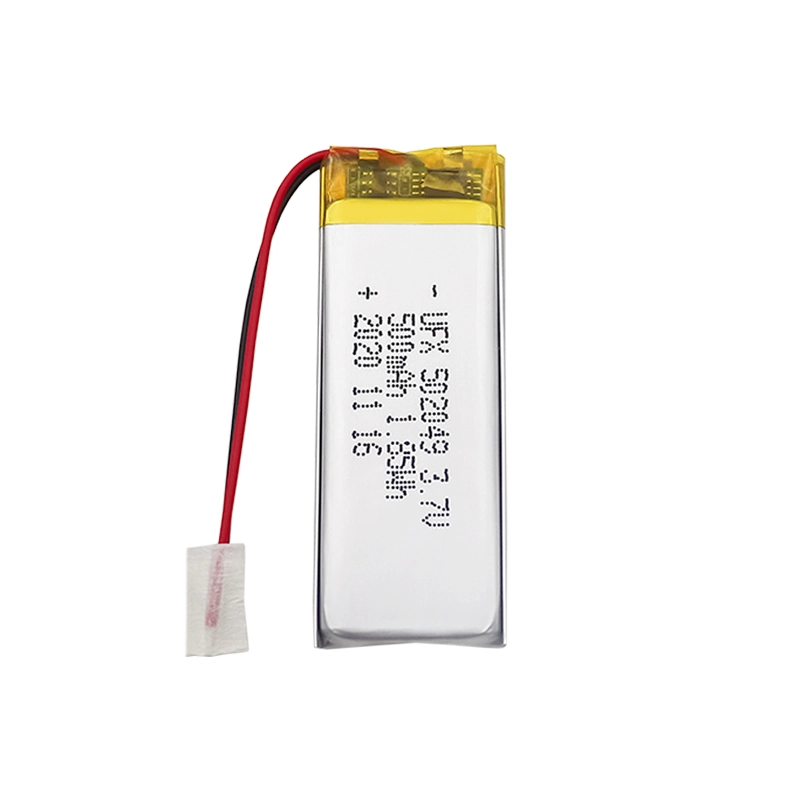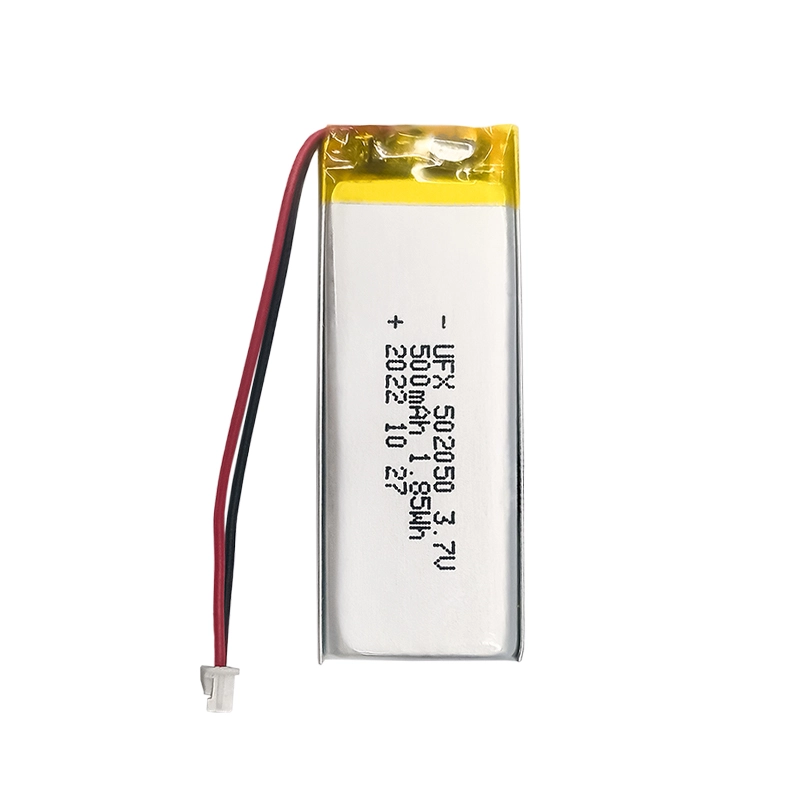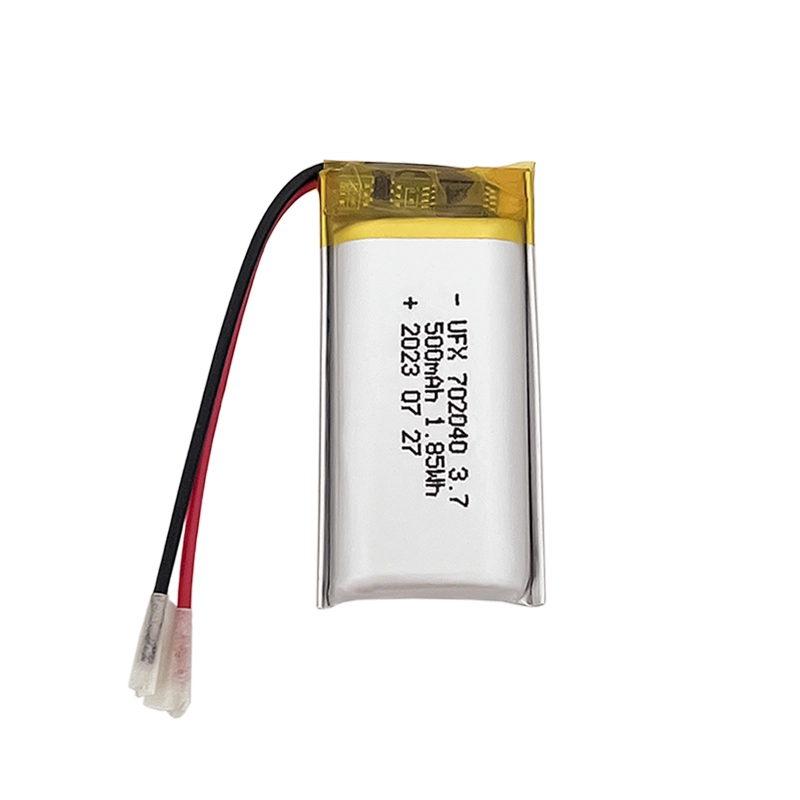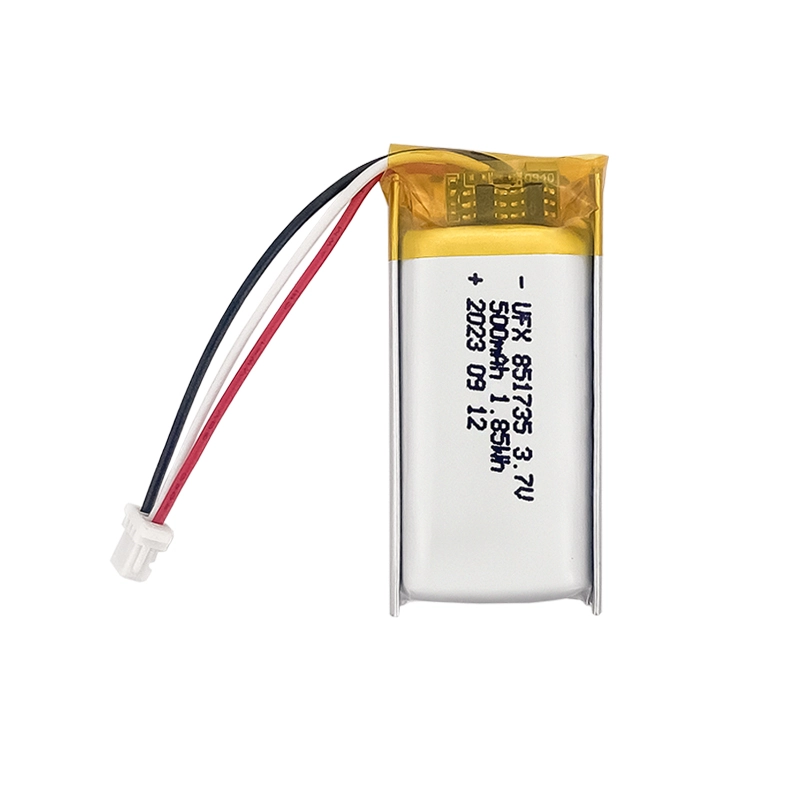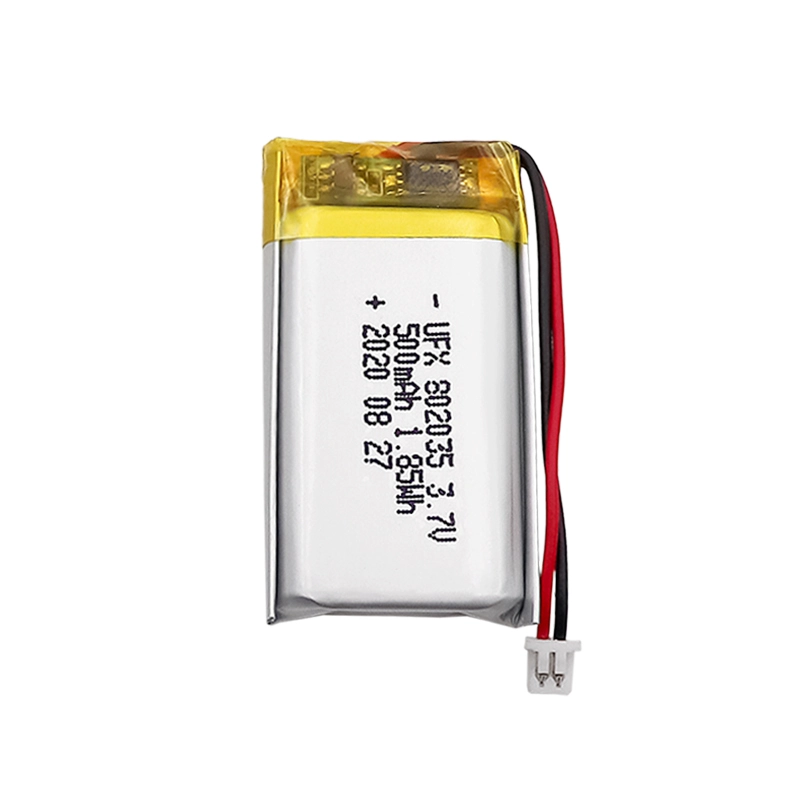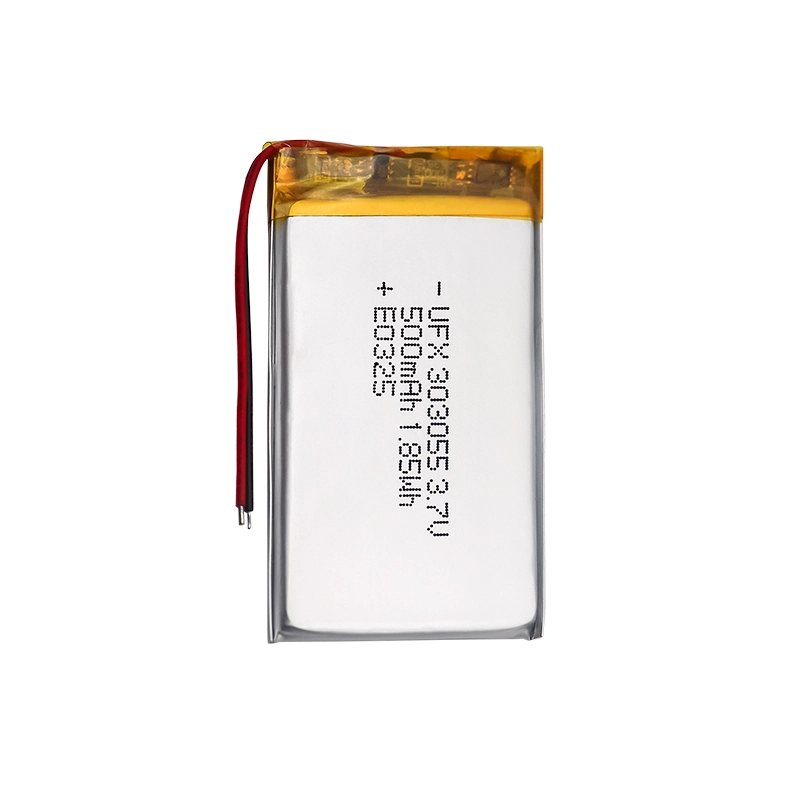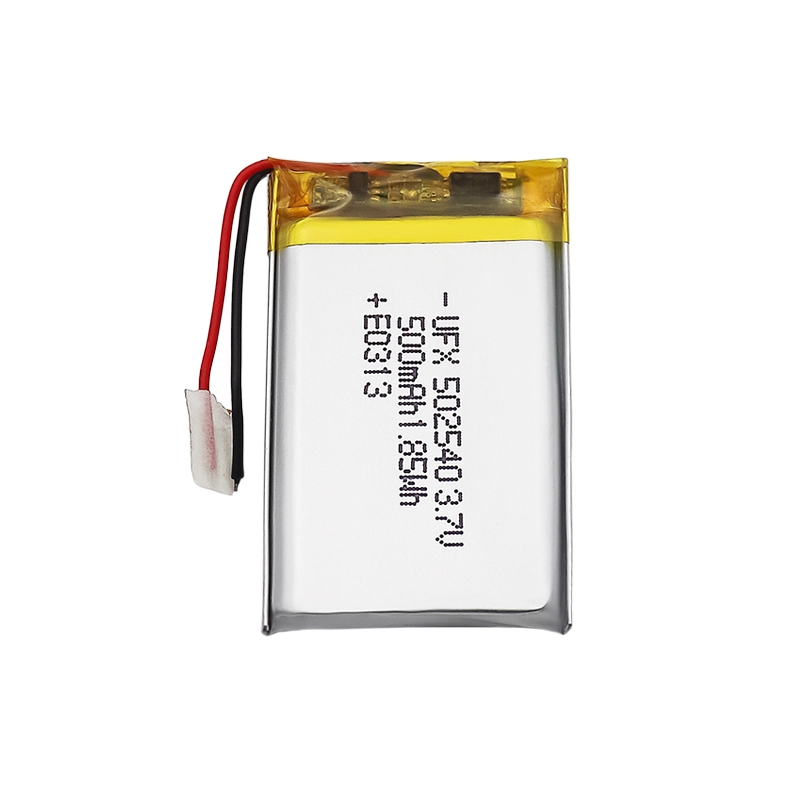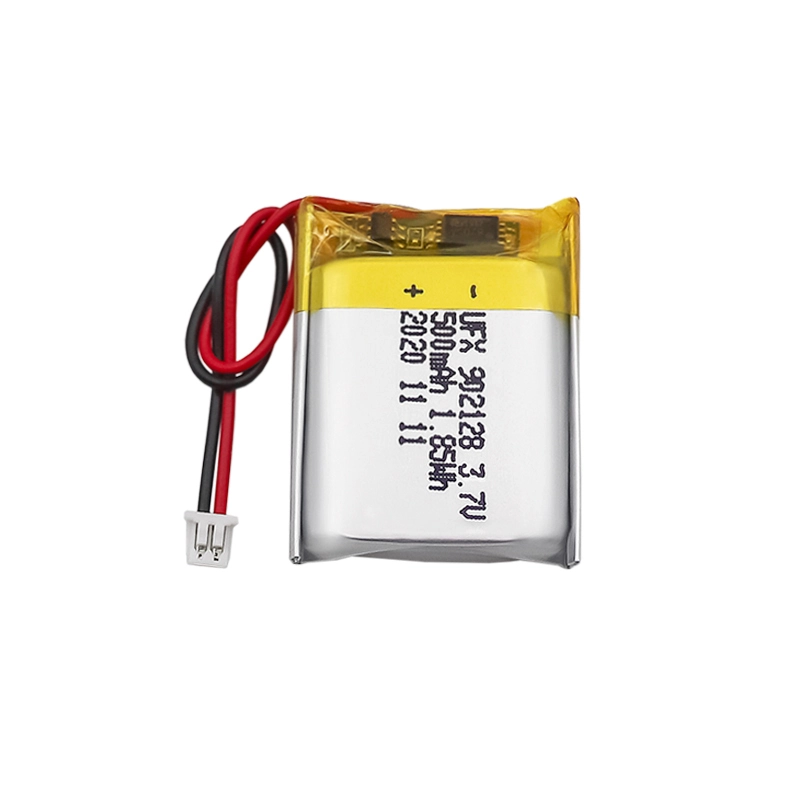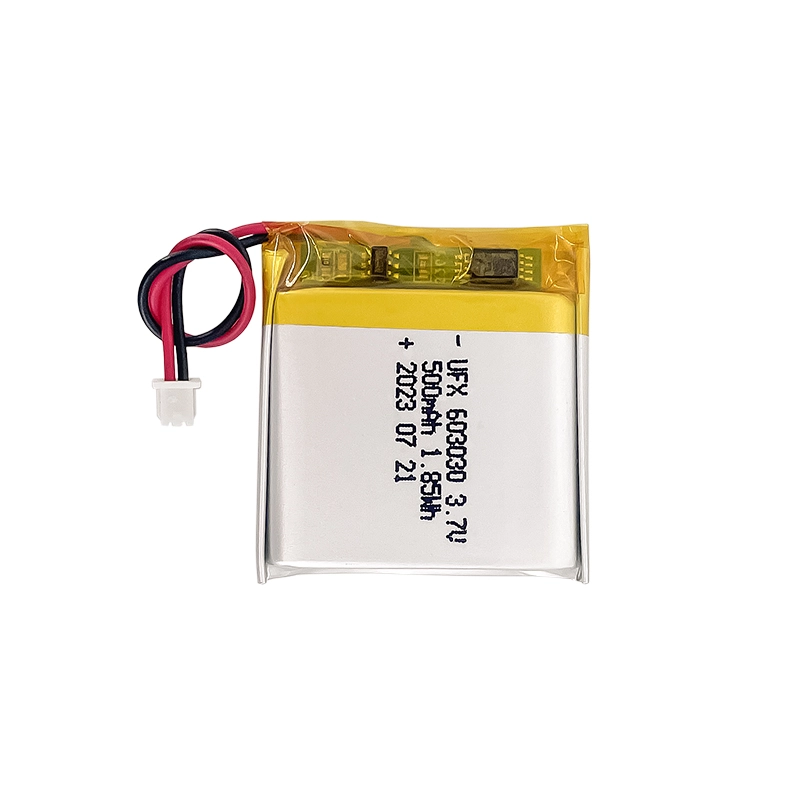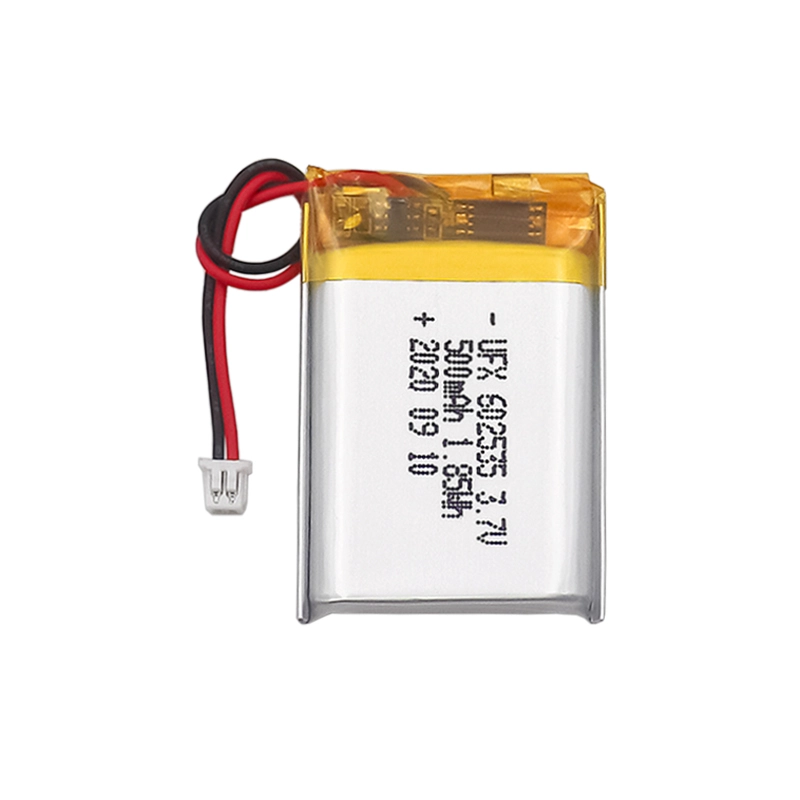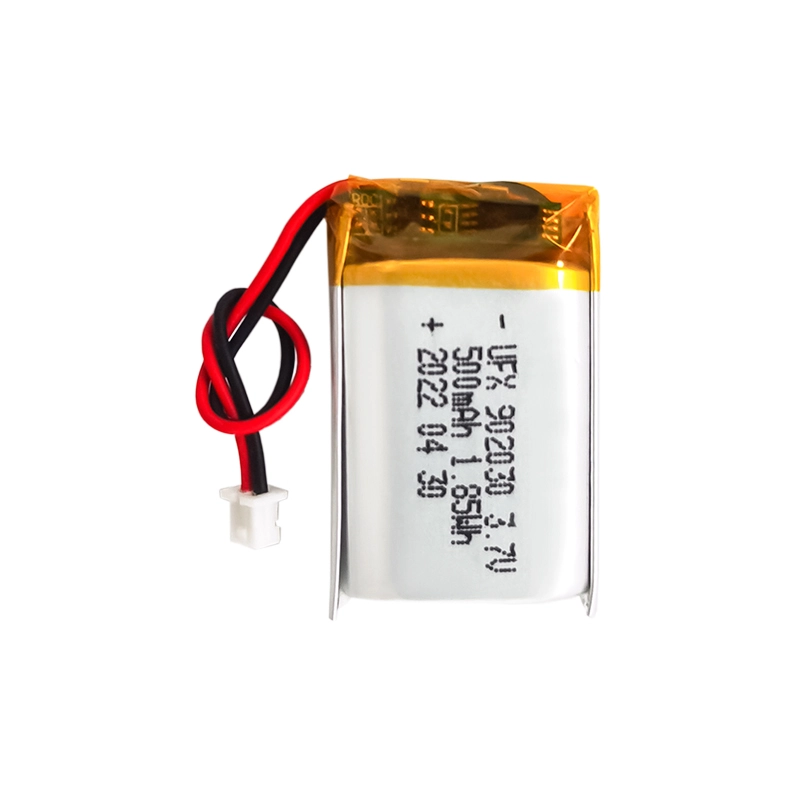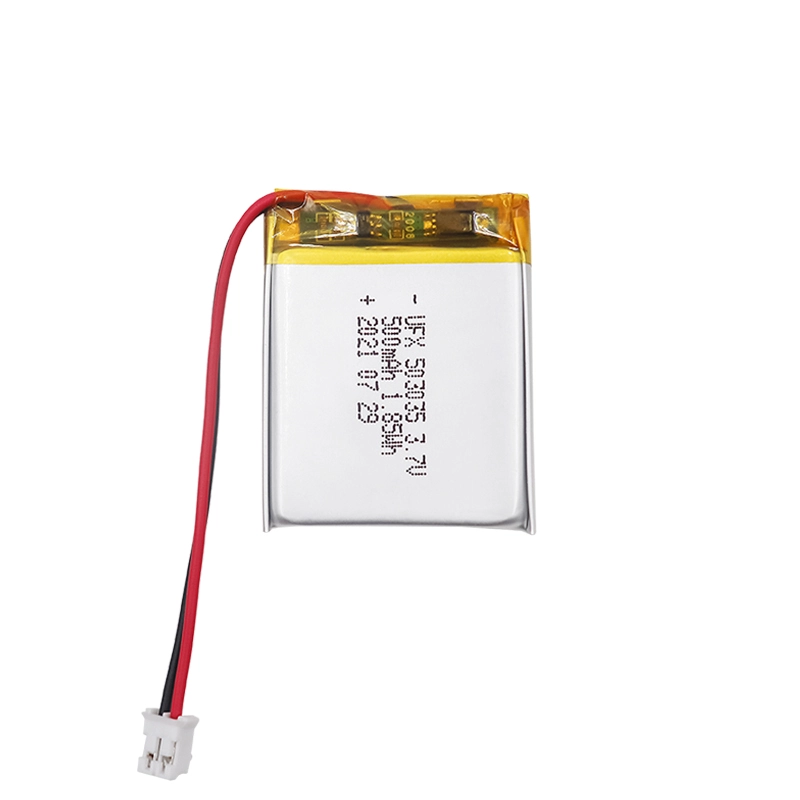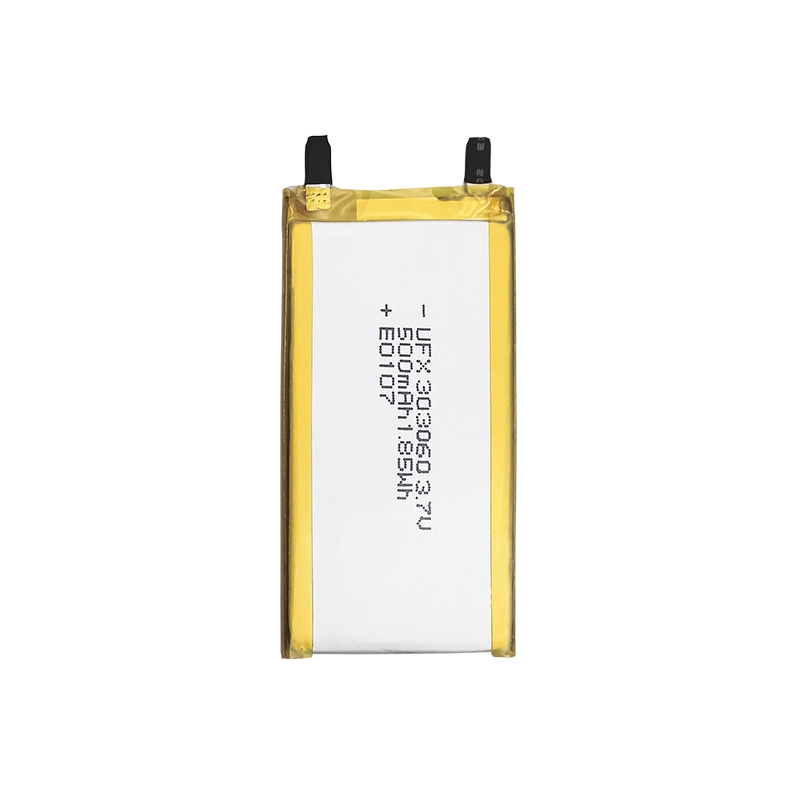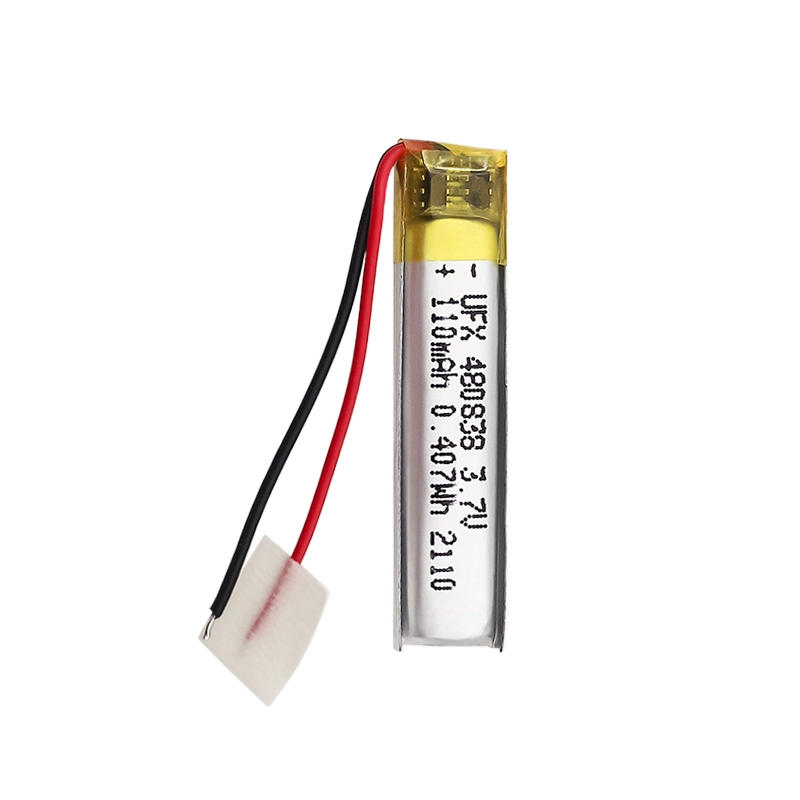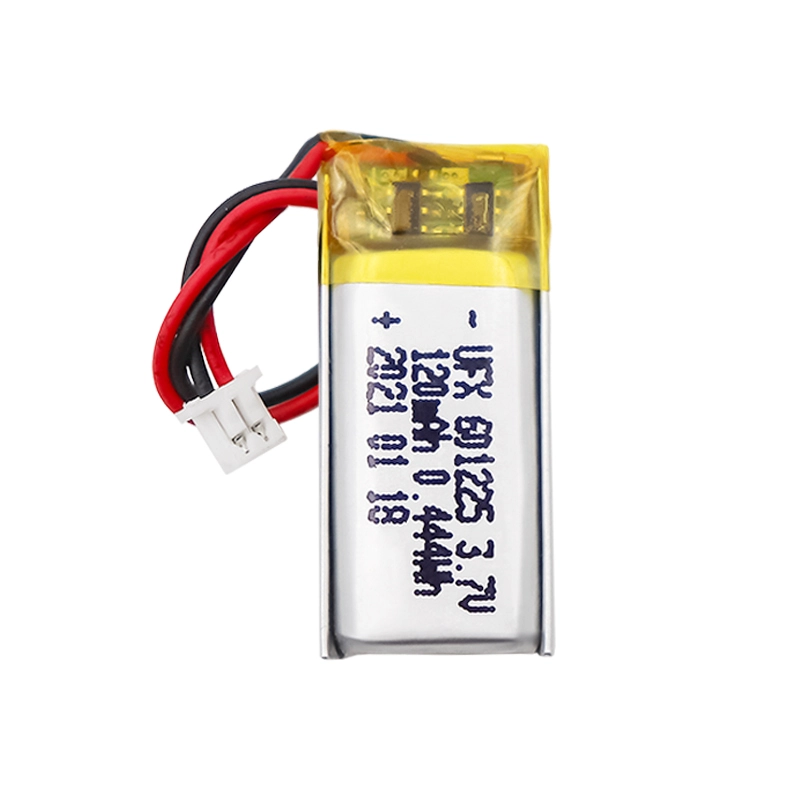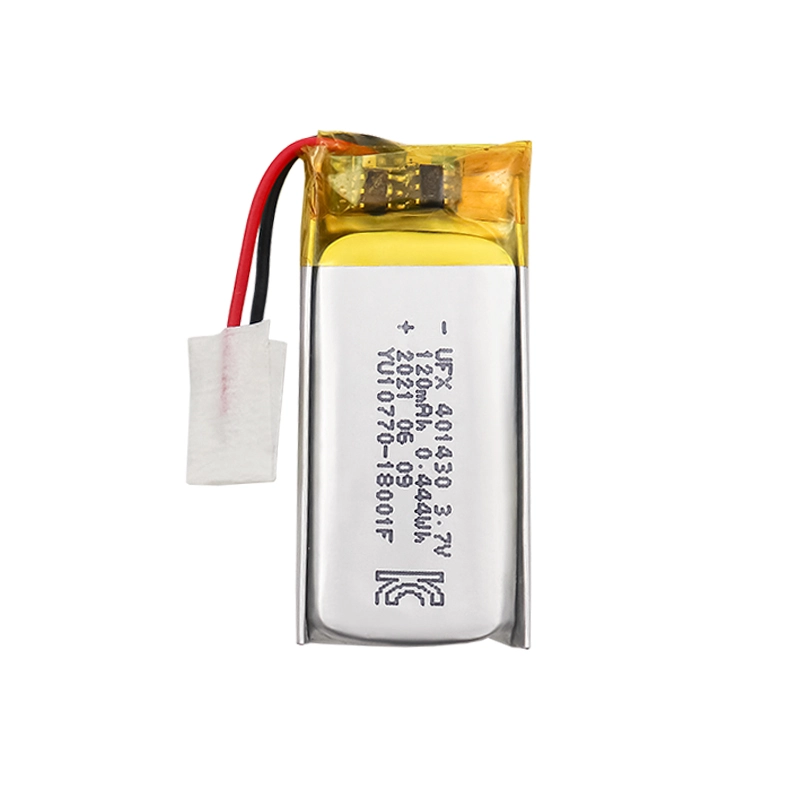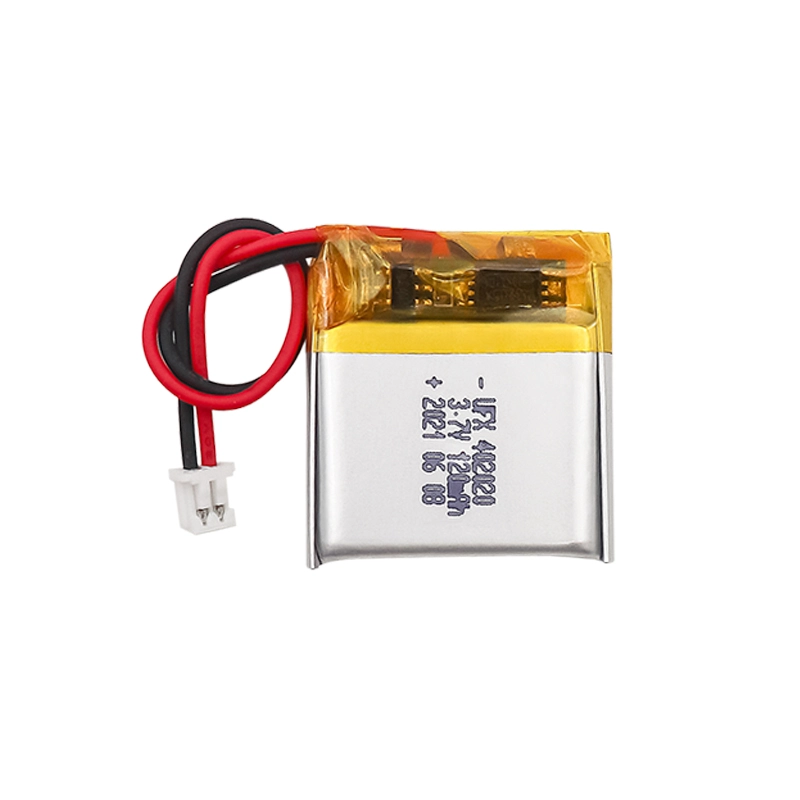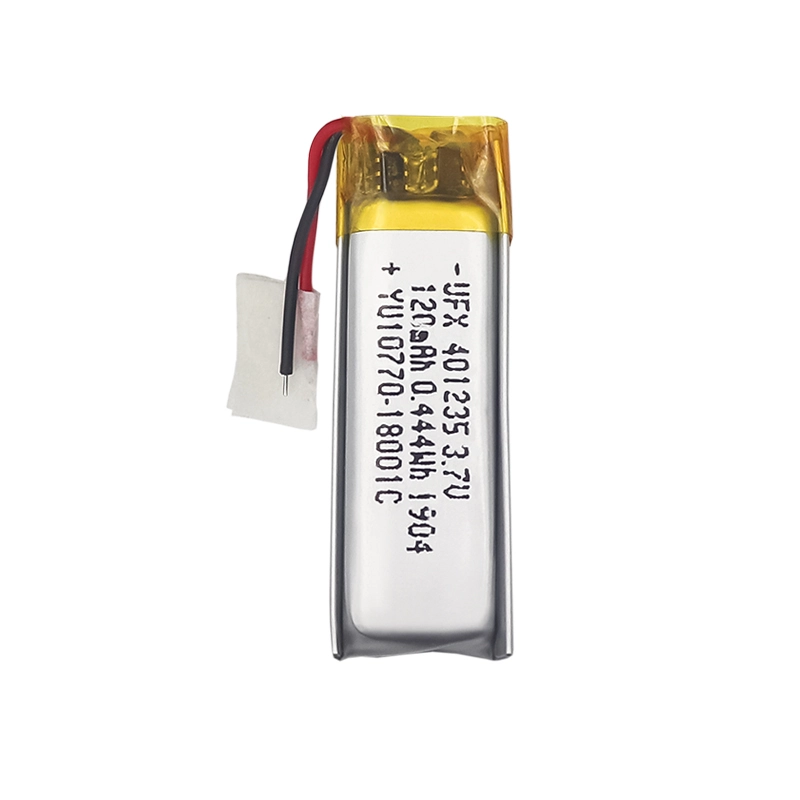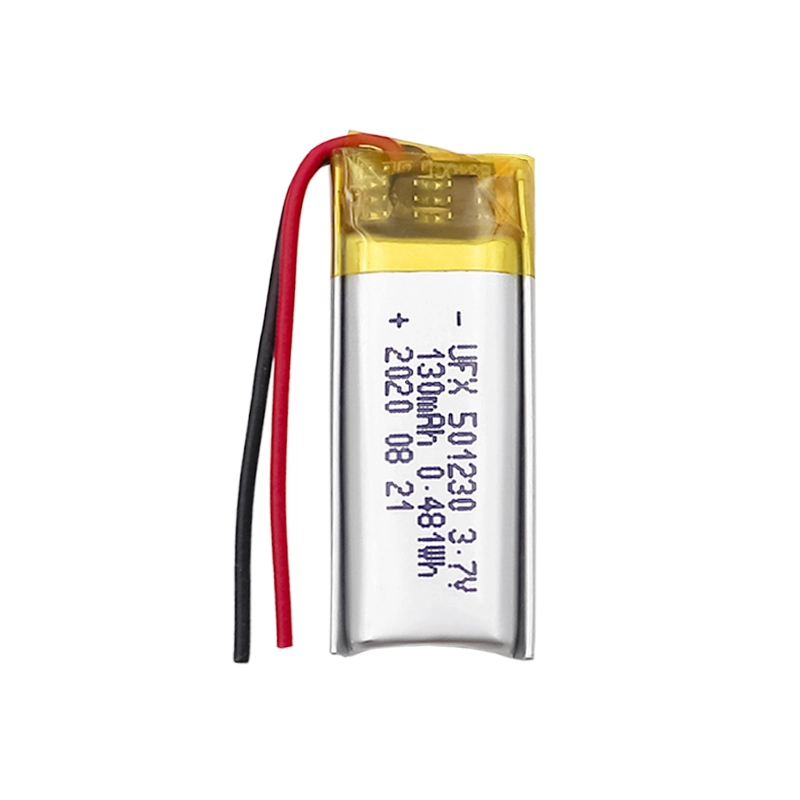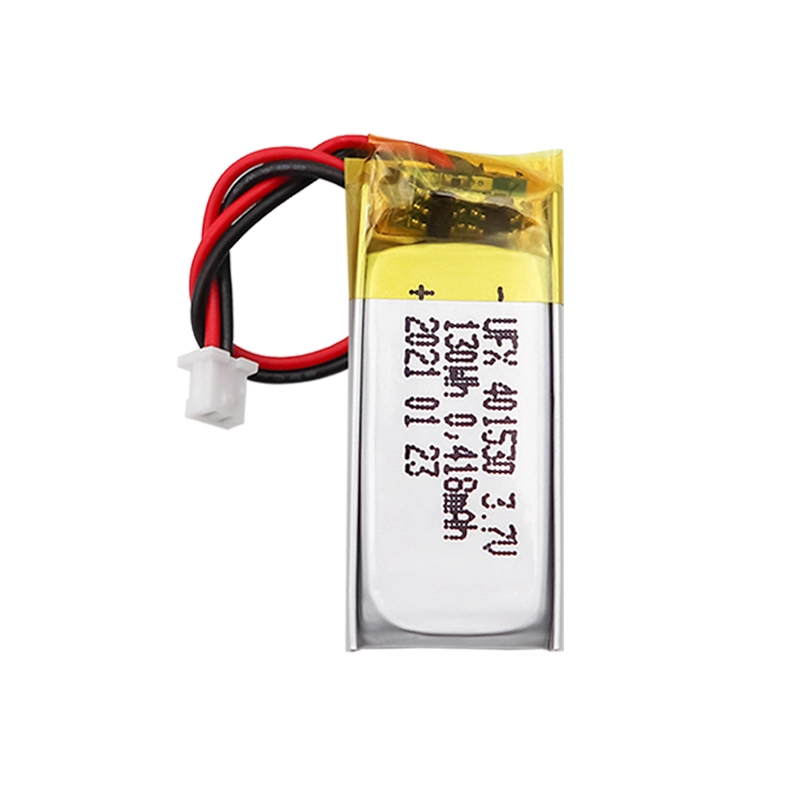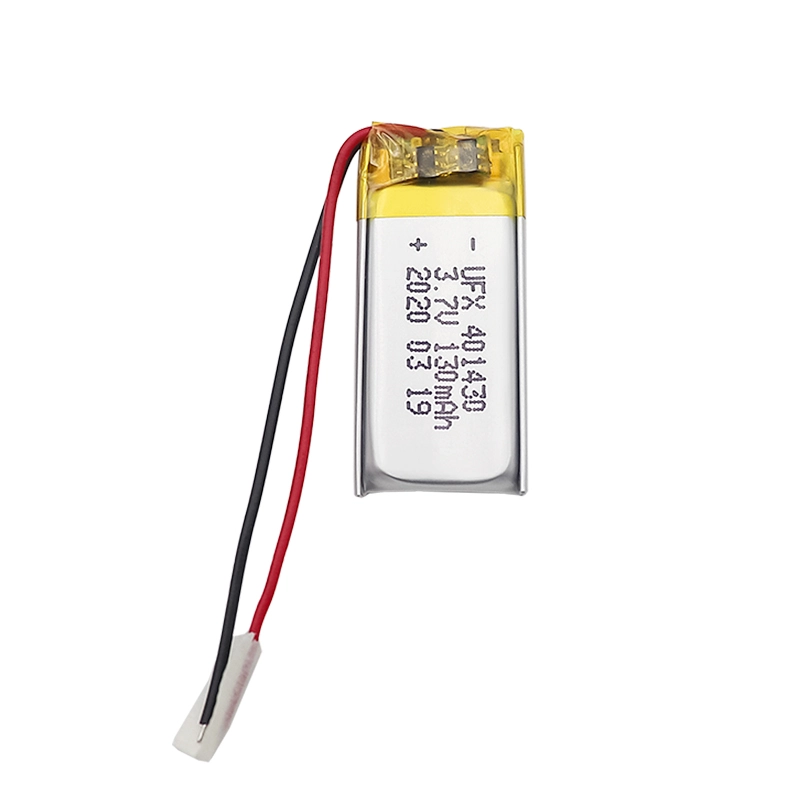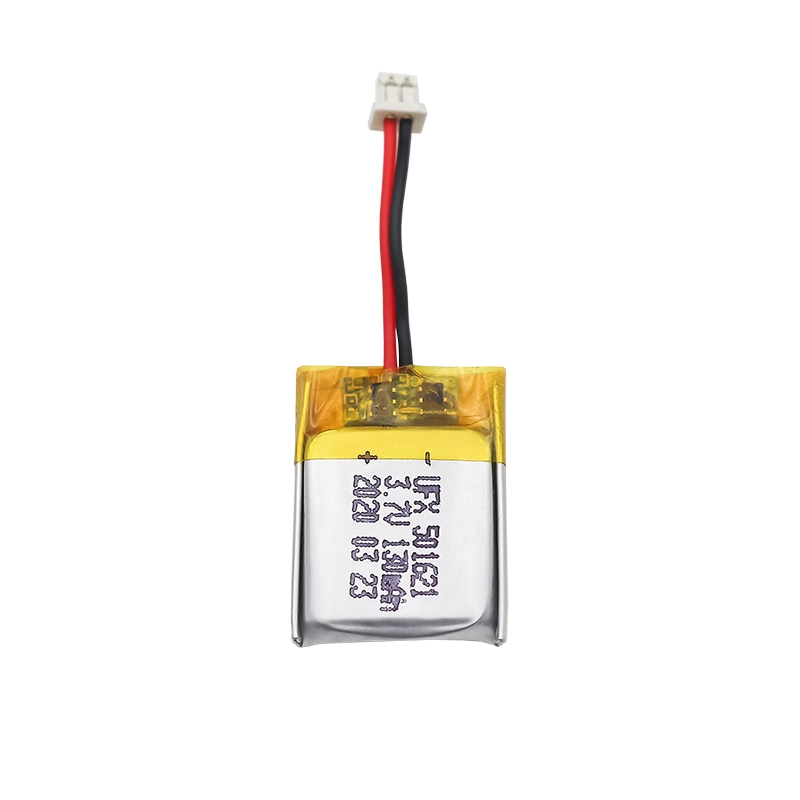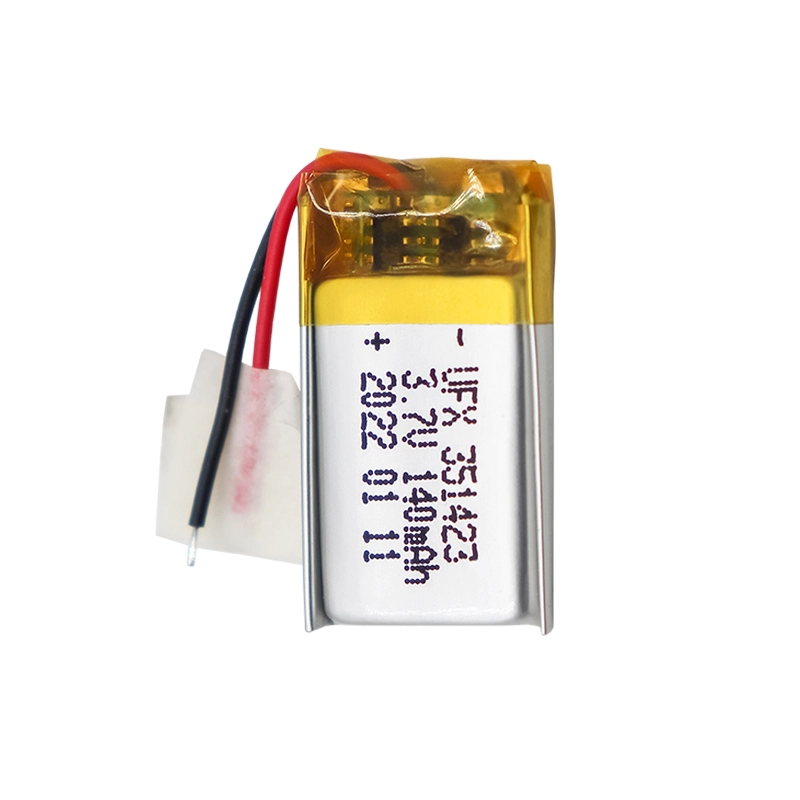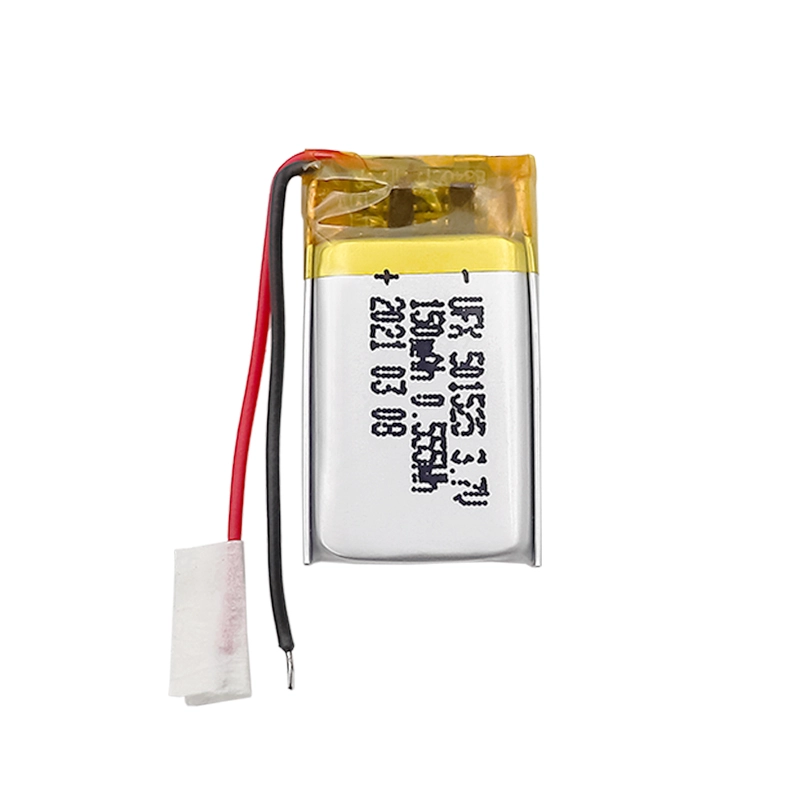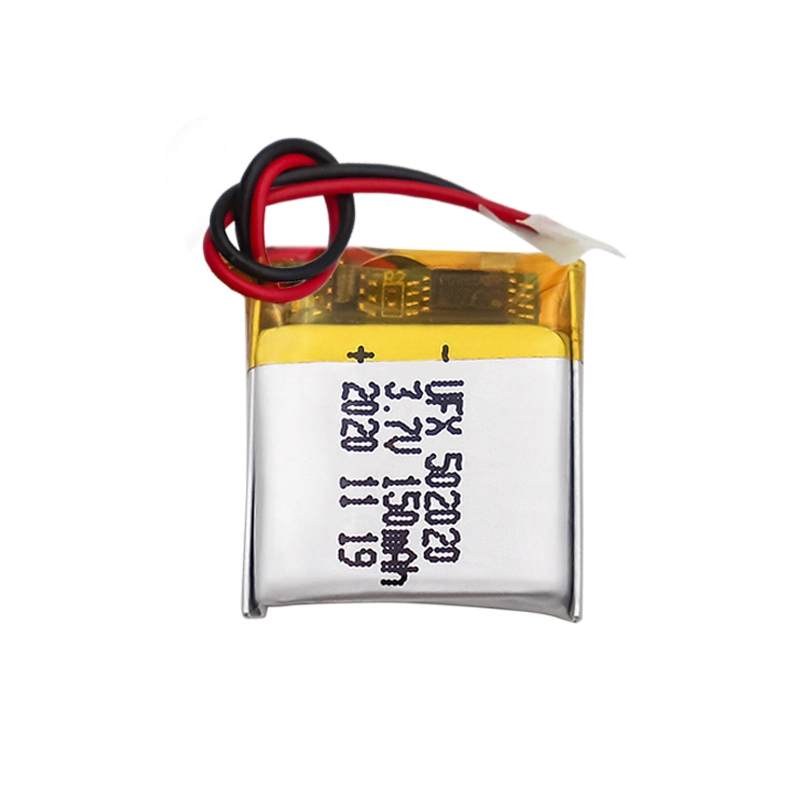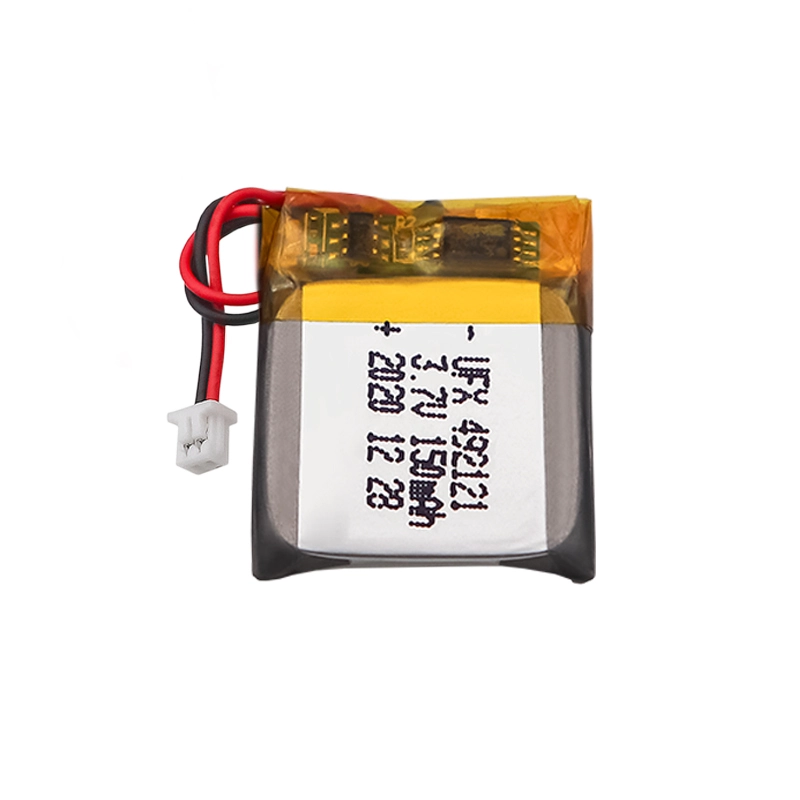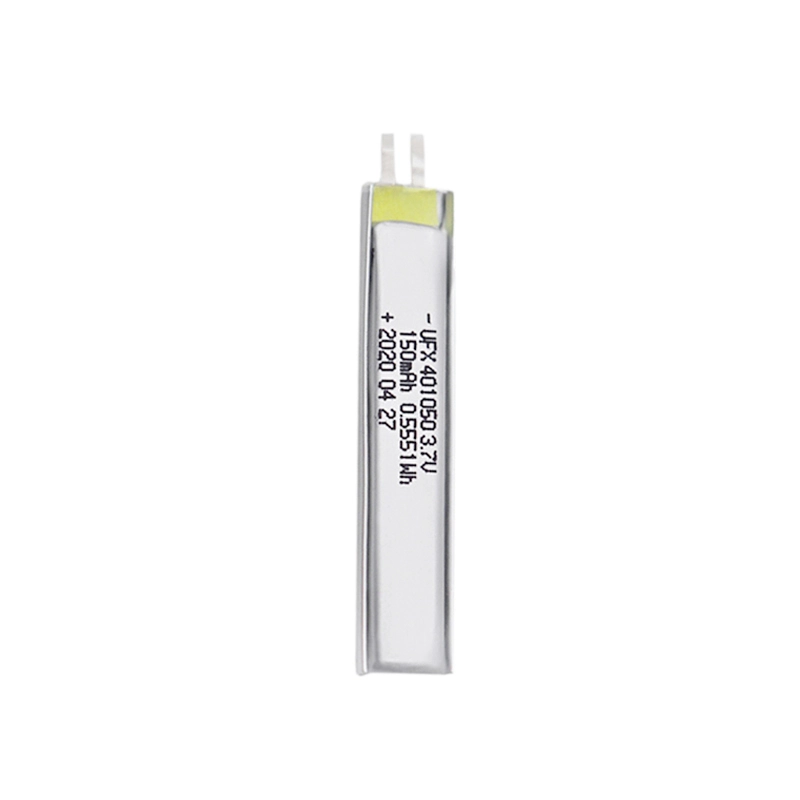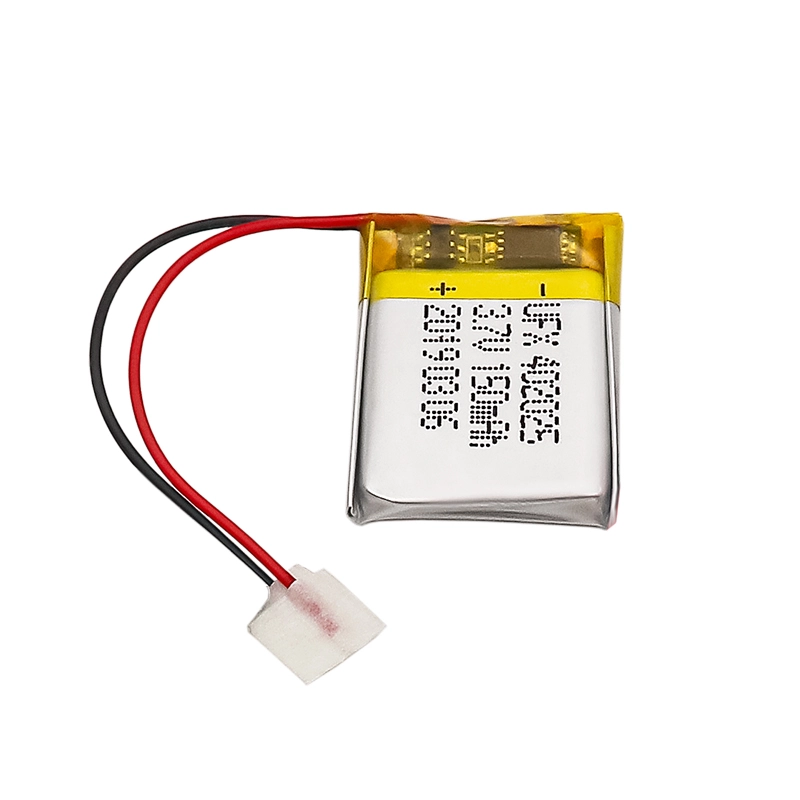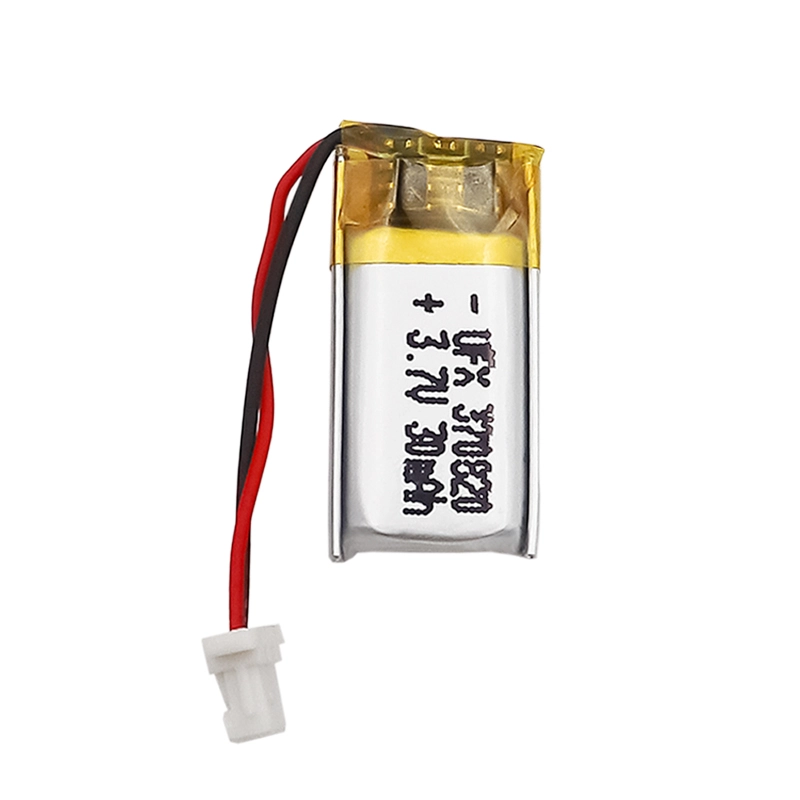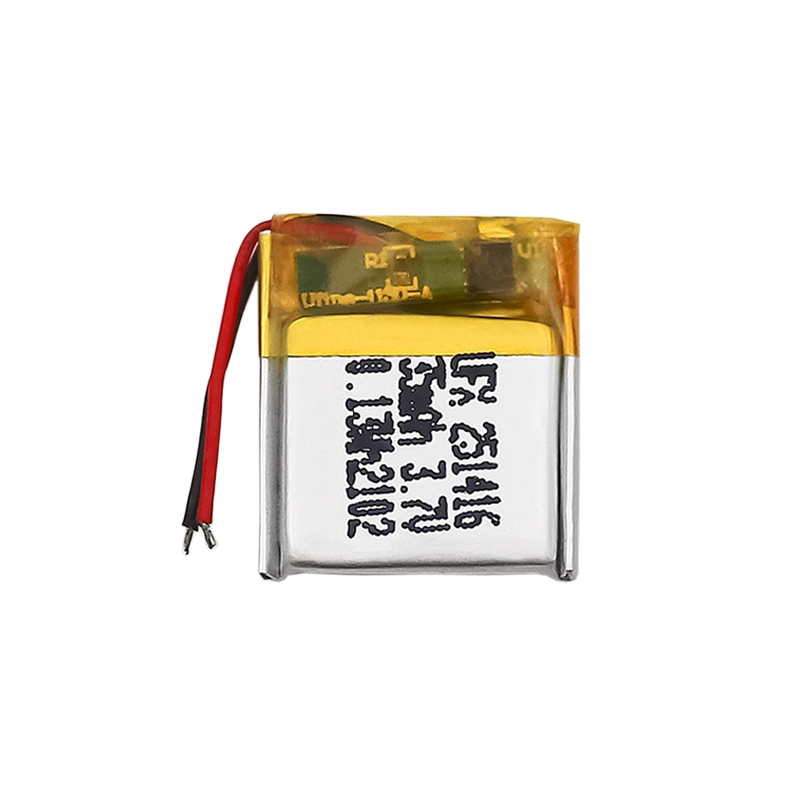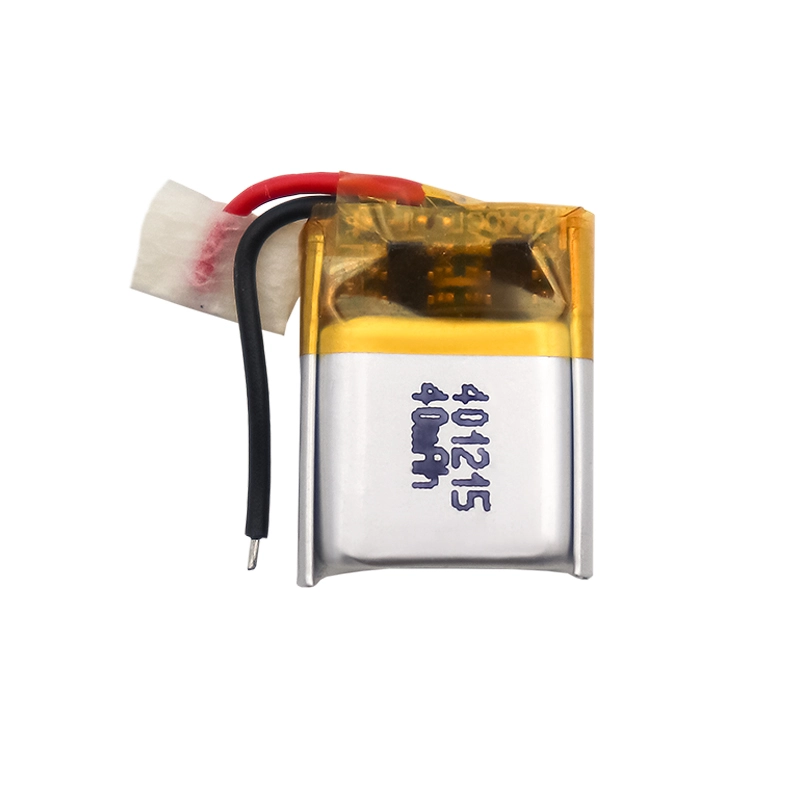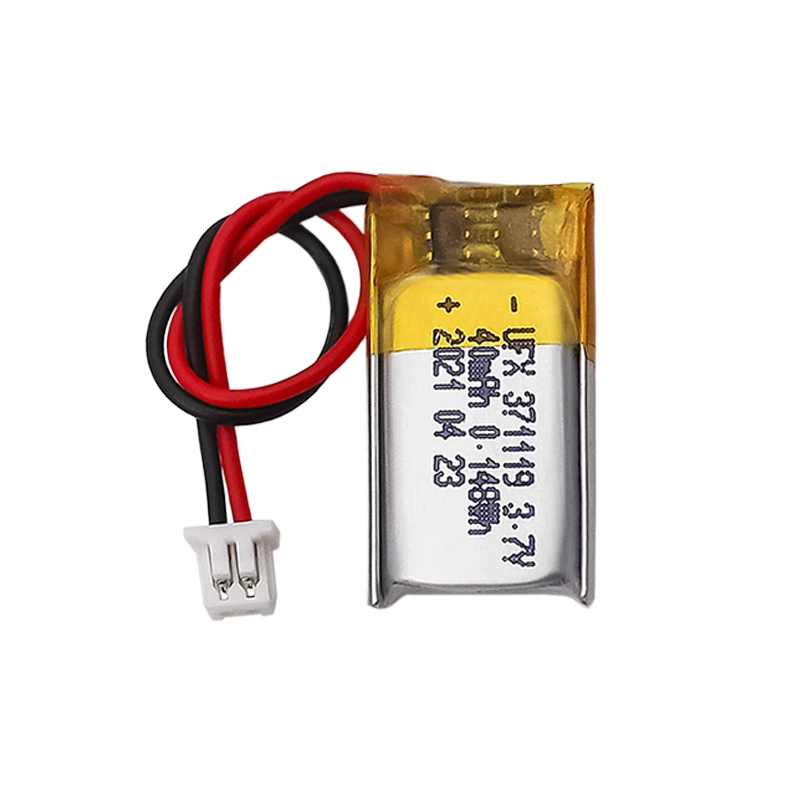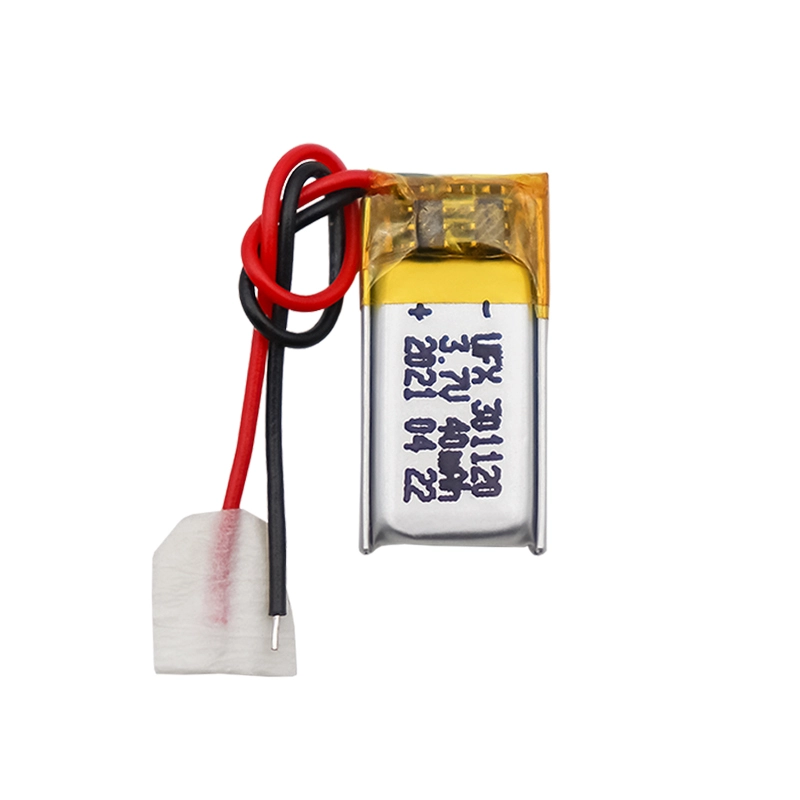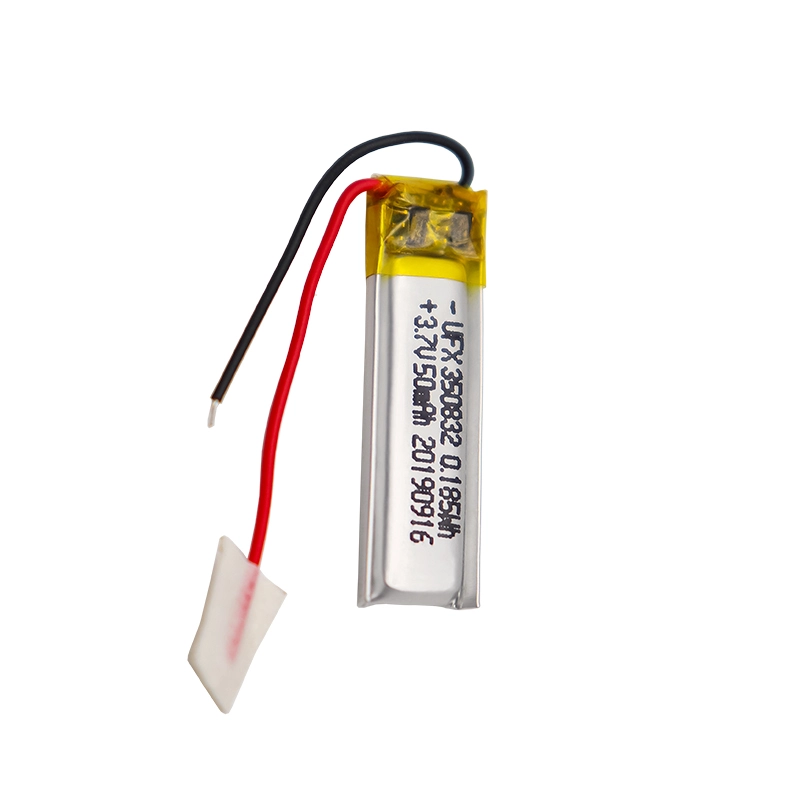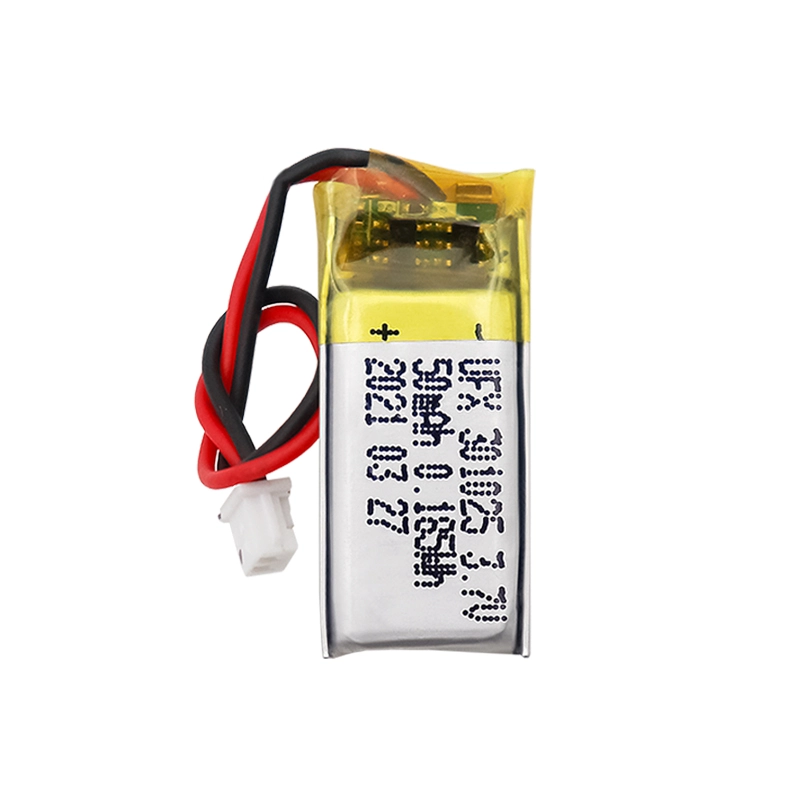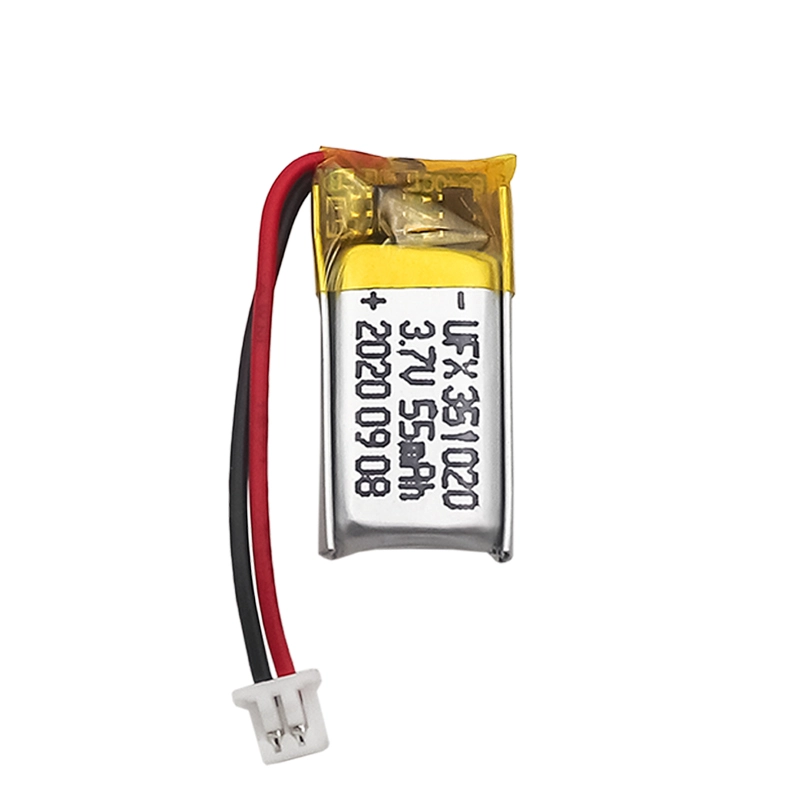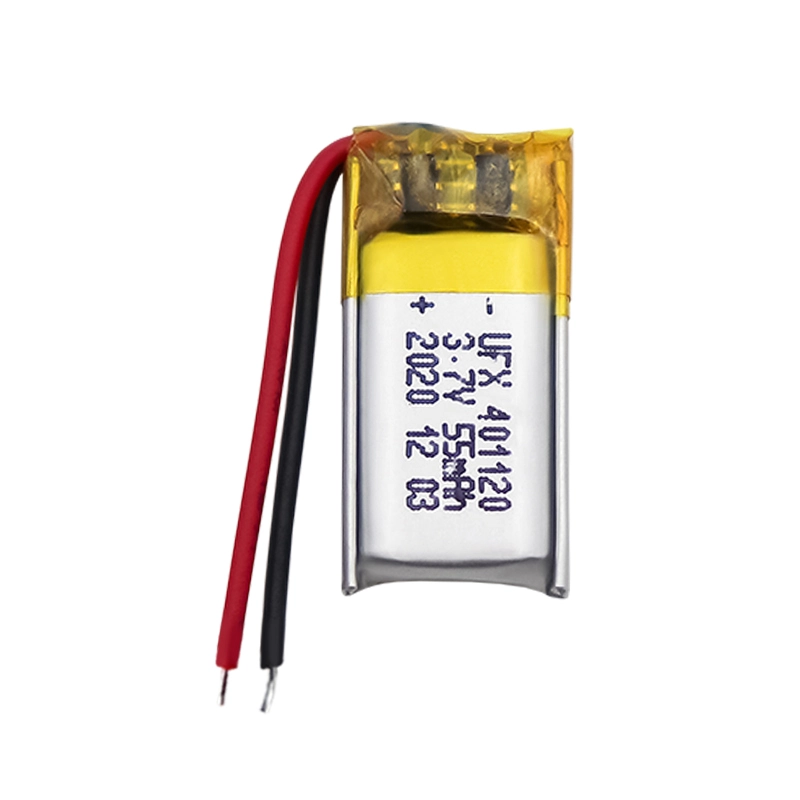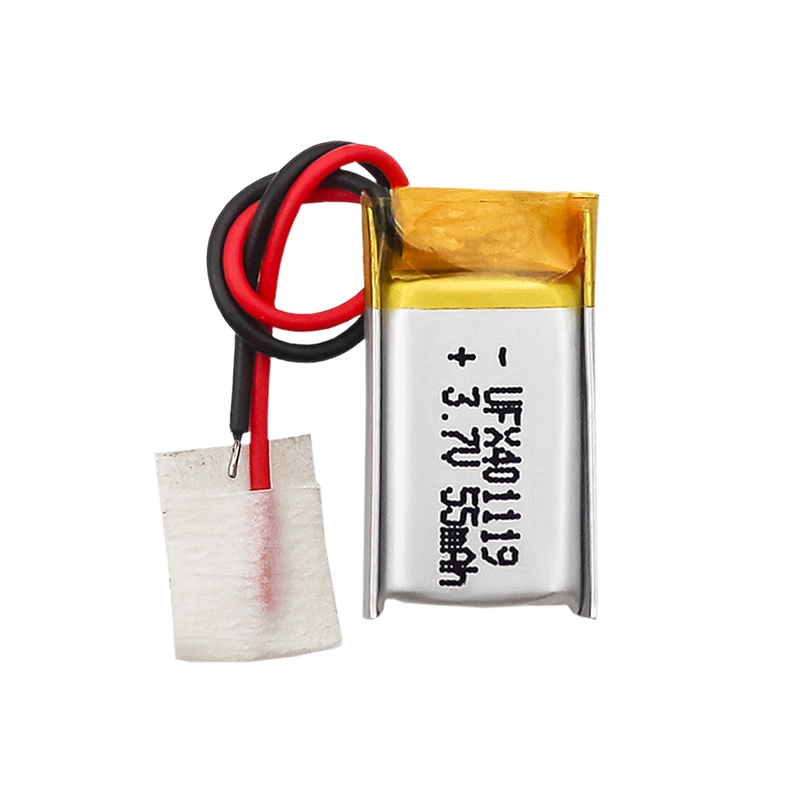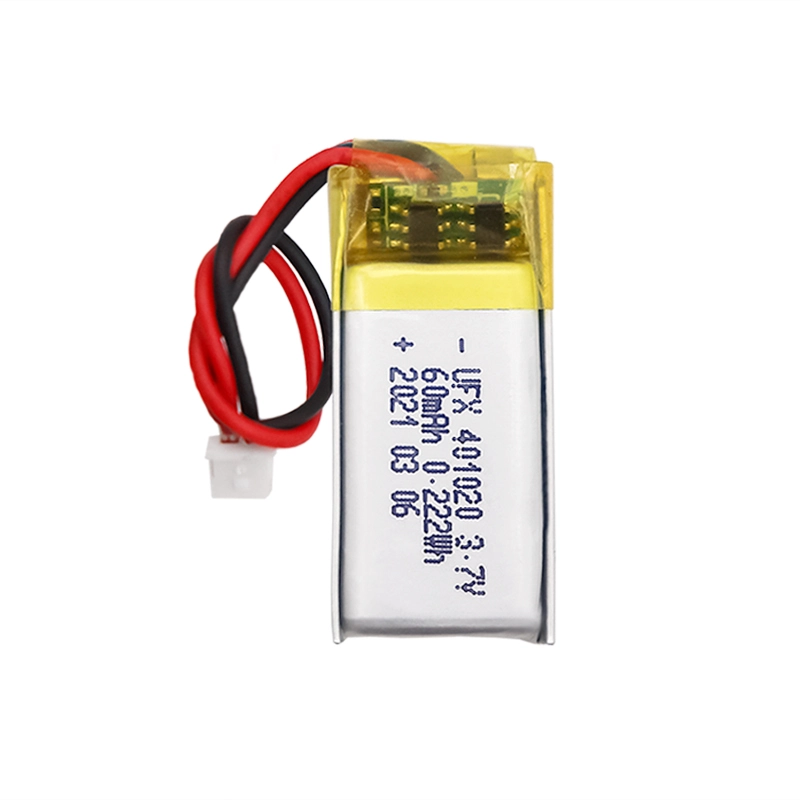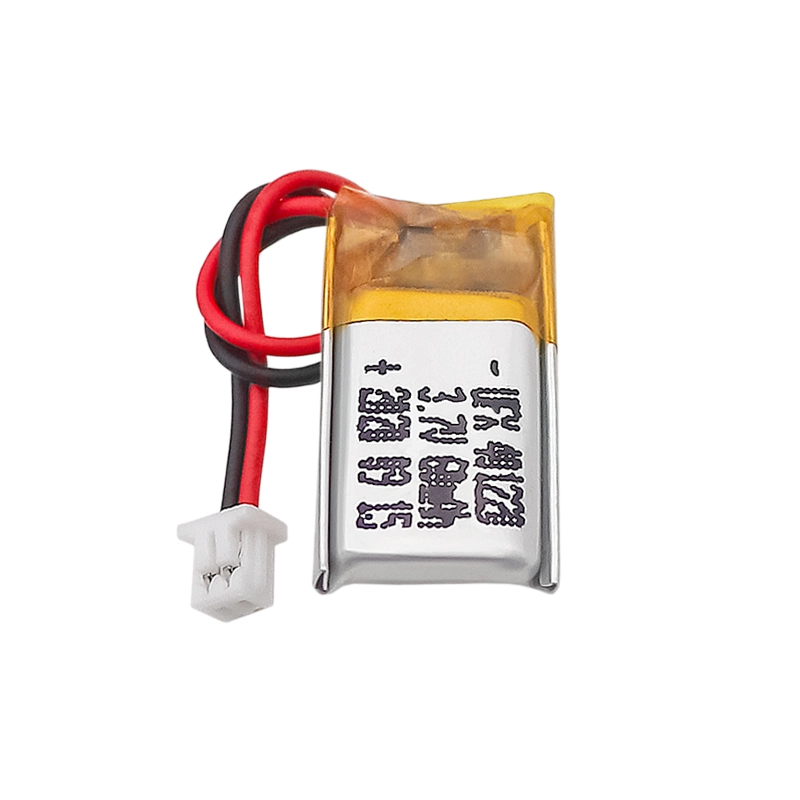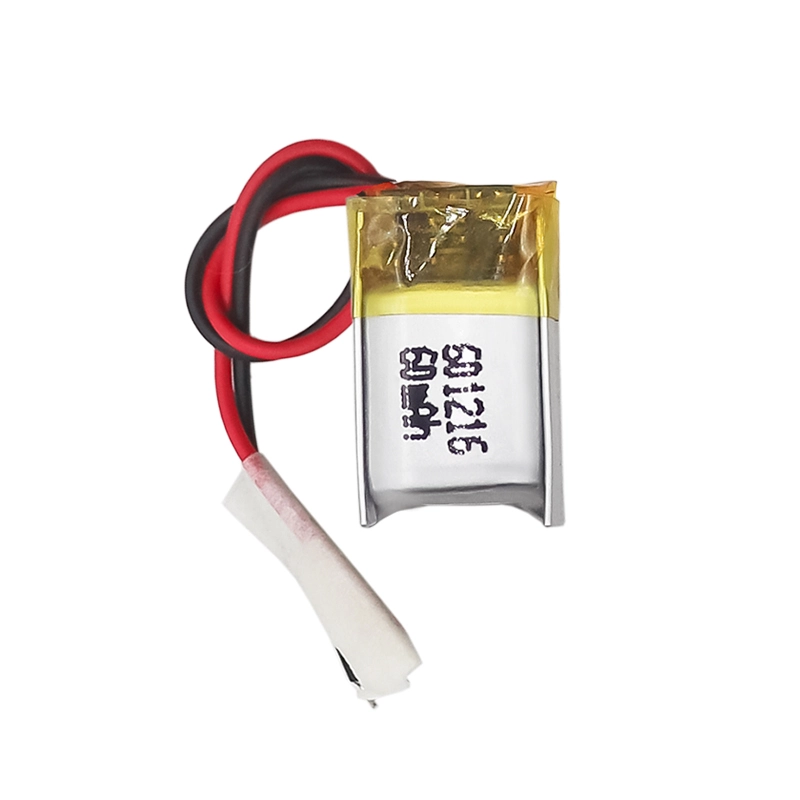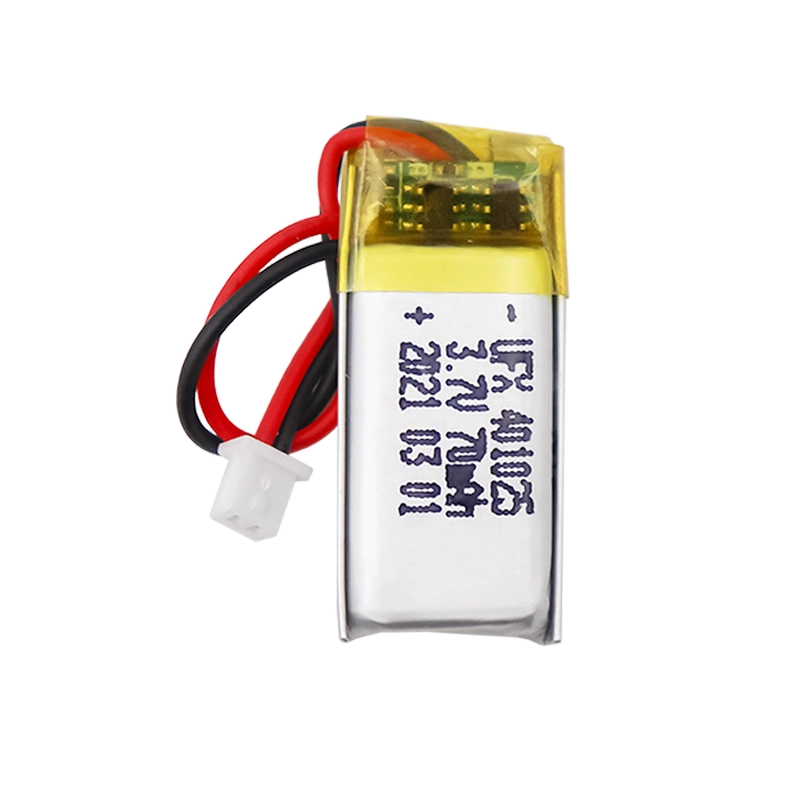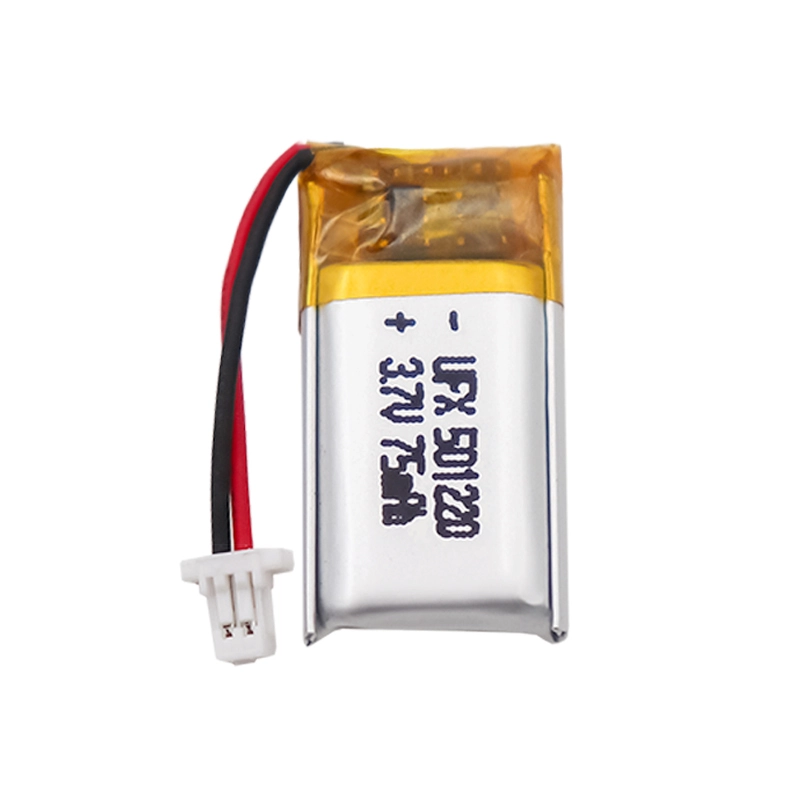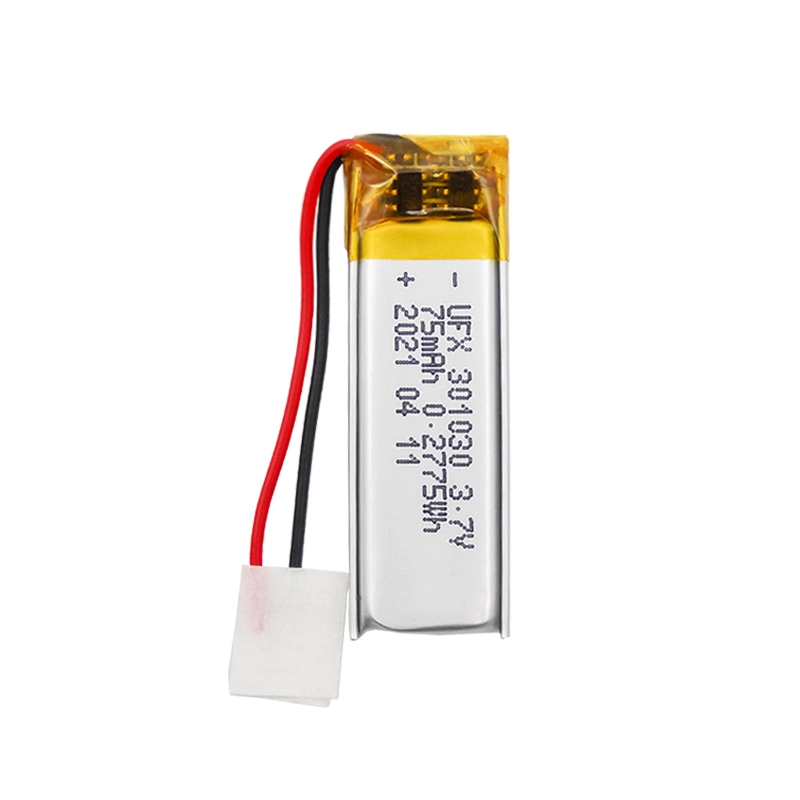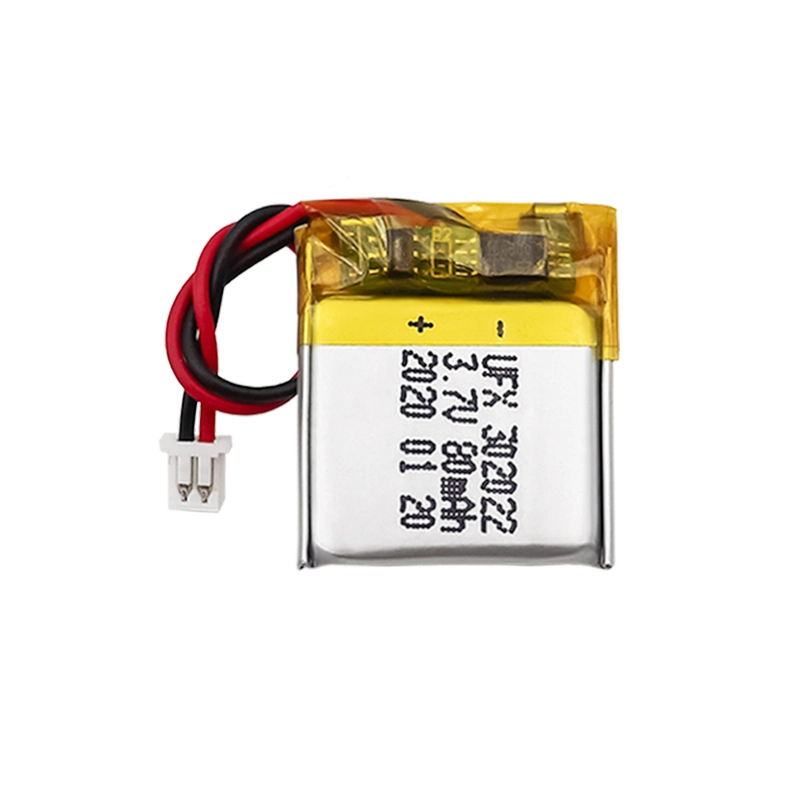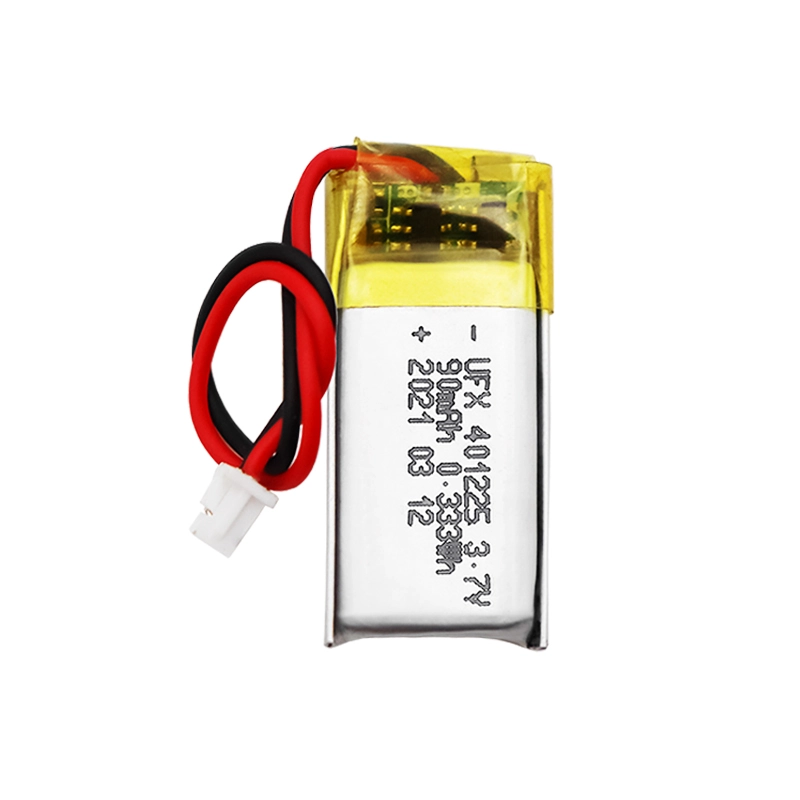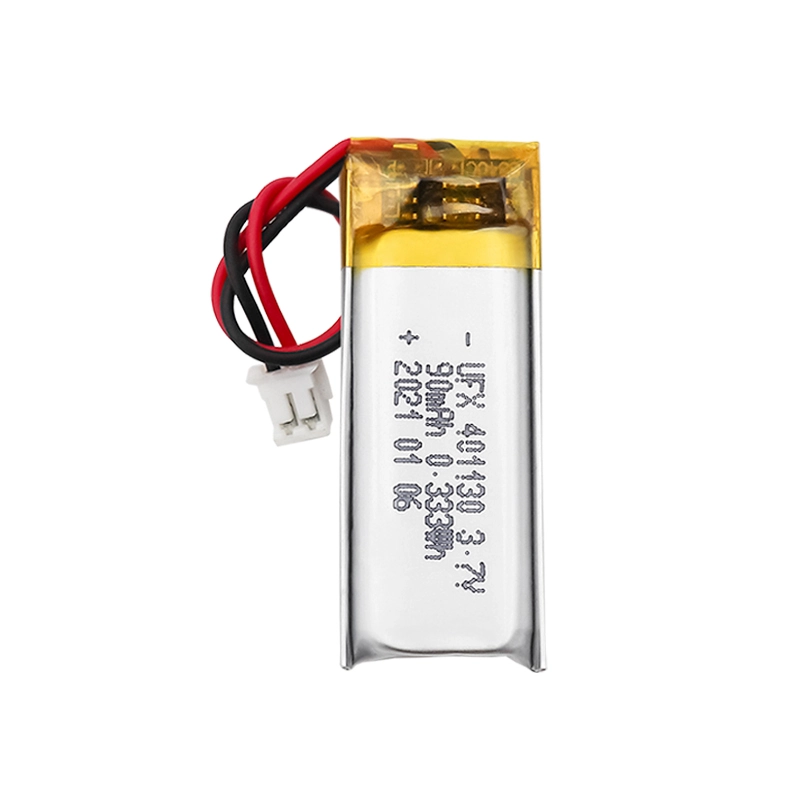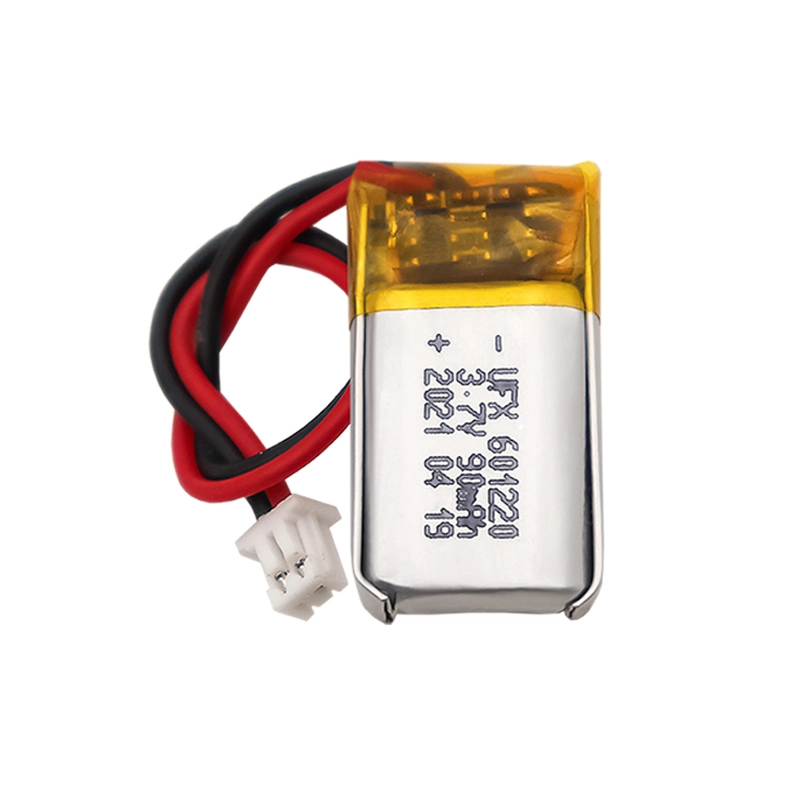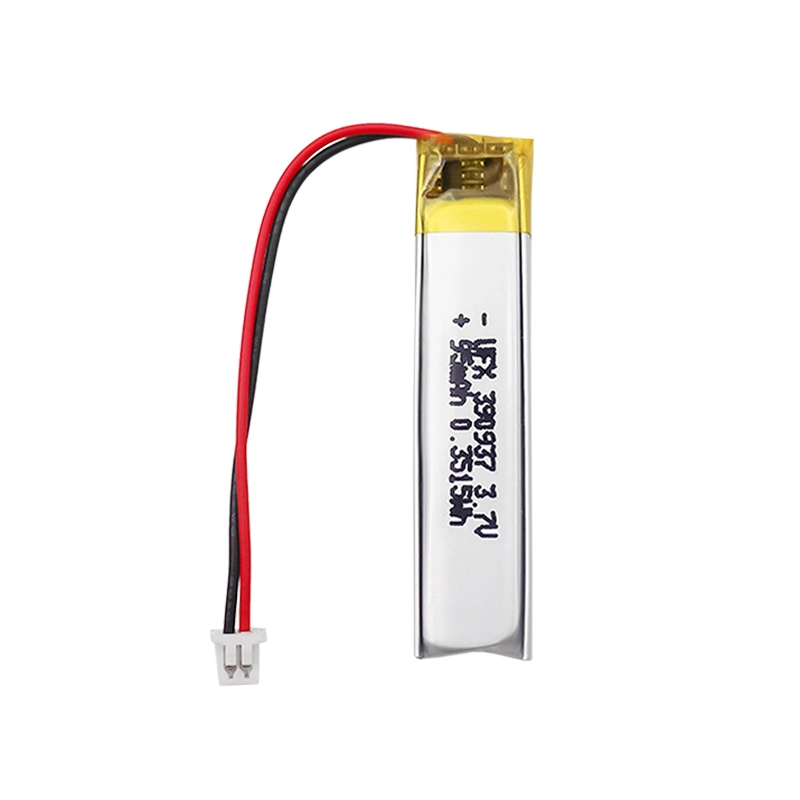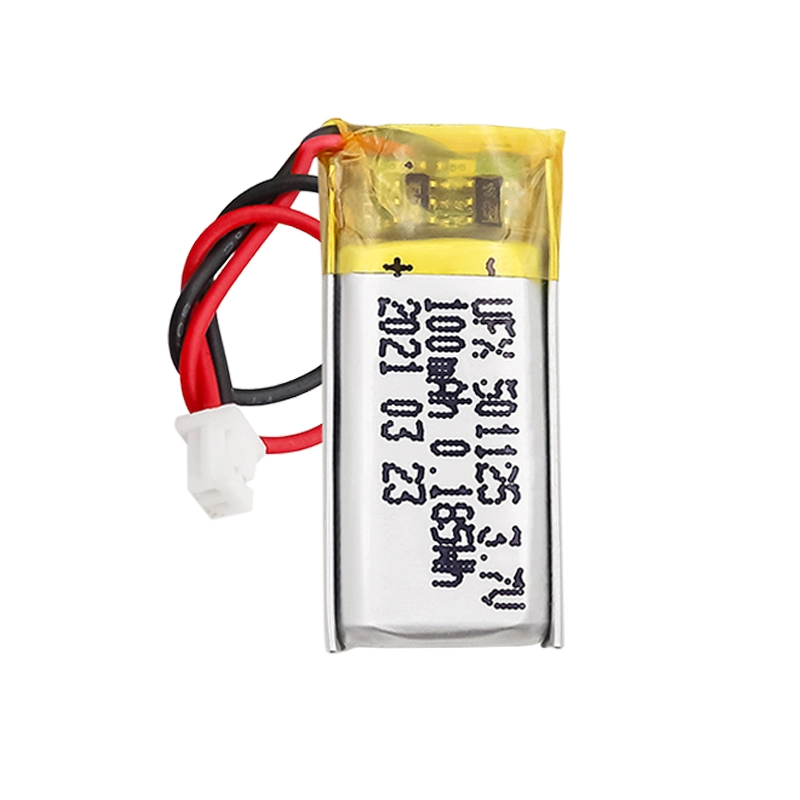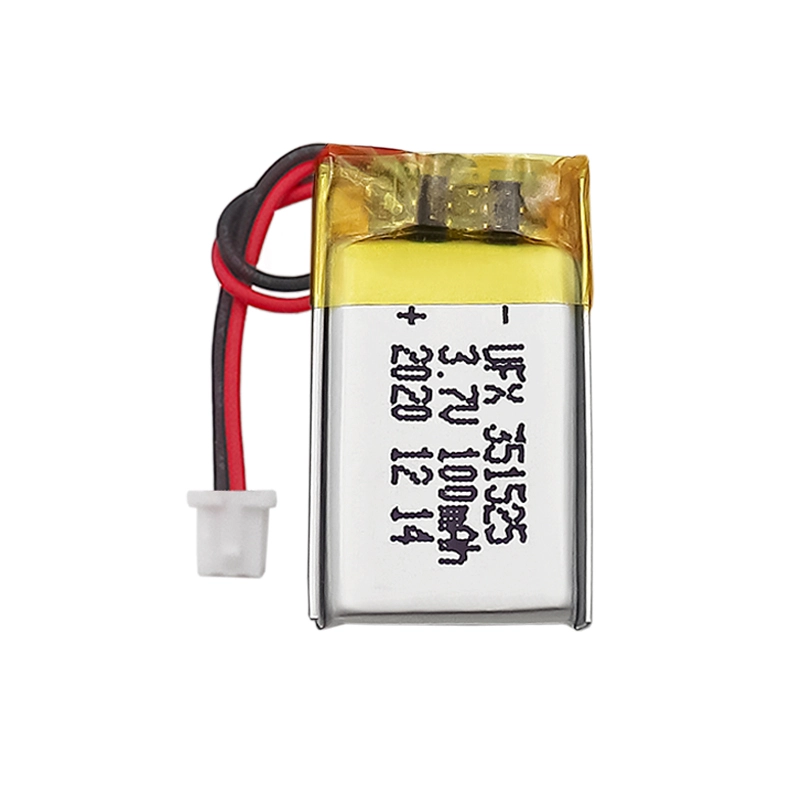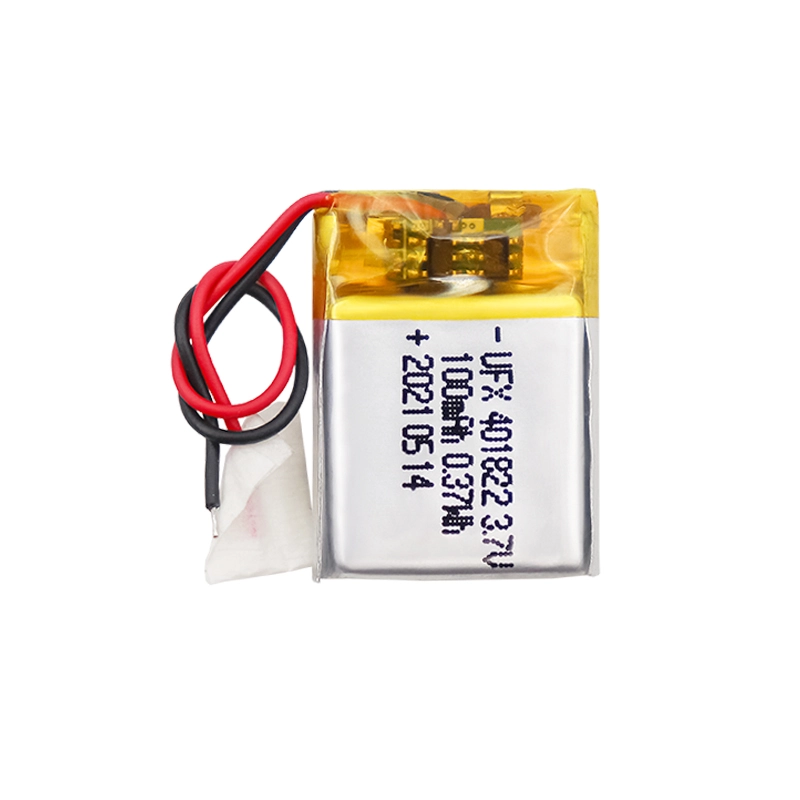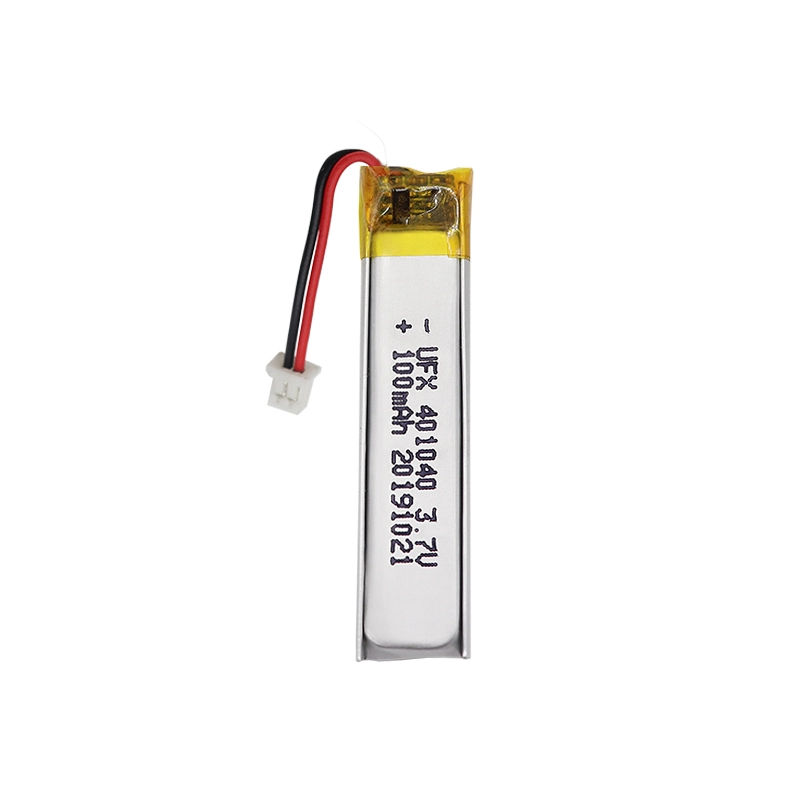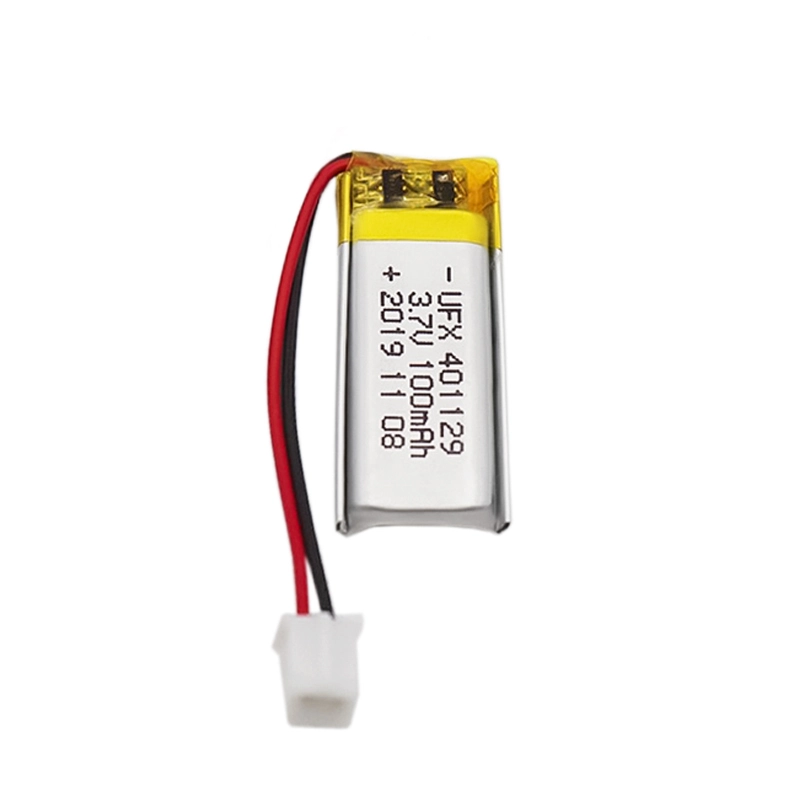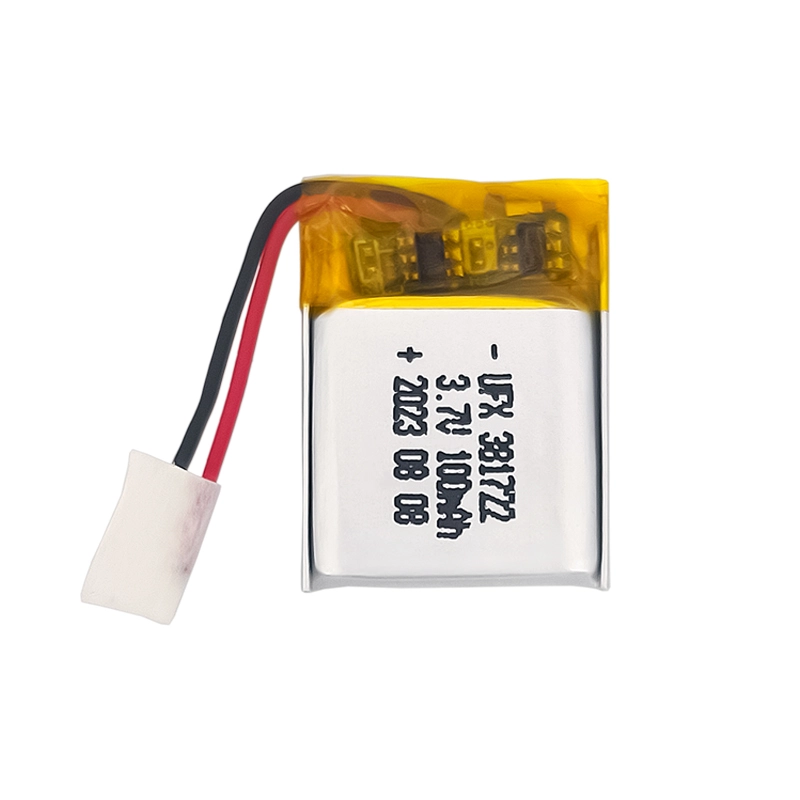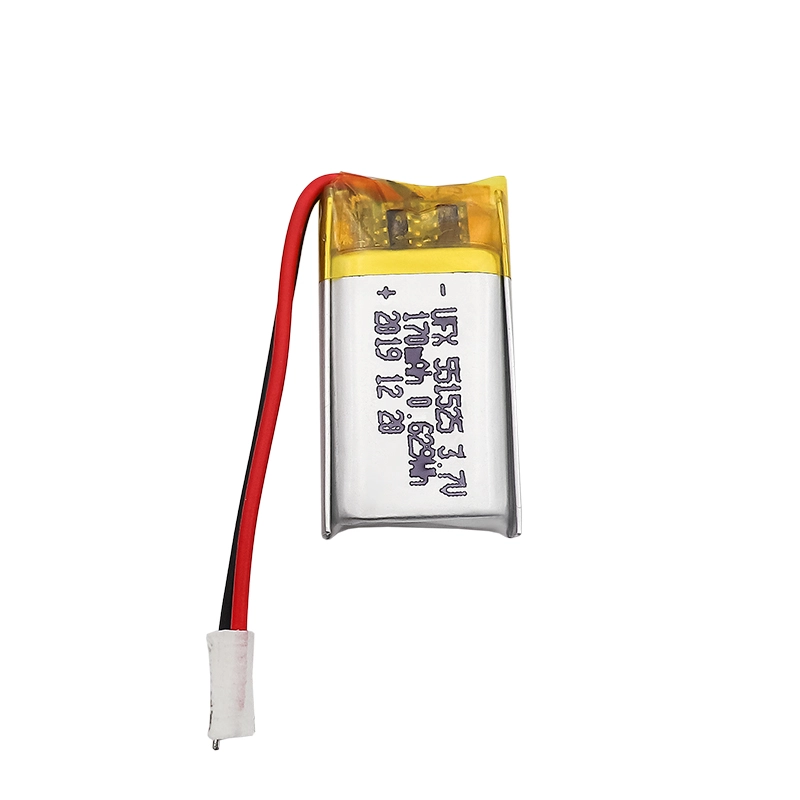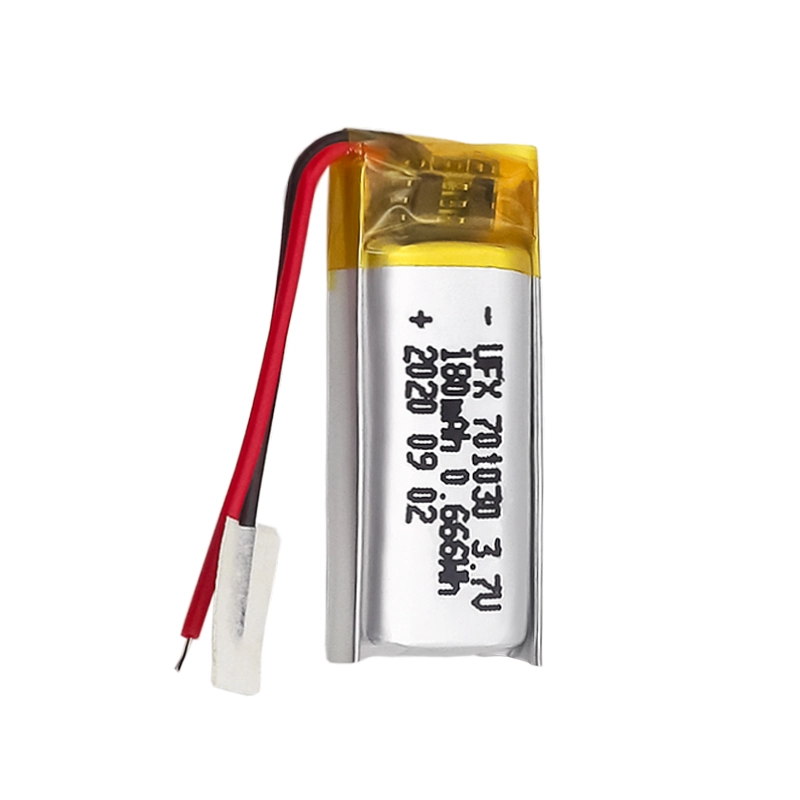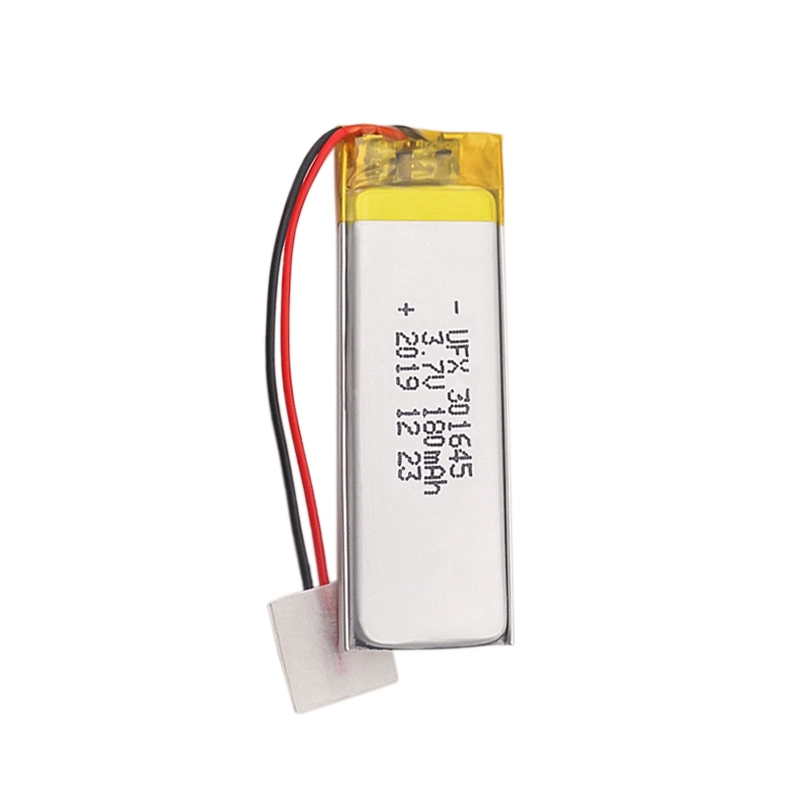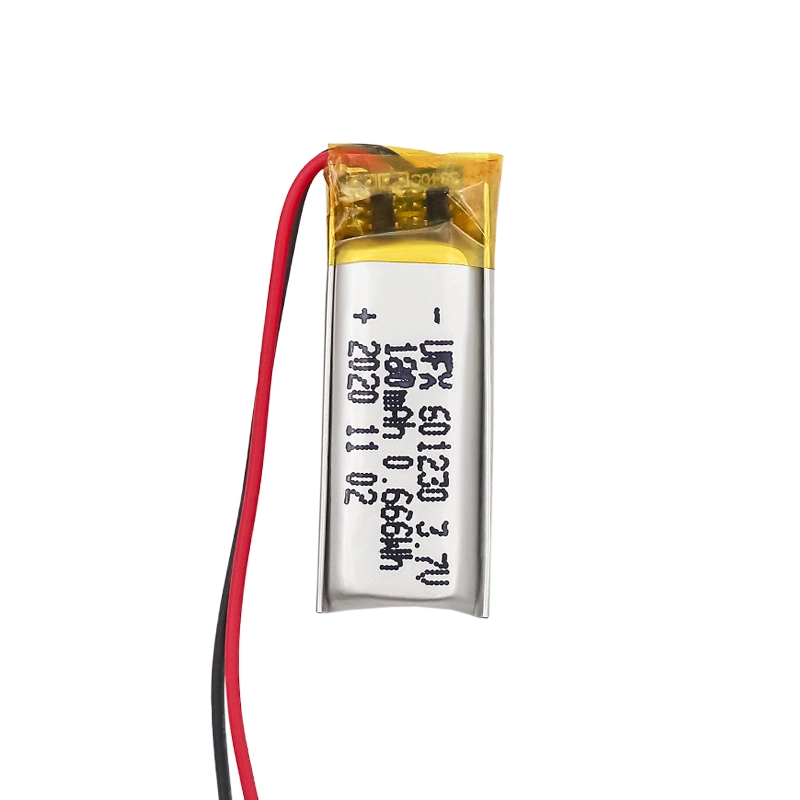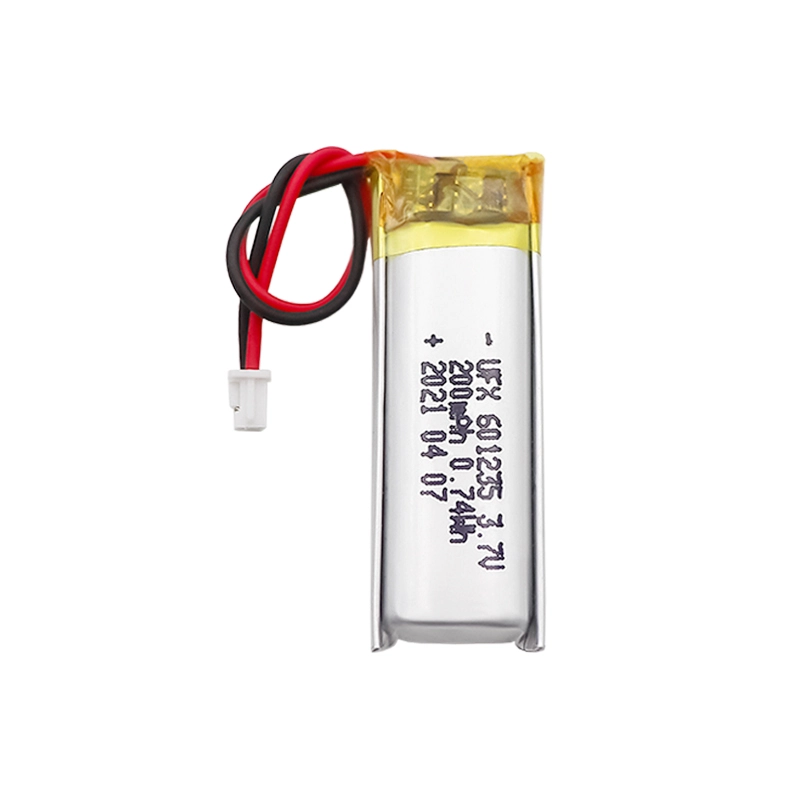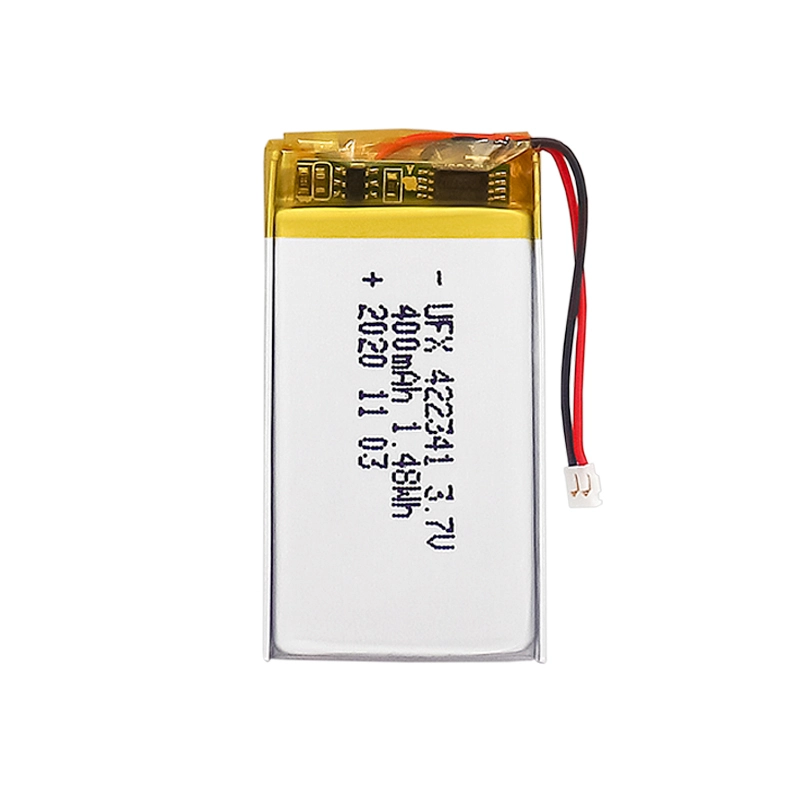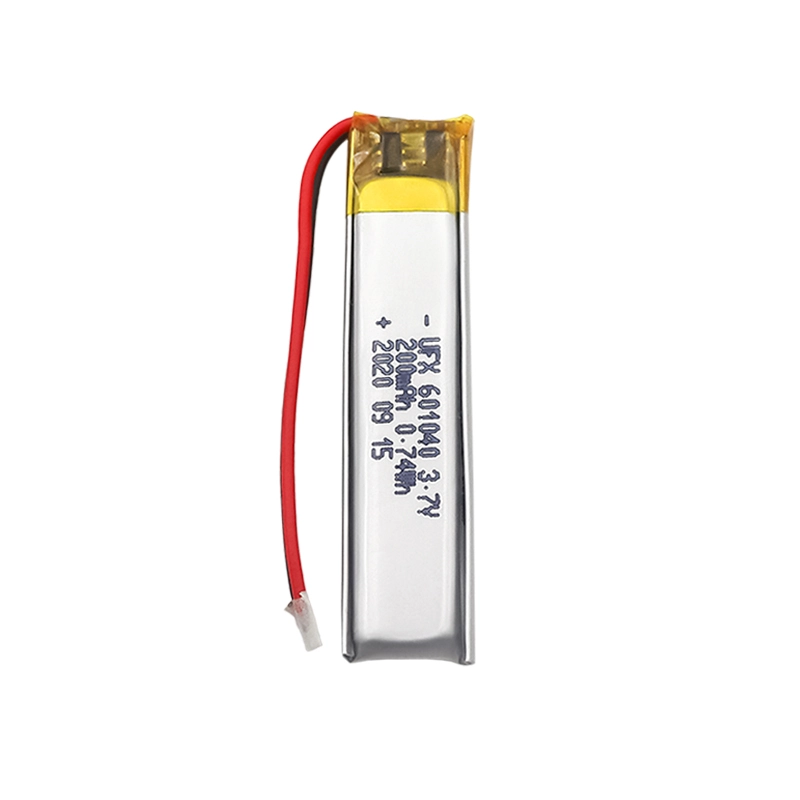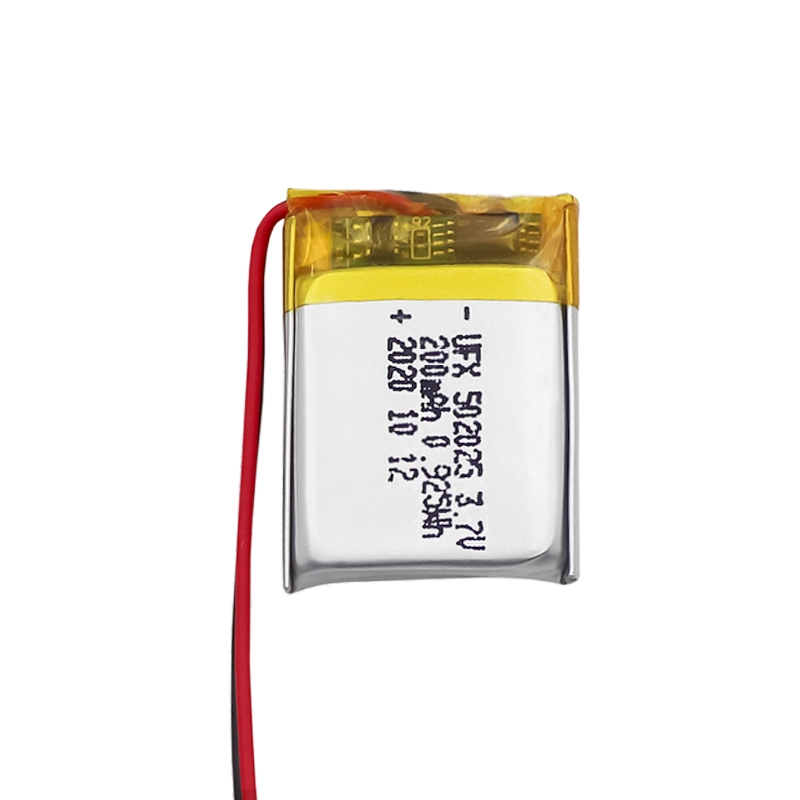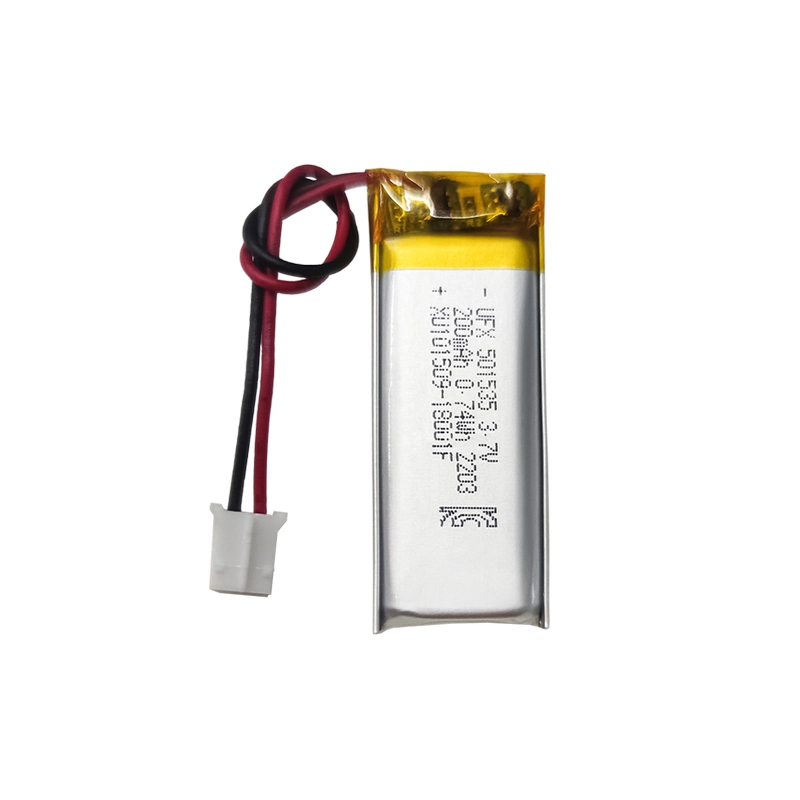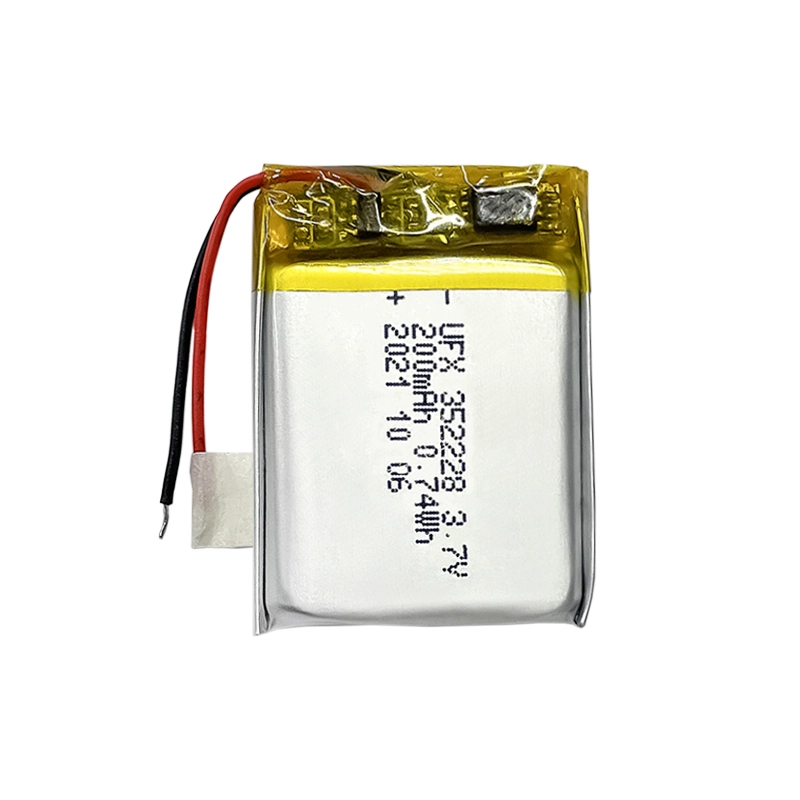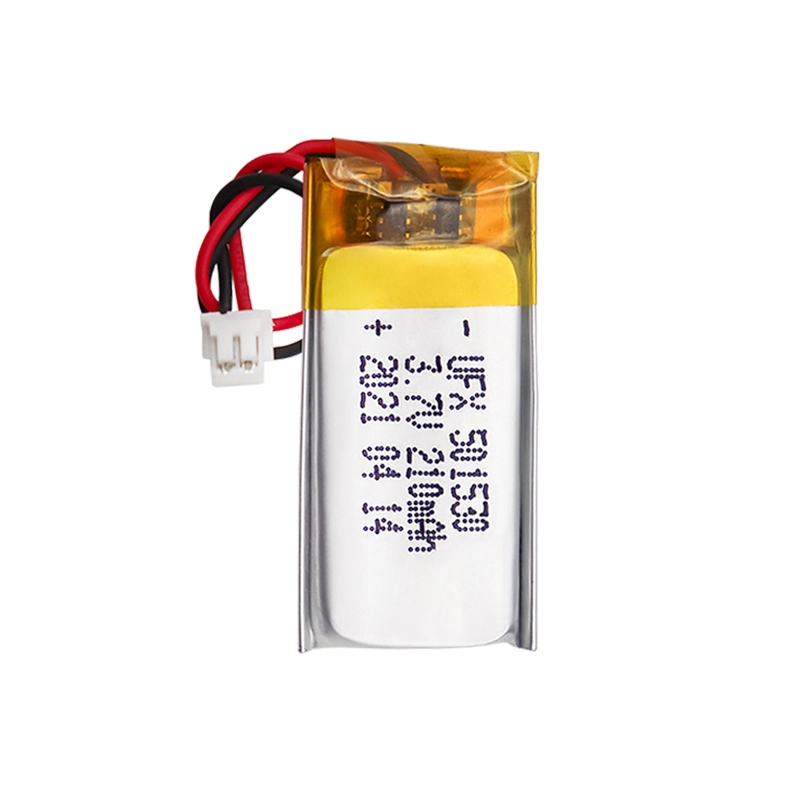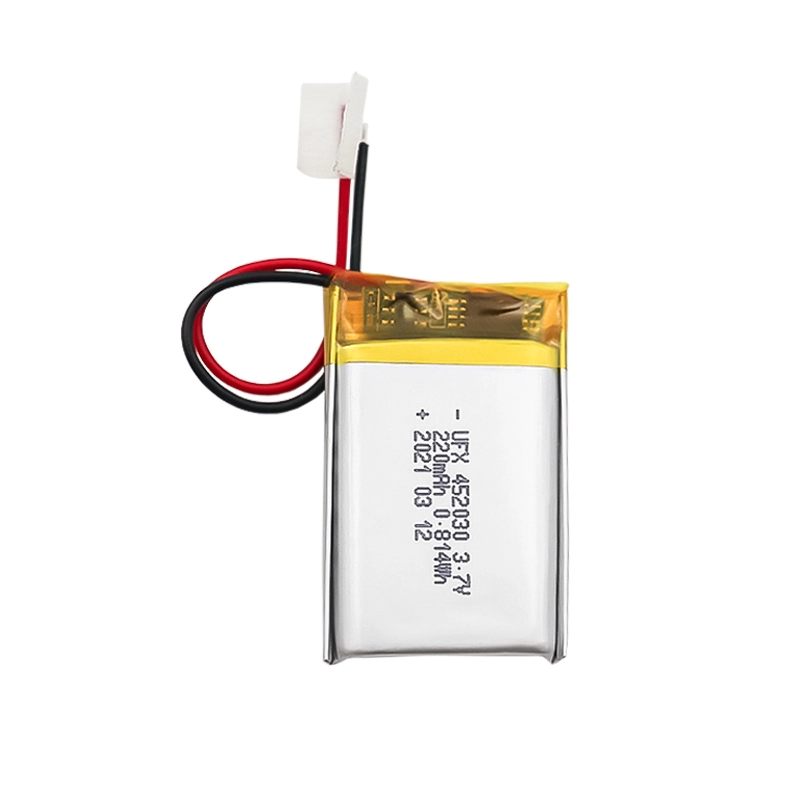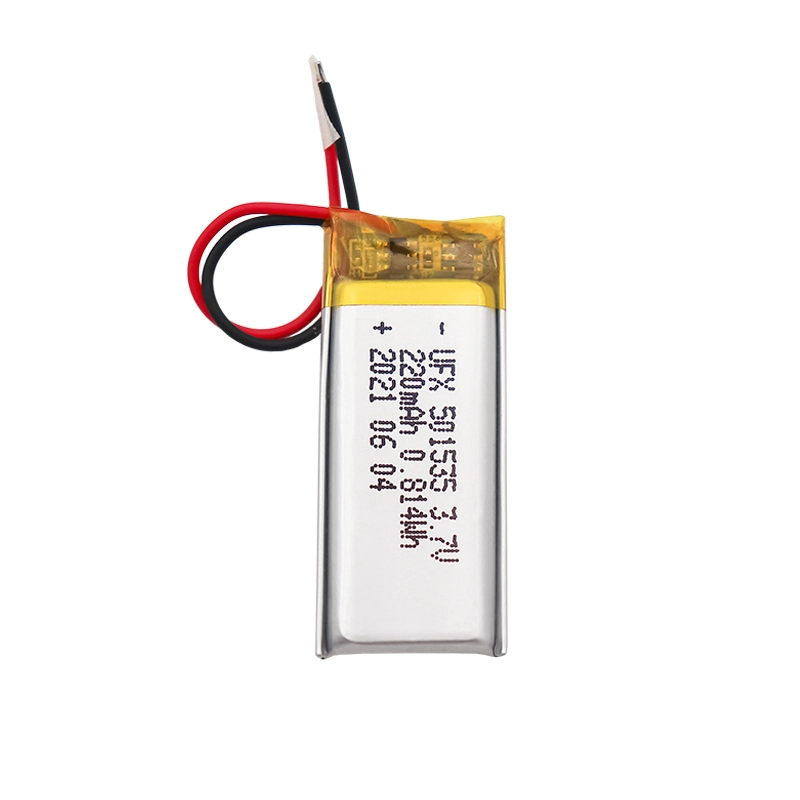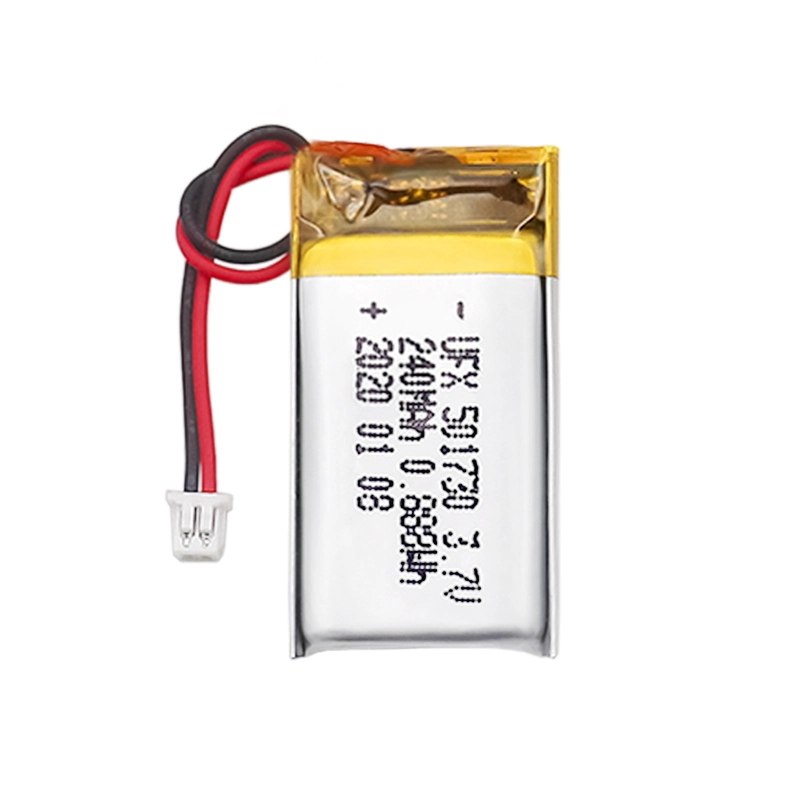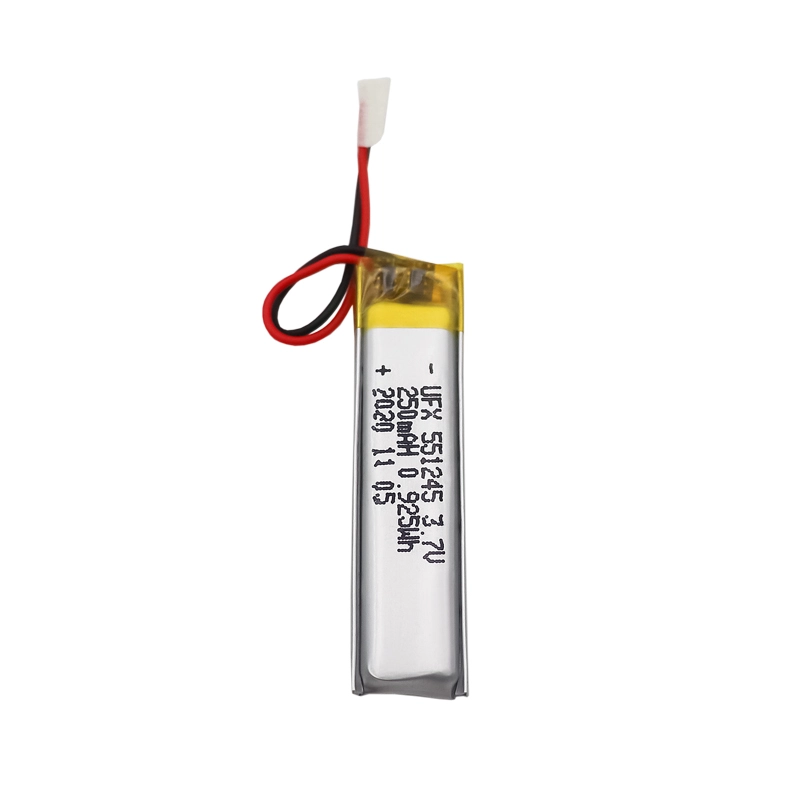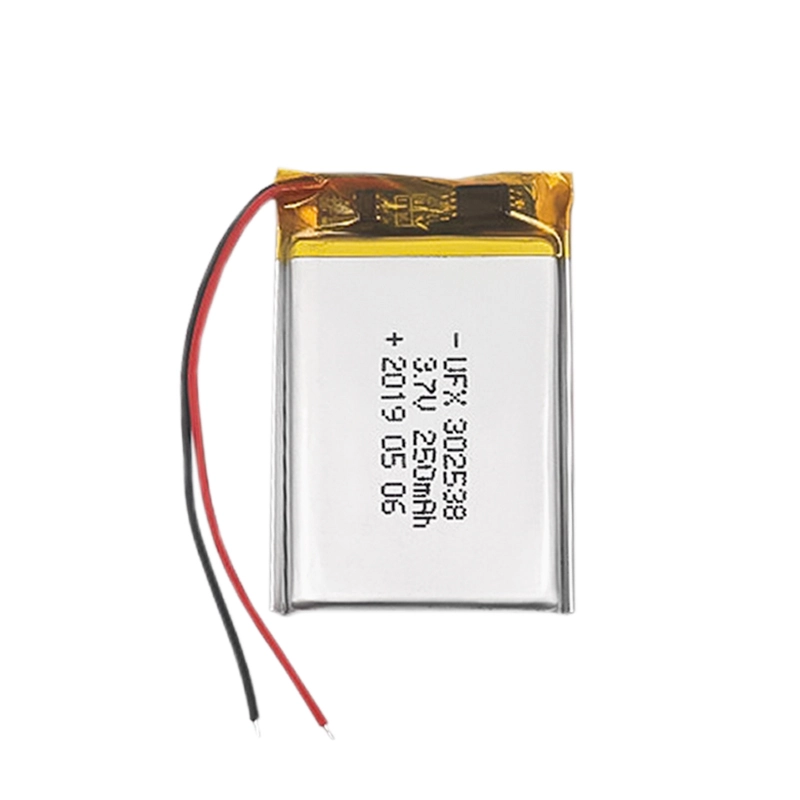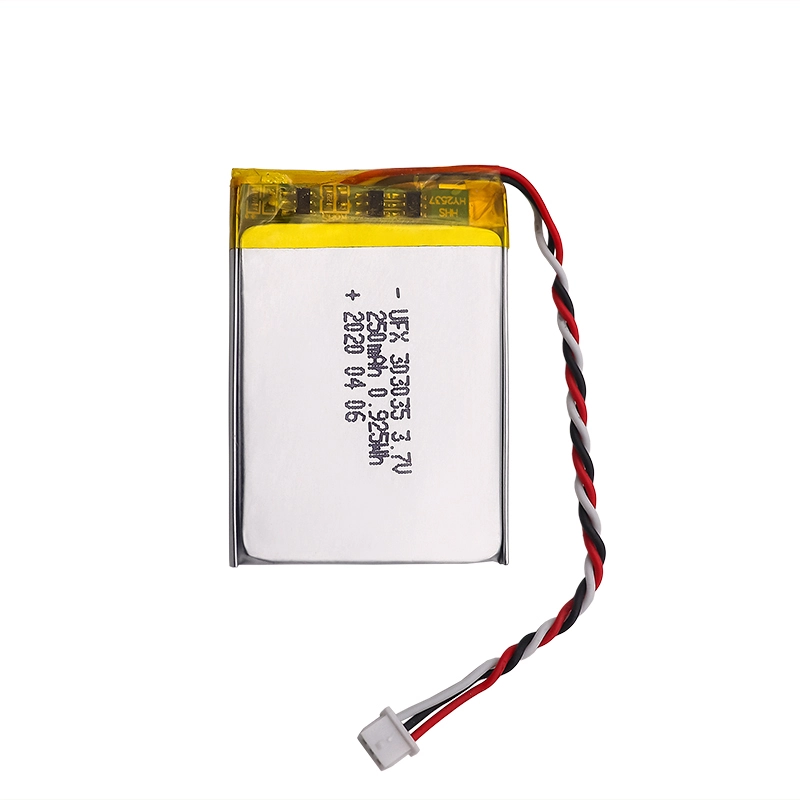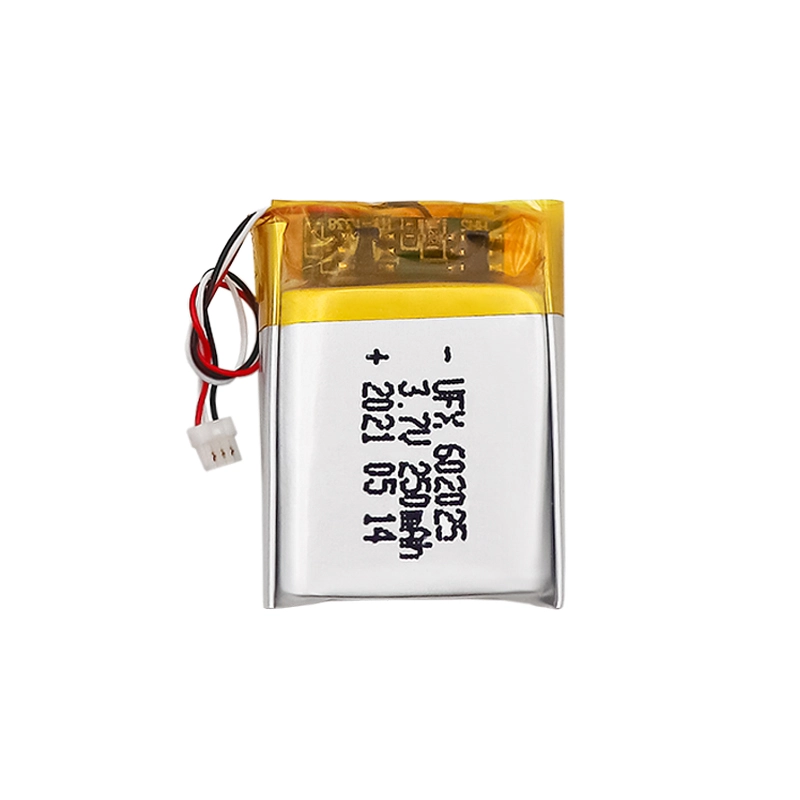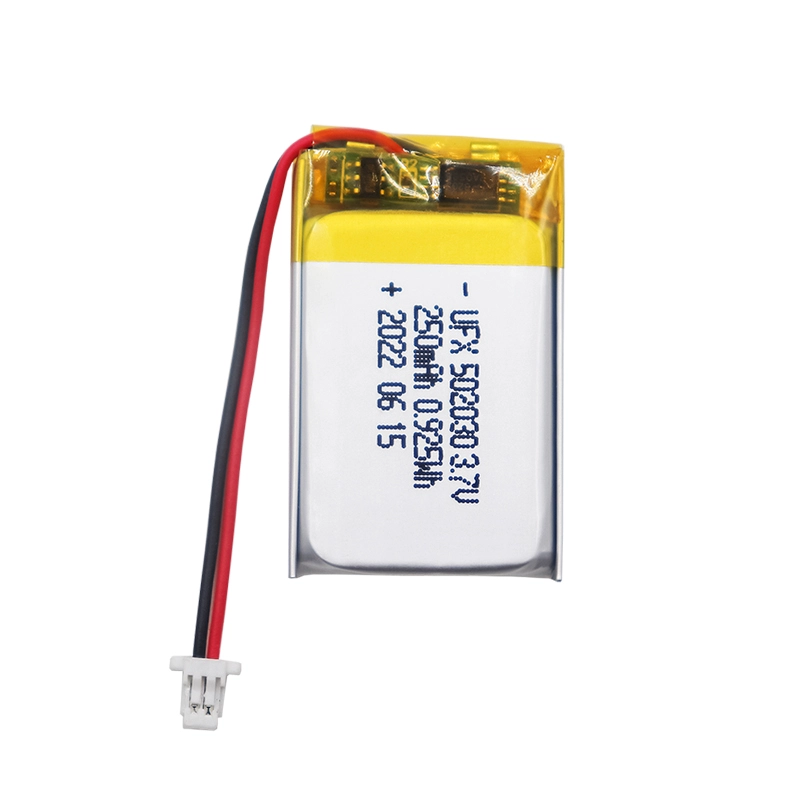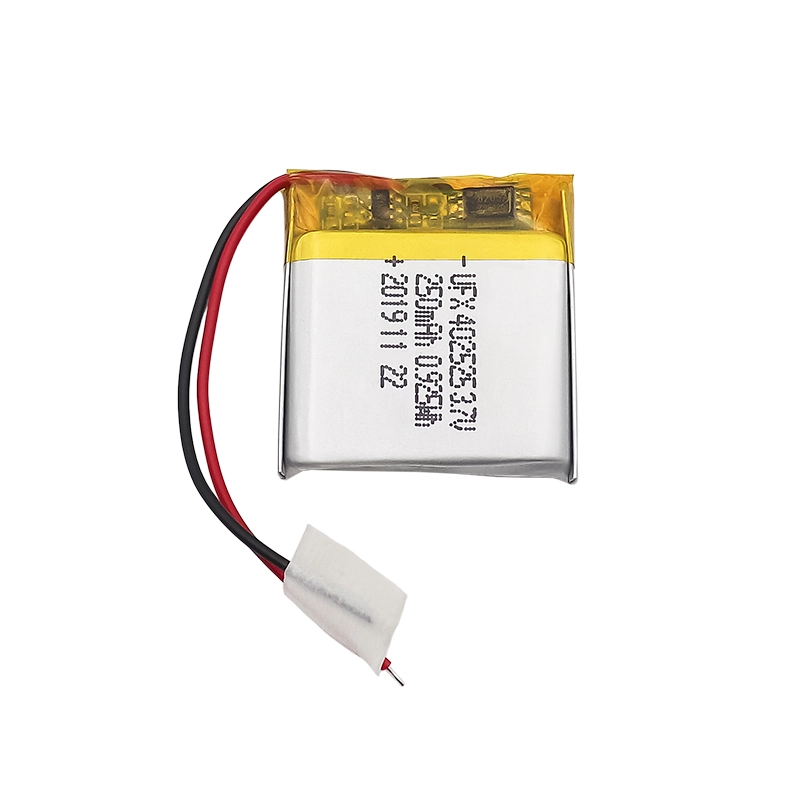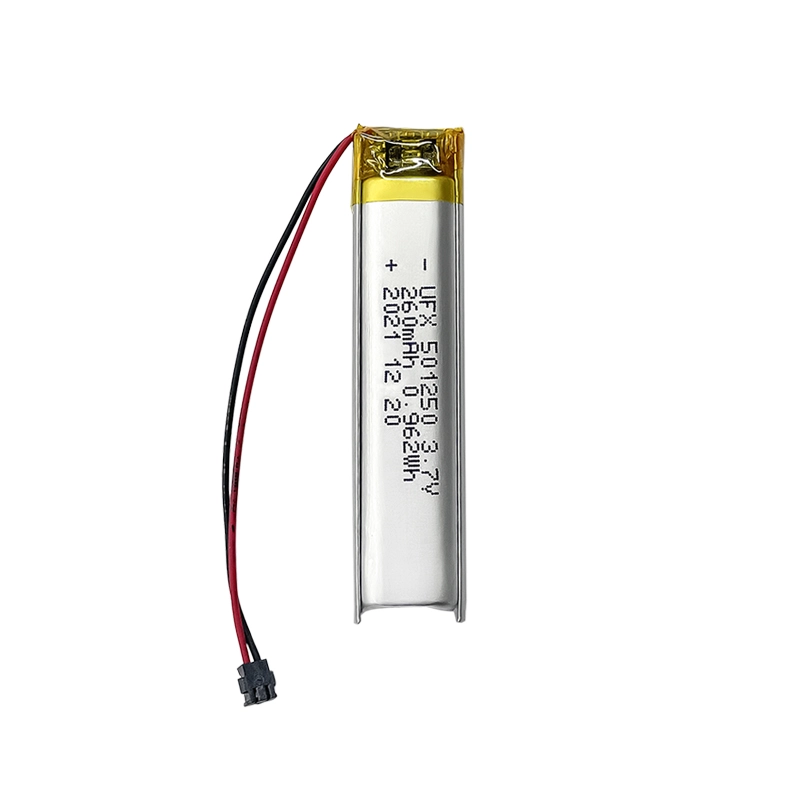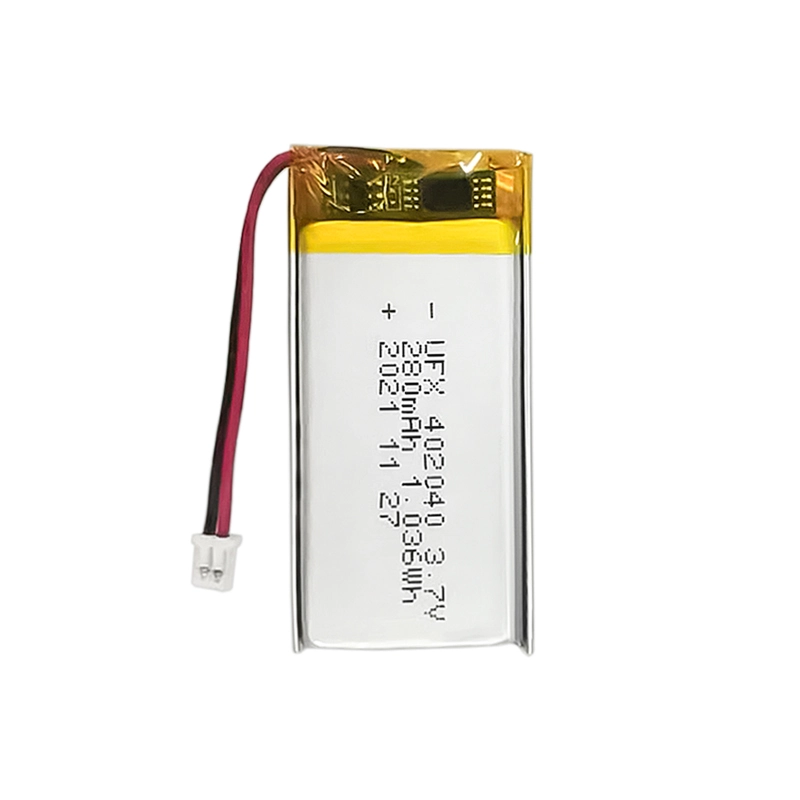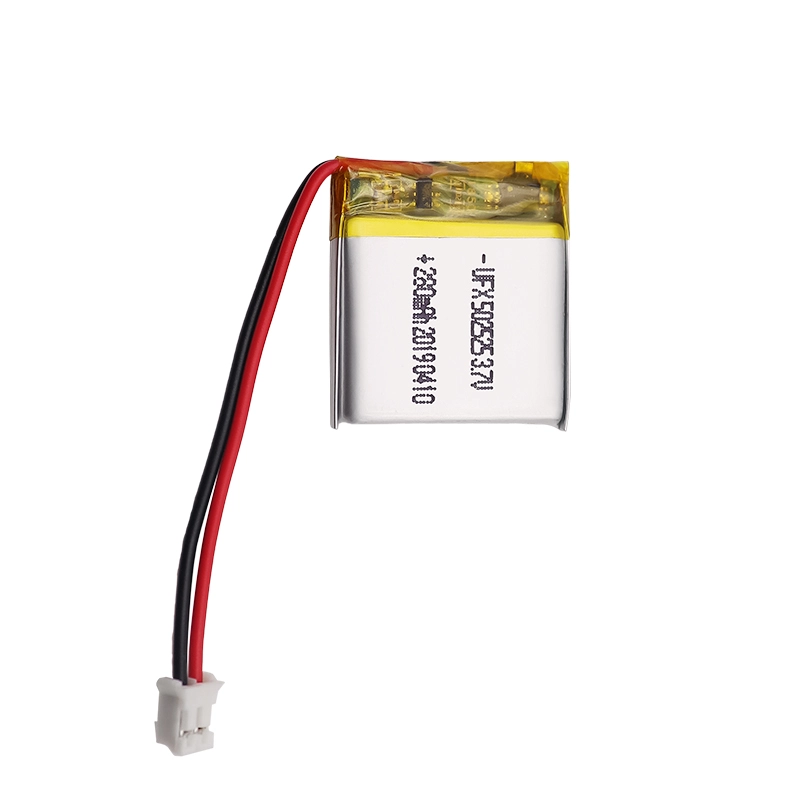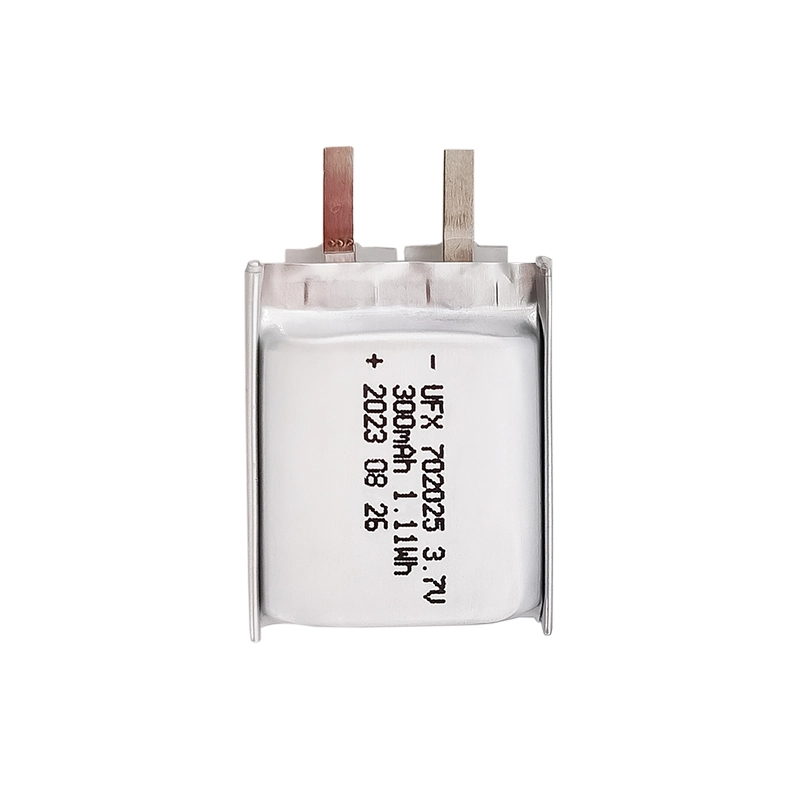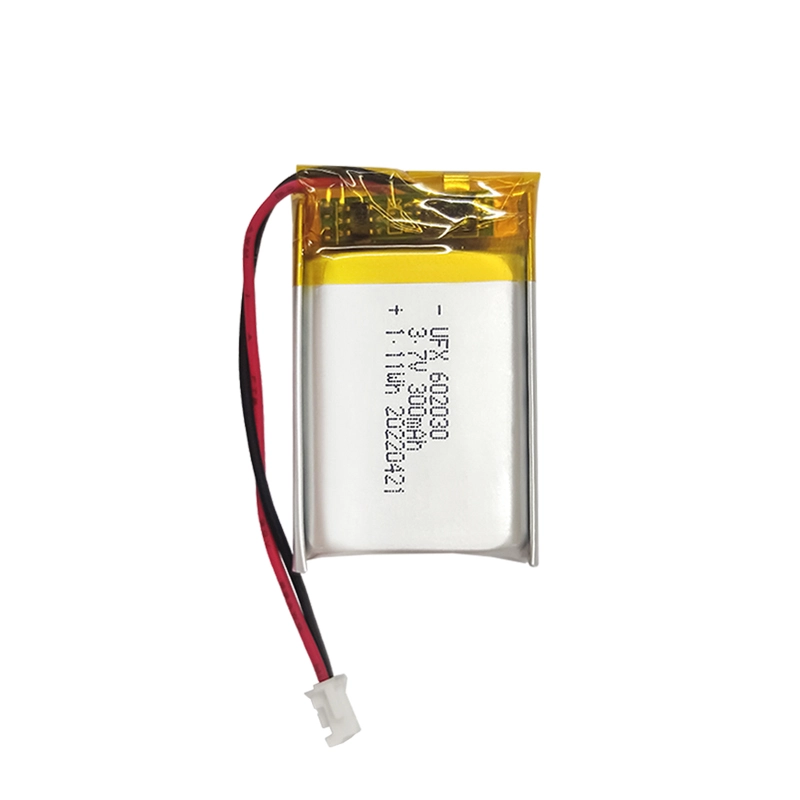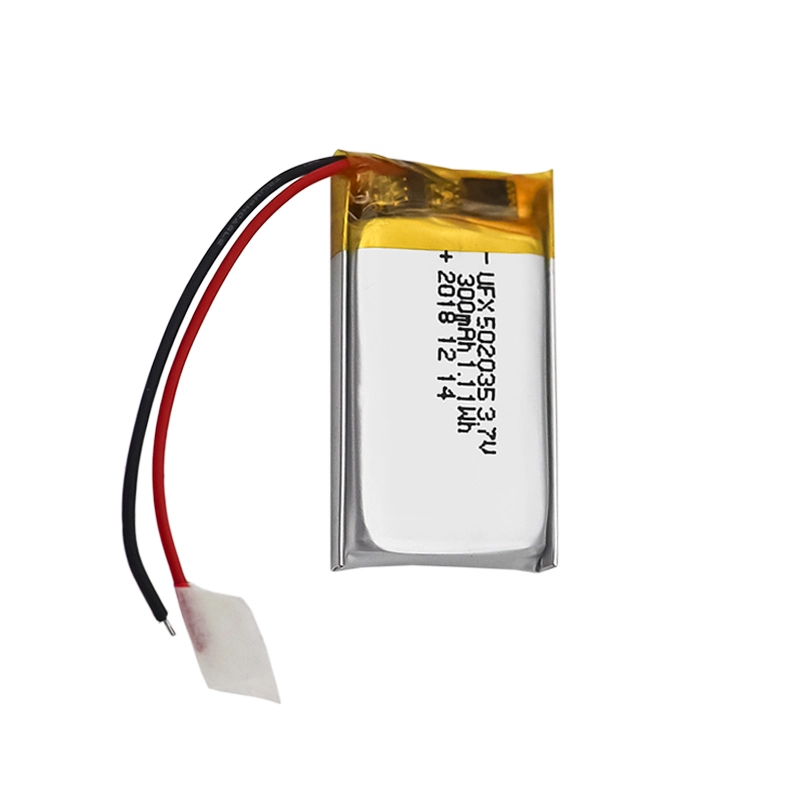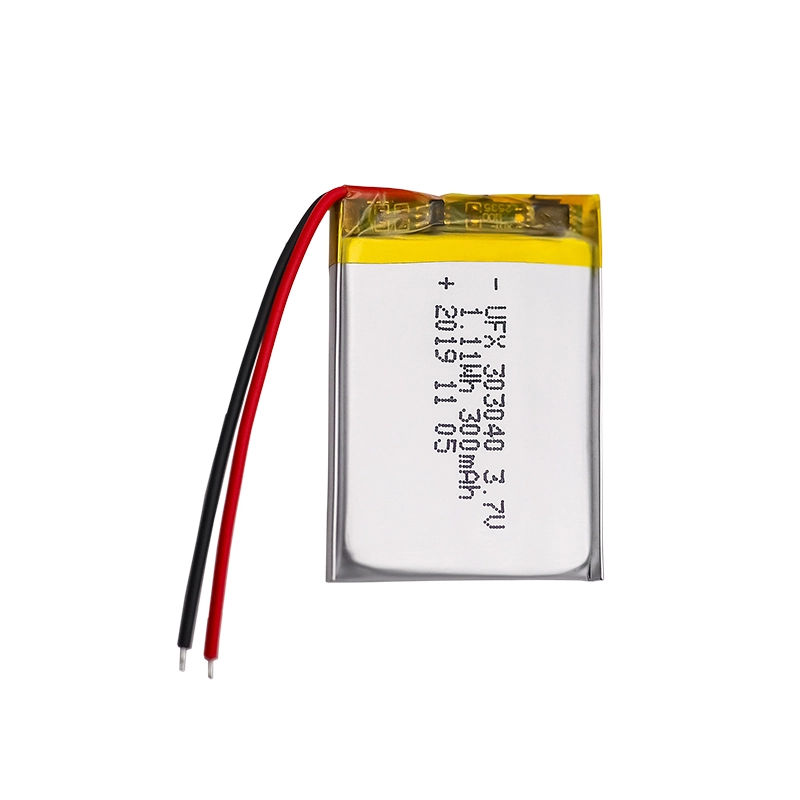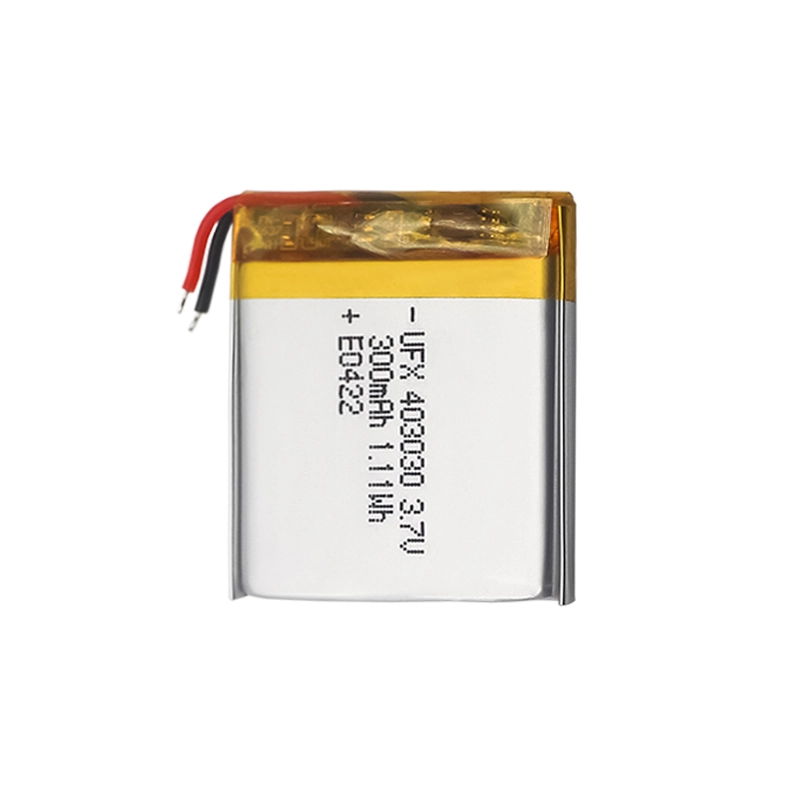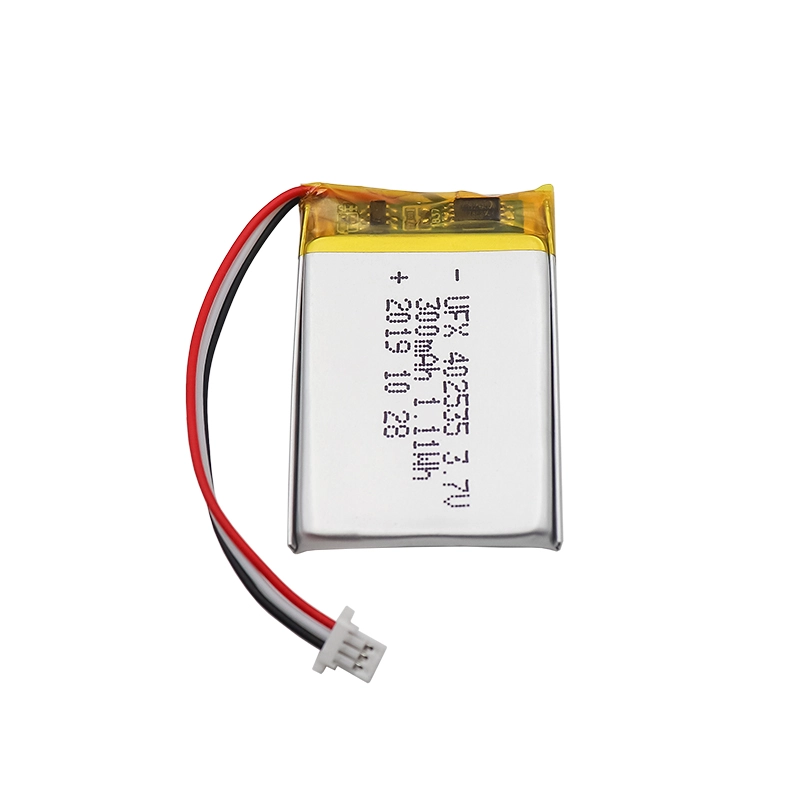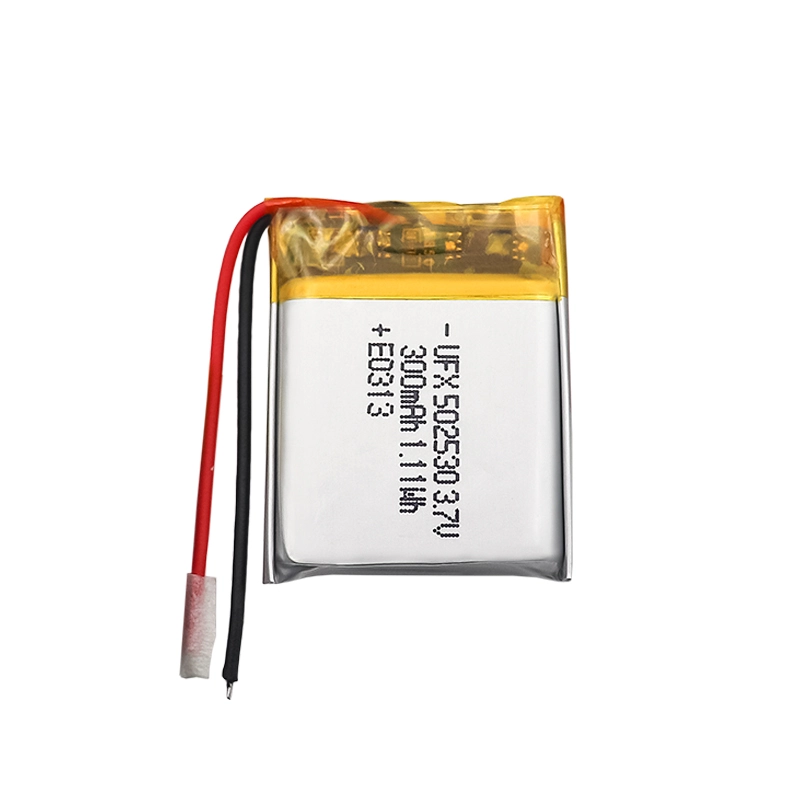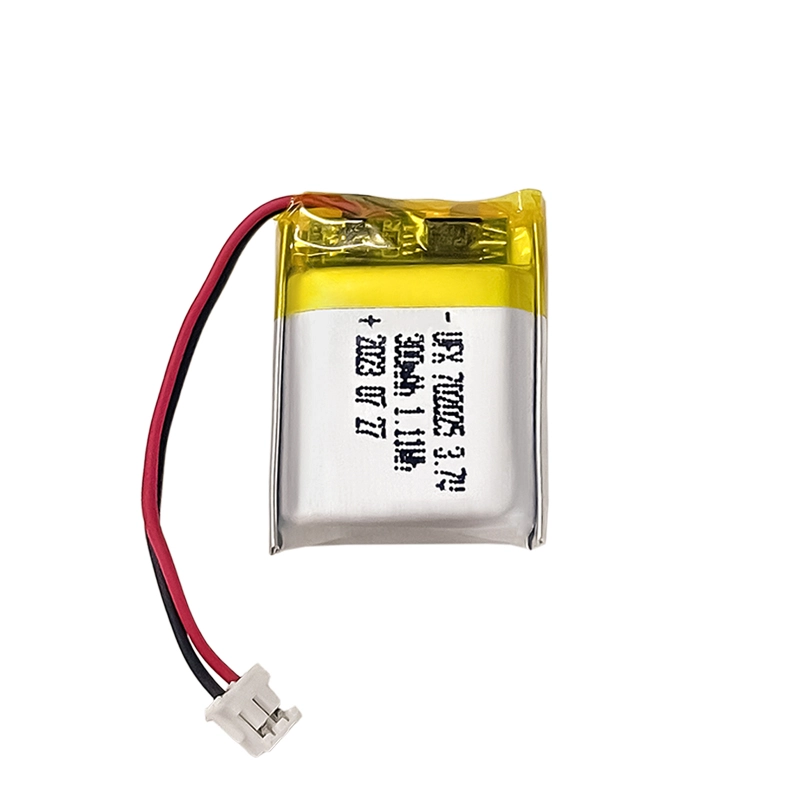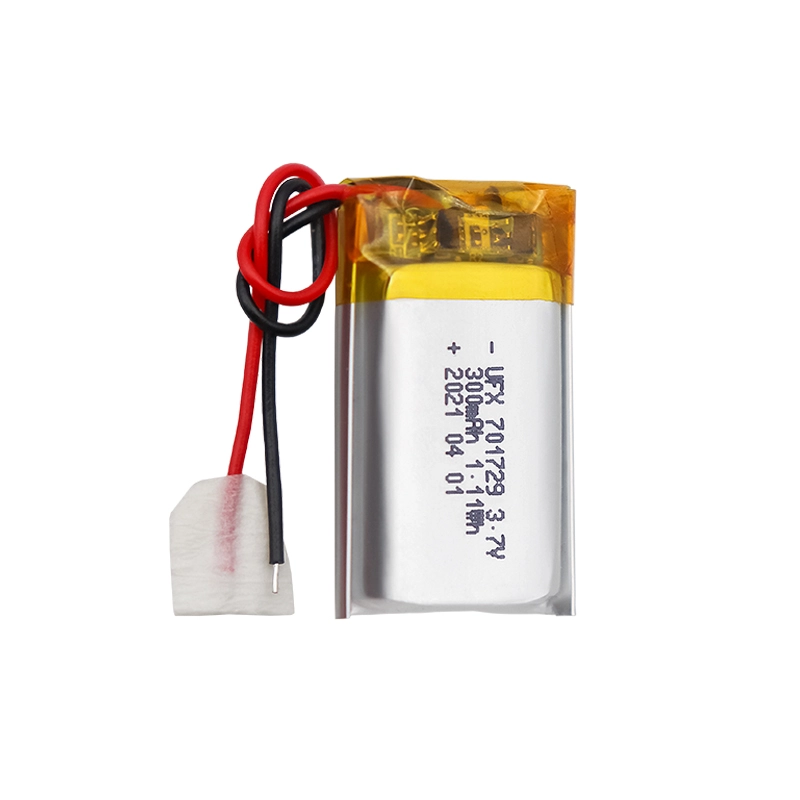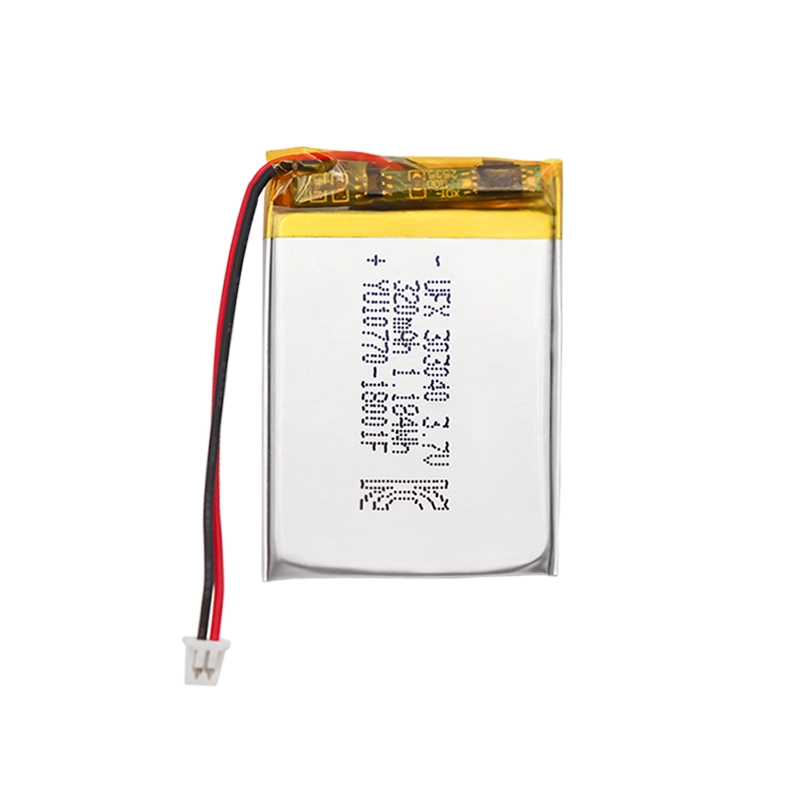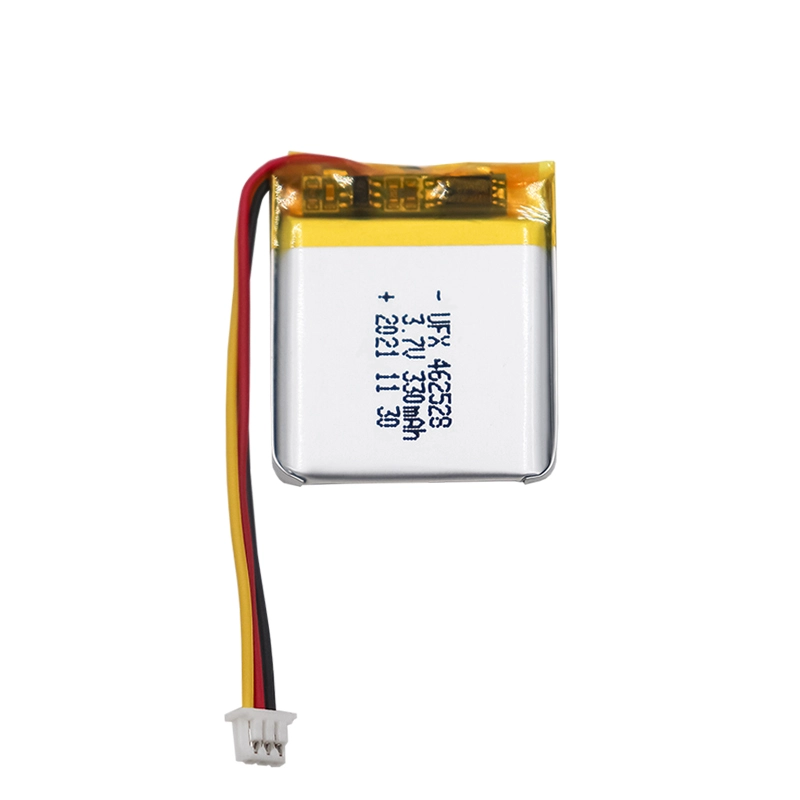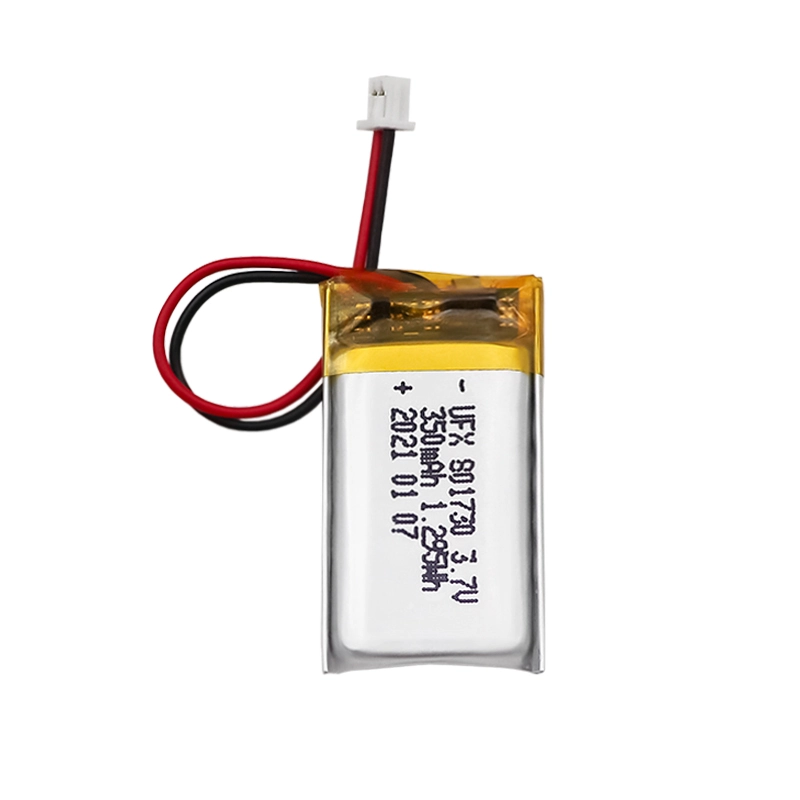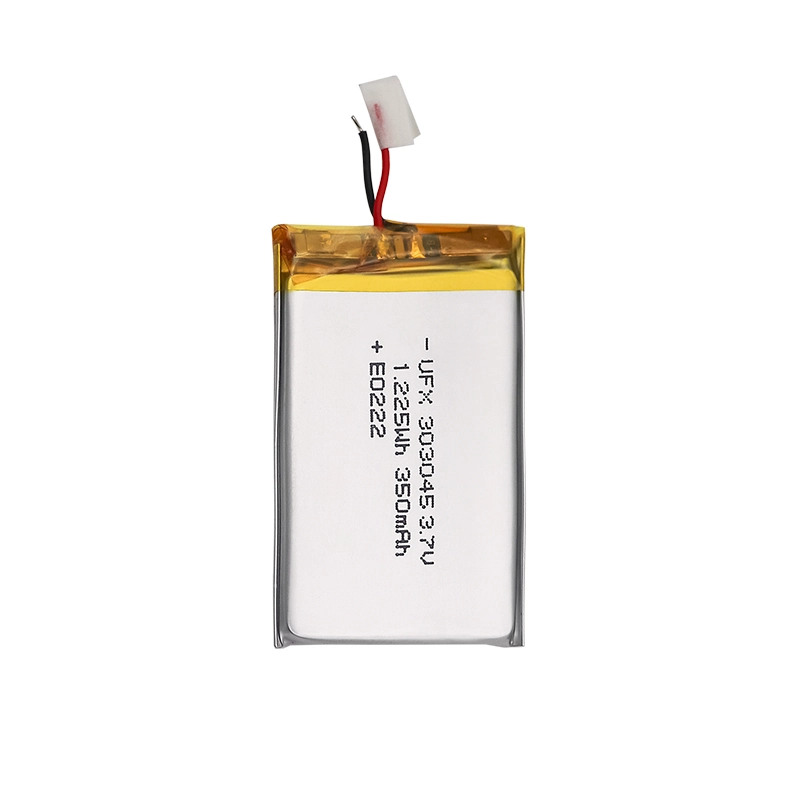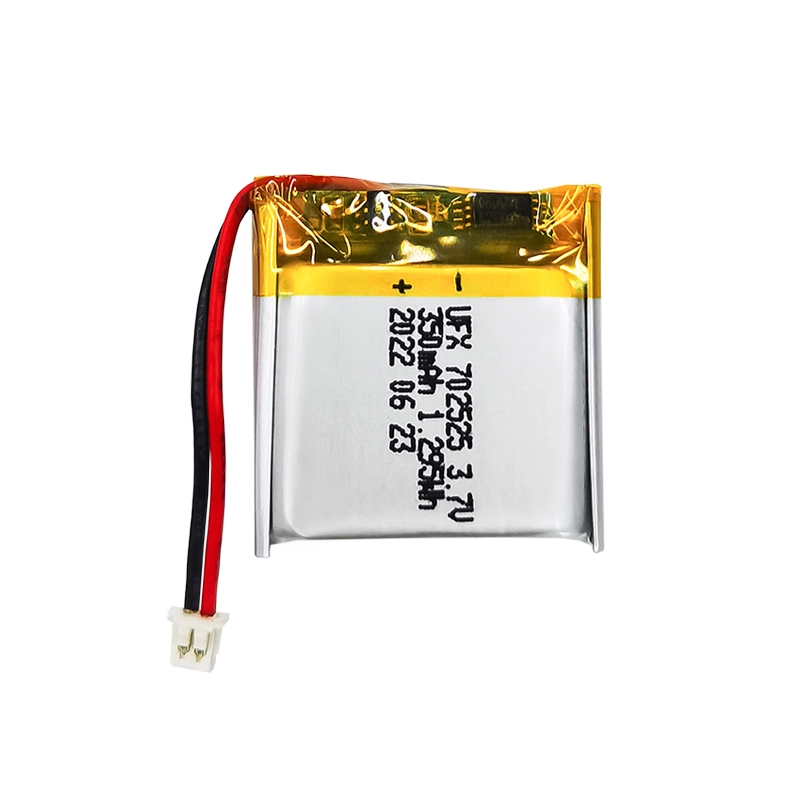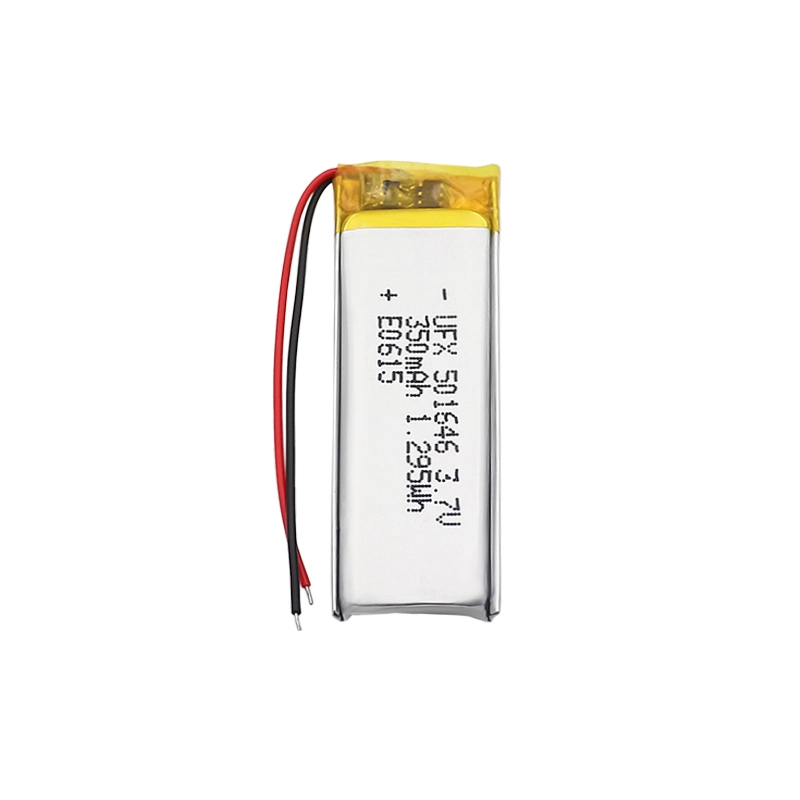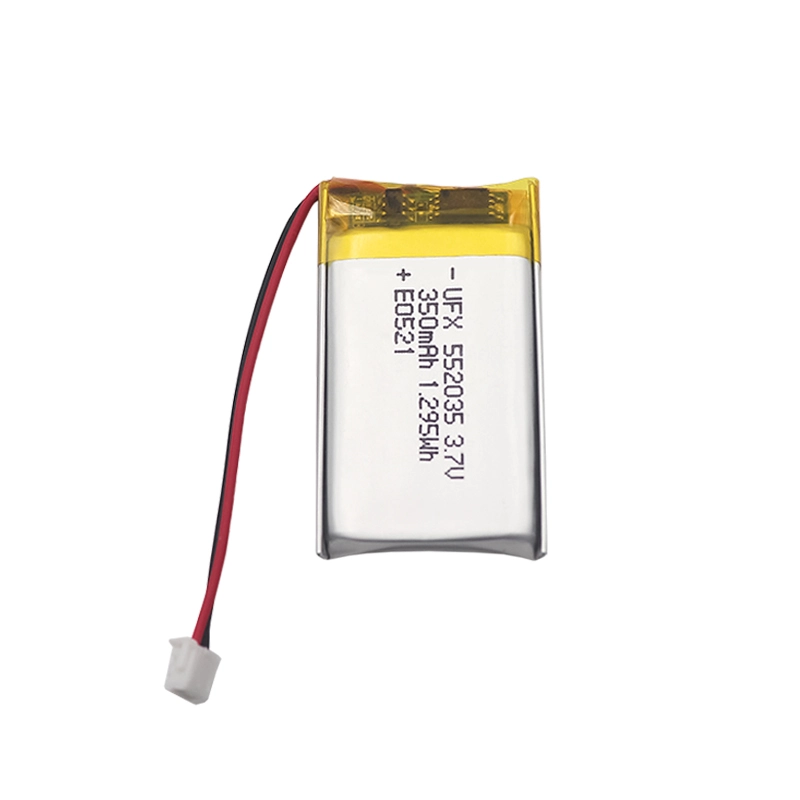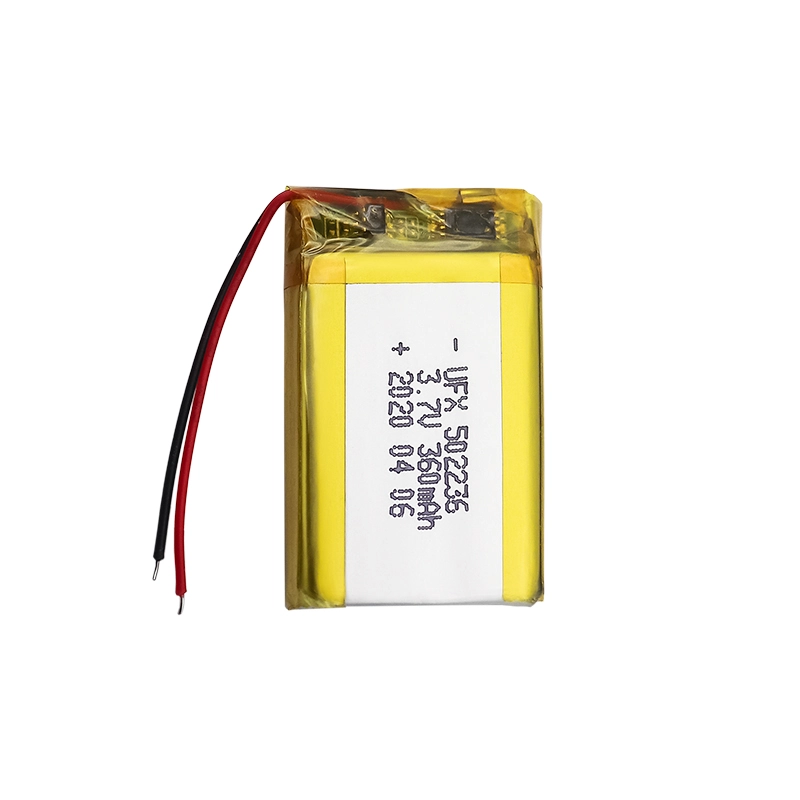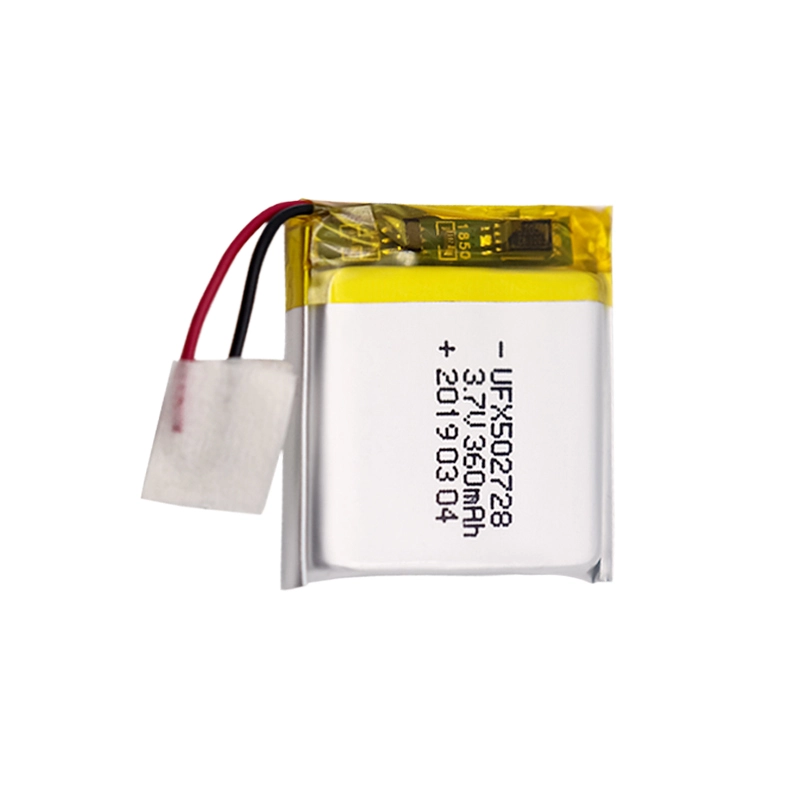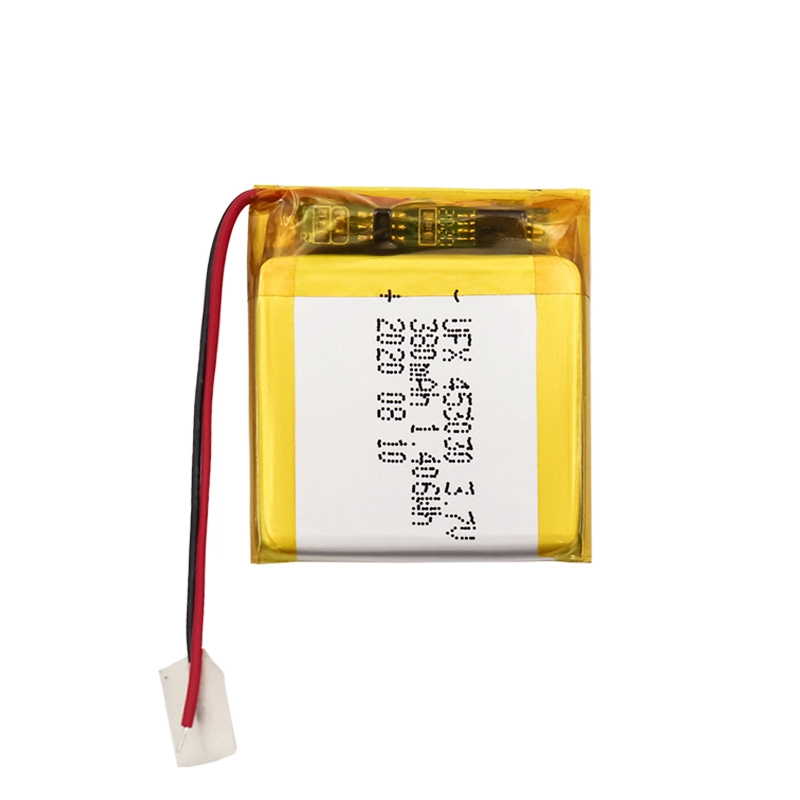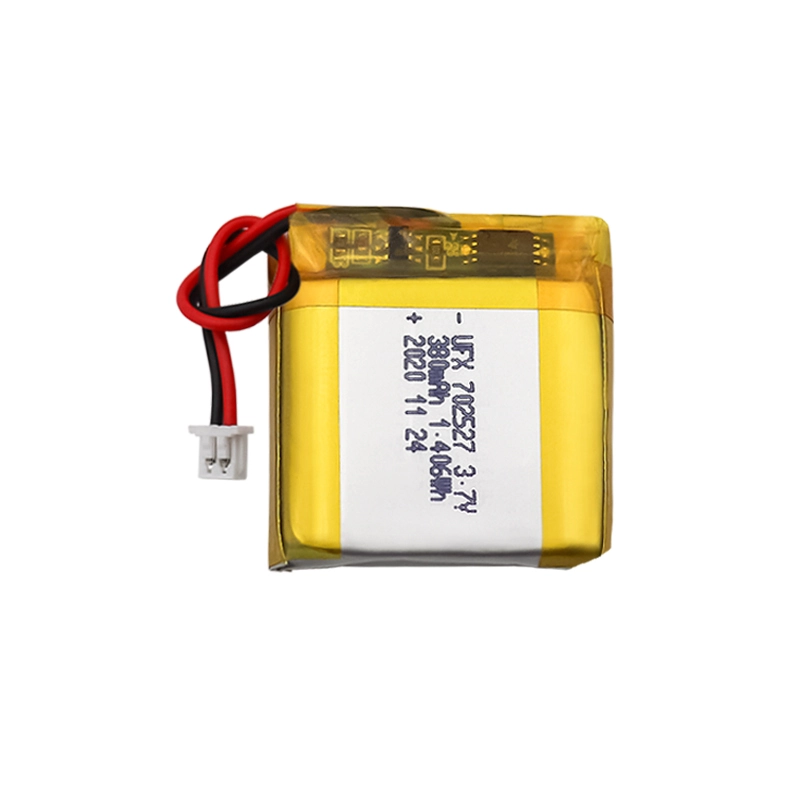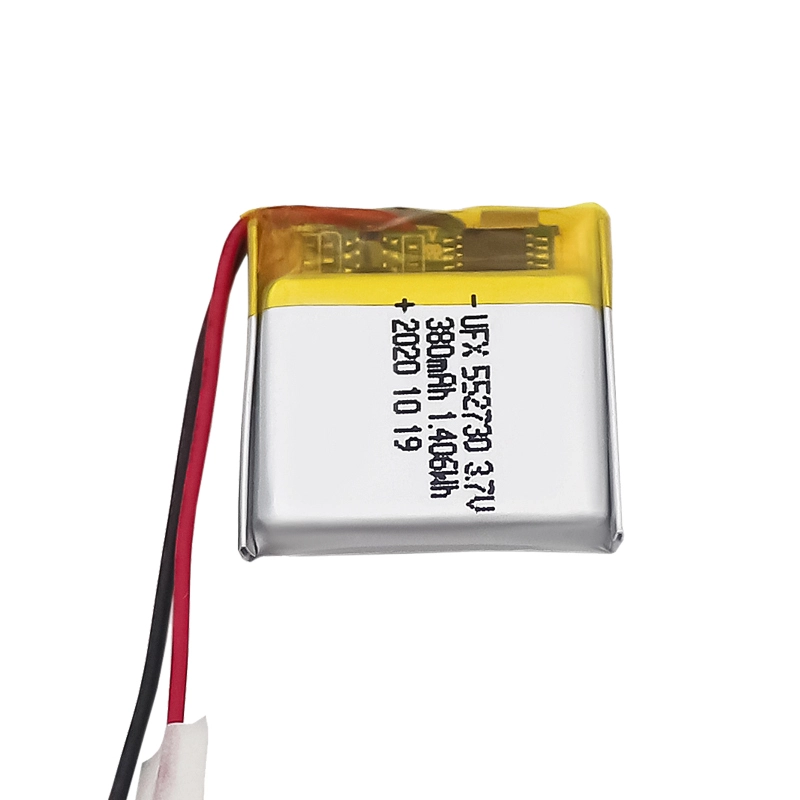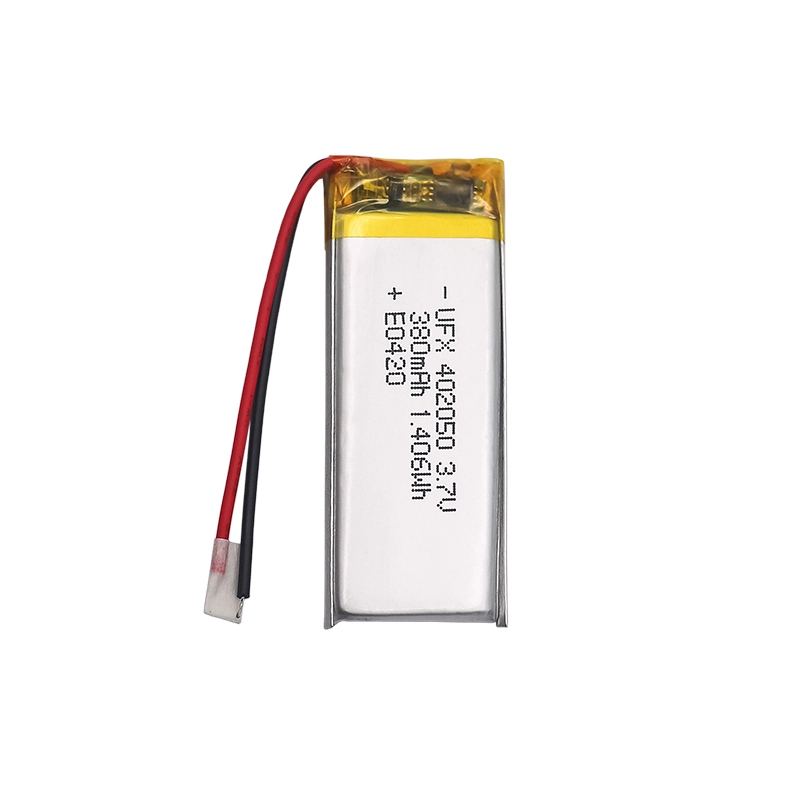Applications of 3.7 V Li-ion Battery 30mAh~500mAh

Laptop Battery
If you're in the business of laptop sales, then you know how crucial it is to have a trustworthy and reliable laptop battery supplier by your side. Choosing the right laptop battery manufacturer can supercharge your business faster!

Alarm Clock Battery
Learn how to select the right battery for your alarm clock. Explore battery types and tips for longer life. Don't miss this guide!

Remote Control Battery
Learn about remote control batteries, including types and tips for extending battery life. Get the most out of your devices today.

Forehead Thermometer Battery
Typically using a lithium-ion battery as the power source for the Forehead Thermometer Battery, users can easily recharge the battery without having to replace it frequently, ensuring reliable operation of the forehead thermometer.

Makeup Mirror Battery
LED makeup mirrors have built-in LED lighting to provide even and dimmable illumination for applying makeup. These mirrors require a power source to drive the LED lights, and the LED Makeup Mirror Battery is a battery for this purpose.

Glucose Meter Battery
Blood glucose meters play a crucial role in monitoring and managing diabetes. The battery powering your glucose meter is essential for accurate and reliable readings.
Related Articles
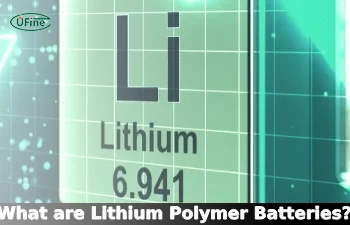
What are Lithium Polymer Batteries?
The lithium polymer battery, or polymer lithium battery, is a high-energy chemical battery known for its miniaturization and lightweight design.
2024-1-4 Ufine
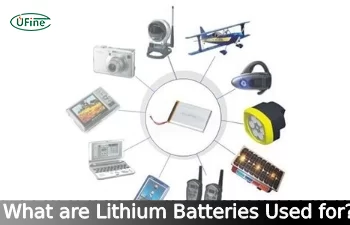
What are Lithium Batteries Used for?
Lithium batteries are vital in industries, powering portable electronics with light weight, high energy density, and durability for modern applications.
2024-1-18 Ufine
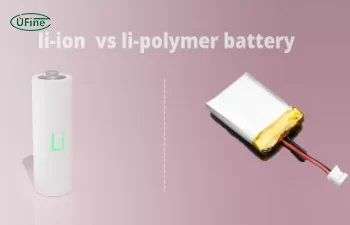
Lithium-ion vs Lithium Polymer Battery: Which is Better?
Compare lithium-ion and lithium polymer batteries in terms of energy density, safety, lifespan, and applications. Learn which battery is best for your device!
2024-1-18 Ufine
FAQs About 3.7 V Li-ion Battery 30mAh~500mAh
-
What applications are best suited for thin film batteries?
Thin film batteries are perfect for applications in wearable technology, smart devices, and any product where size and weight are critical factors. They provide reliable power without adding significant bulk. -
How do I know if a thin film battery is right for my product?
To determine if a thin film battery is suitable, consider your device's size, power requirements, and usage conditions. Ufine Battery's team can help you assess your needs and select the appropriate thin battery. -
Can I customize a curved battery for my smart ring?
Yes, Ufine Battery offers customization options for curved batteries, allowing you to tailor the size, voltage, capacity, and shape specifically for your smart ring design. -
How can I determine if a curved battery is suitable for my device?
To assess the suitability of a curved battery for your device, consider the shape, size, and power requirements. Ufine Battery's experts can guide you in selecting the right curved battery for your smart ring or other wearable devices. -
What does high rate of battery discharge mean?
A high rate of battery discharge means the battery can release its stored energy quickly, measured in current (amperes) or C-rate. It is essential for applications needing rapid power, such as electric vehicles and power tools. -
What is the best battery discharge rate?
The best battery discharge rate varies by application. For consumer electronics, a rate of 0.5C to 1C is usually sufficient. For high-performance uses like electric vehicles, higher rates (2C to 10C or more) may be needed. -
Which battery is best for high temperature?
Lithium iron phosphate (LiFePO4) batteries are best for high temperatures due to their excellent thermal stability and safety. -
What is the high temperature for a LiFePO4 battery?
The high temperature limit for LiFePO4 batteries is around 60°C (140°F) for continuous use. They can handle short-term exposure up to 85°C (185°F). -
Can low temperature batteries be charged in cold conditions?
Yes, many low temperature batteries can be charged in cold conditions, but charging rates may be reduced to protect the battery's health. It’s important to refer to the manufacturer's guidelines for optimal charging temperatures to ensure safety and longevity. -
What applications are suitable for low temperature batteries?
Low temperature batteries are ideal for applications such as outdoor power tools, winter sports equipment, electric vehicles in cold climates, and any devices that may be used in frigid conditions. Their design ensures reliable performance where traditional batteries may fail.
